When you think of “gay slang,” what particular phrases first come to mind? Is it the affirmative, supportive, and arguably over-saturated shouting cry of, “YAAS QUEEN?” Is it conspiratorially leaning in, asking someone to please, for the love of all that is good, “Spill that piping hot tea?” Is it the countless vocabulary terms that are showered throughout an episode of RuPaul’s Drag Race, where a Drag Queen can be deemed either a “trade” or “fishy” at the drop of a hat? Language is a powerful tool for community organizing and understanding. The queer community has historically had to create their own counterculture vocabulary that subverts traditional mainstream colloquialisms to self-identify covertly.
Language is a malleable and constantly evolving tool of communication that can be shaped to convey the intended message. One powerful and recent language example is how non-binary folx can also commonly be referred to as “Enby,” referencing the “N” and “B” in “non-binary”. By using the phrase “Enby,” it places the user in the cultural know and will check the targeted recipient on their understanding.
Gay slang is filled with cultural layers and nuance. It has existed for centuries, its phrases often eventually permeating mainstream culture with apt description. These terms are usually learned through the osmosis of cultural exposure. This language is not intuitive. It was historically used as a powerful way to challenge the status quo while also staying safe. It combines bits and pieces of different marginalized groups throughout history into a more extensive umbrella term of meaning.
An Abbreviated History Lesson on Polari
Polari is the secret language that walked, so gay slang today can run. It was used as a verbal wink, setting a secret tone in conversations of if you know, you know. Polari became popular during the early 20th century amongst gay men in Britain. It includes nuanced reference layers across different races, ethnicities, social classes, genders, and sexual identities. It is an umbrella term for the language that banded together those who found themselves living on the outskirts of heteronormative society.
Unfortunately, Polari’s origin story is fuzzy, as gay slang was not taken seriously as a source of study until recently in history. It mainly traveled through word-of-mouth, leading to different pronunciations and spellings of commonly used phrases. This adds to the inclusivity of the language -- it is about transcending order and conveying meaning. One of the earliest written uses of Polari language is in Shakespeare’s Henry IV Part II, where he uses the word “bona,” meaning “good,” or “attractive” (Think of the phrase “bona-fide,” as in, “They are a bona-fide babe”).
The word “polari” comes from the Italian word “parlyaree,” which is slang that originates from groups who typically work on the margins of traditional society, such as circus and fairground people, buskers, traveling salespeople, sex workers, and those living in poverty. Popular phrases began to pop up in music halls in the late 1800s, becoming known as “Palarie.” Combining the vernaculars of sailors with a mix of Cockney and Yiddish influences, gay men also began to throw in a sprinkle of classroom-level French to add either sophistication or an ironic tone of refinement, whichever the speaker chooses. Polari encompasses camp, irony, counter-culture, and community all in one.
Anti (As In Anti-Language, Not The Amazing Rihanna Album)
Gay slang is culturally considered to be a prime example of the power of anti-language. Anti-language, a phrase coined by the famous linguist Michael Halliday, can be defined as a verbal or non-verbal language most commonly utilized by individuals who find themselves living on the outside margins of the mainstream societal human experience. The use of anti-language can both highlight or further define specific elements or situations that might not hold a significant interest in the heteronormative societal vocabulary. The effect of anti-language is the verbal creation of an alternative cultural value system.
For example, the majority of cis straight folx living in late 1800s Britain were probably not throwing around the phrase “Sea Queens” very much in conversation while speaking with each other. It is very likely that they would even really know what that phrase means. But if you were to drop the lingo “Sea Queen” in a casual conversation with, say, some late 1800s gay sailors, it is incredibly likely that they will know exactly what you are talking about. And so we are all in the know together, the phrase “Sea Queen” refers to male sailors who have sex with other men specifically while at sea.
Humor is a potent communication tool often used in gay slang as a good-natured and covert tactic of initiating new people into understanding the queer perspective. This is why gay slang is so often filled to the brim with sexual innuendo. After all, if people are laughing, then that means they are listening.
The Important Influence Black Femmes Have on The Evolution of Gay Slang
The Black femme community is a historically powerful and influential contributor to the evolution of gay slang. The umbrella term of Black femme can encompass many different lived experiences, backgrounds, ideologies, and biologies. Black ciswomen, Black transwomen, and queer Black men who embody feminine affectations contribute to the Black femme cultural canon. Each individual is equally valid in their contribution to what it means to be Black and femme.
So many popularized phrases and references in queer canons, such as the aforementioned “Yaas Queen!” to the powerful and punctuated hair flip, can be traced back to Black femme culture. Gay slang, once a subversive expression of activism, has permeated the barriers of heteronormative culture time and time again. As is often the case, that which was once rejected by the mainstream is noticed, revered, and ultimately co-opted. While visibility is a powerful tool, it is important to pay respect and remember where our language comes from.
The Future Of Gay Slang
Queer slang has never been more visible and sampled by mainstream Western culture than in today’s times. All it takes is one trip to Target to see the overflowing amount of Pride merchandise available for purchase, emblazoned with ‘Yaas Queen!’ in rhinestones, or turn on an episode of Comedy Central’s “Broad City.” Even Bernie Sanders was quoted using the phrase “Throw shade” while discussing events at the Democratic National Convention.
Polari, and gay slang as it is known and referenced today, exists because its language is needed as an act of defiance and cultural resistance against the norm. It was arguably necessary. It’s constantly evolving coded language forming during hard times when being openly gay could be dangerous or criminalized.
The creation and evolution of gay slang are monumental because of its radical linguistic rebellions. They are powerful for successfully validating and connecting those in a similar cultural or personal experience. Slang also has the benefit of being lowkey with its meaning, often going right over the heads of the oblivious and conventional. Gay slang is powerful for its multiple communicational layers. That is an important reason why it has become so pervasive in popular culture today. Gay slang can often hold levels of humor, wit, irony, honesty, and nuance, all in a single turn of phrase.
Key Takeaways on Gay Slang
Gay slang, originally born on the outskirts of society as a means of forming a secret connection between different members of varying ostracized communities, is today rightly valued as a powerful cultural influencer of how modern Western society evaluates and examines art, culture, and media. As gay slang becomes more and more ingrained into the heteronormative lexicon, it is imperative to pay respect by taking the time to understand that there have been centuries of folx who helped give vocabulary to what was previously undefined.
The purpose and power of communication as a medium is to convey a message or meaning to someone else. What is just important is the reception, understanding, interpretation, and subsequent response of the listening party. There must be a common ground found to translate messages back and forth successfully. Gay slang gave vocabulary for conversations that did the mainstream lexicon did not have the language tools for. Language is power, and gay slang is an important element of what is viewed as modern-day communication and the validation of the LGBTQ+ experience.
Sources:
The Secret Language That Broke Taboos | BBC
Do Not Erase Black Femmes In Your History of Gay Slang | Paper Magazine


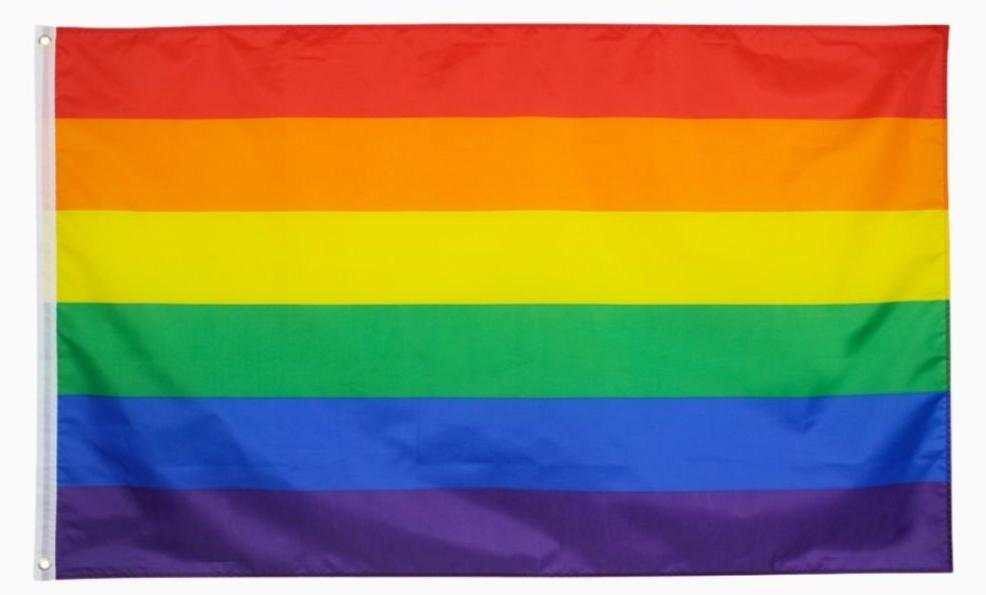
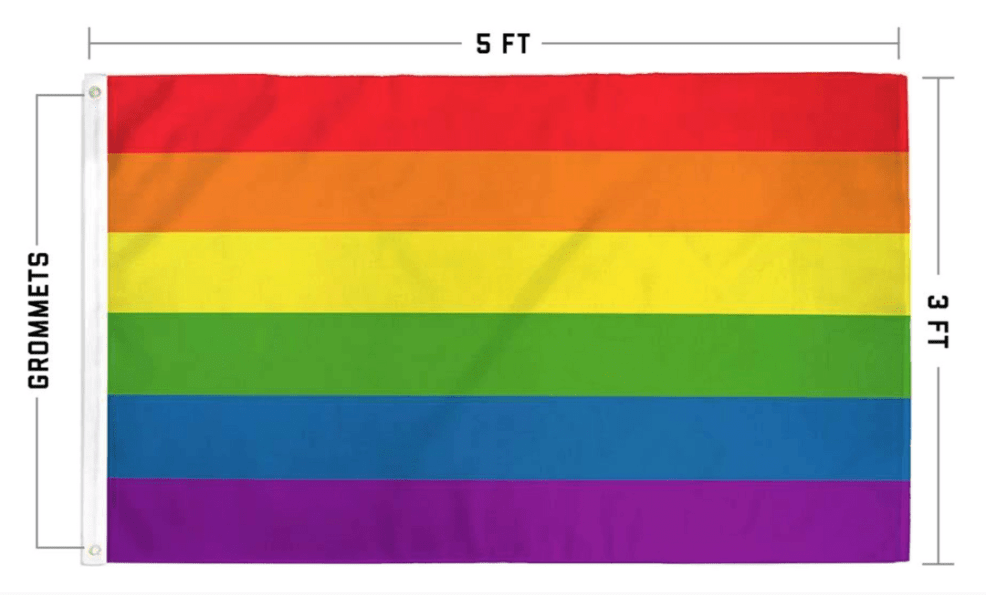
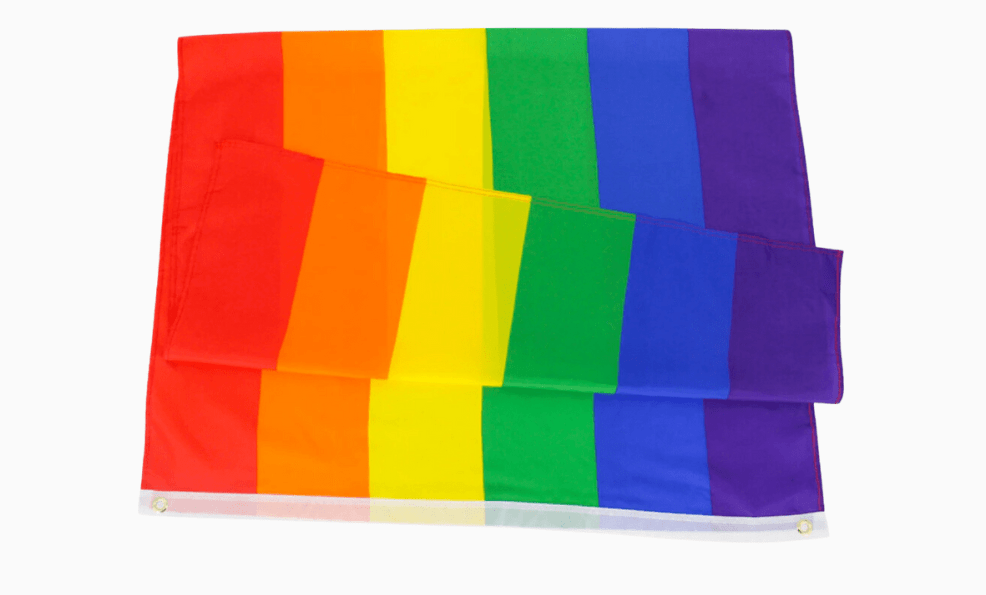
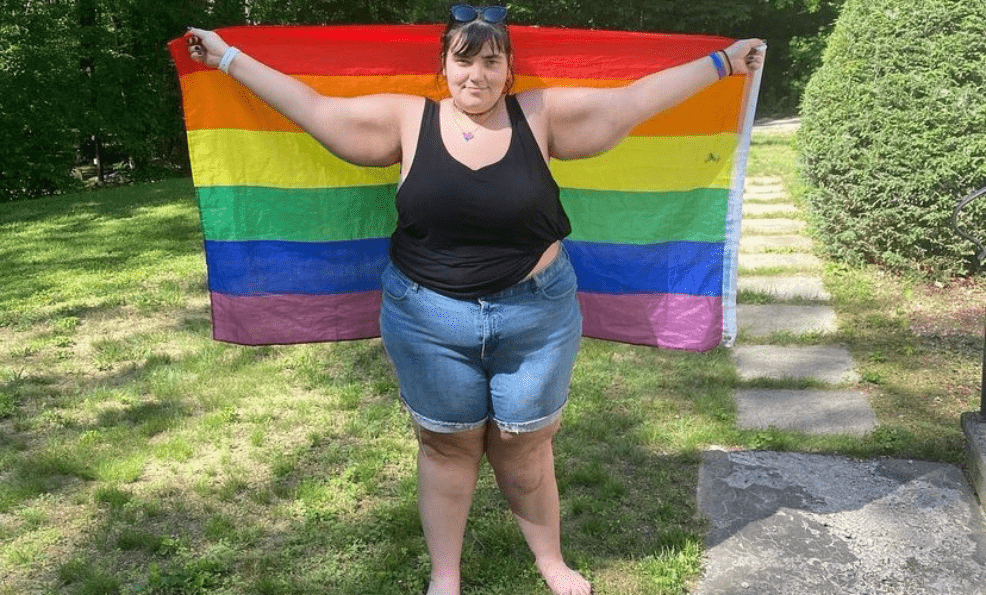

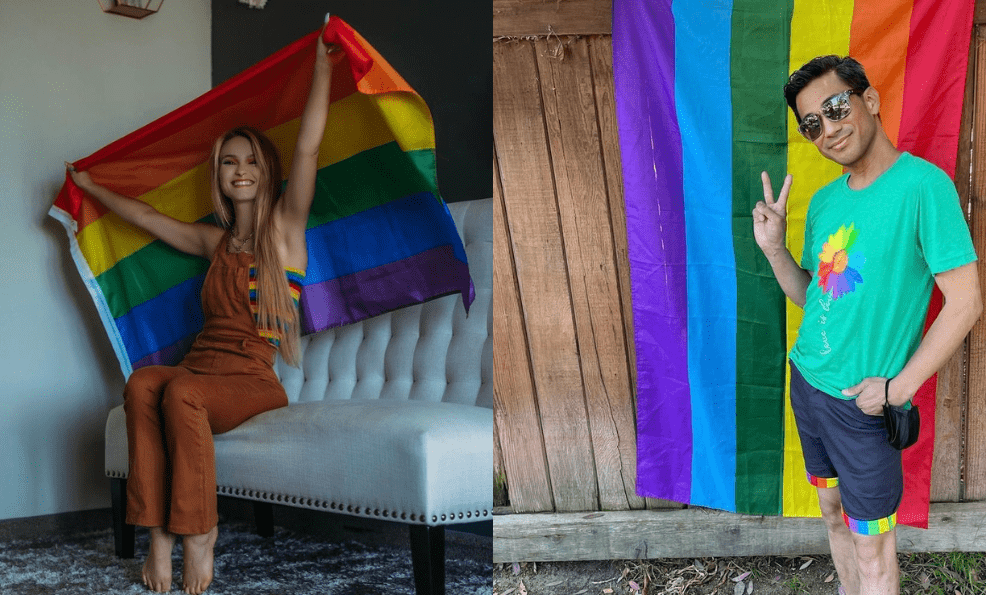
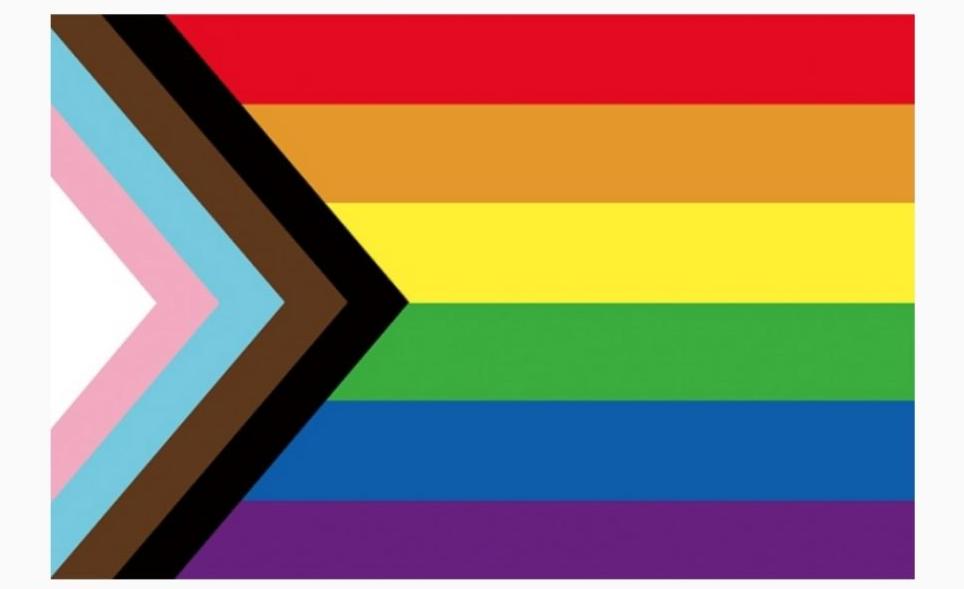
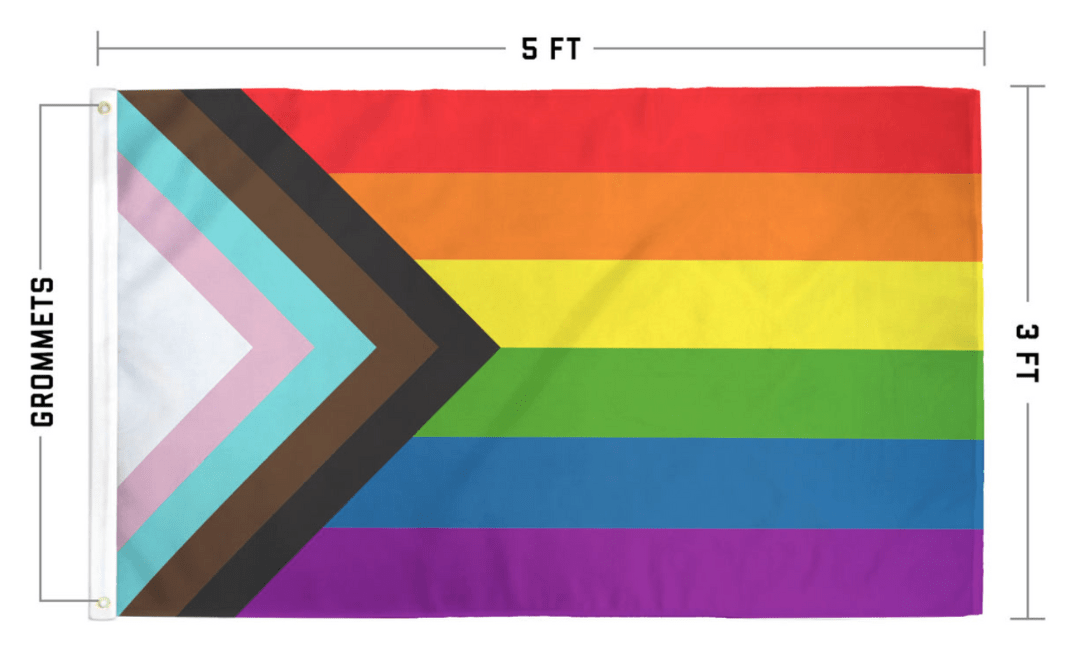
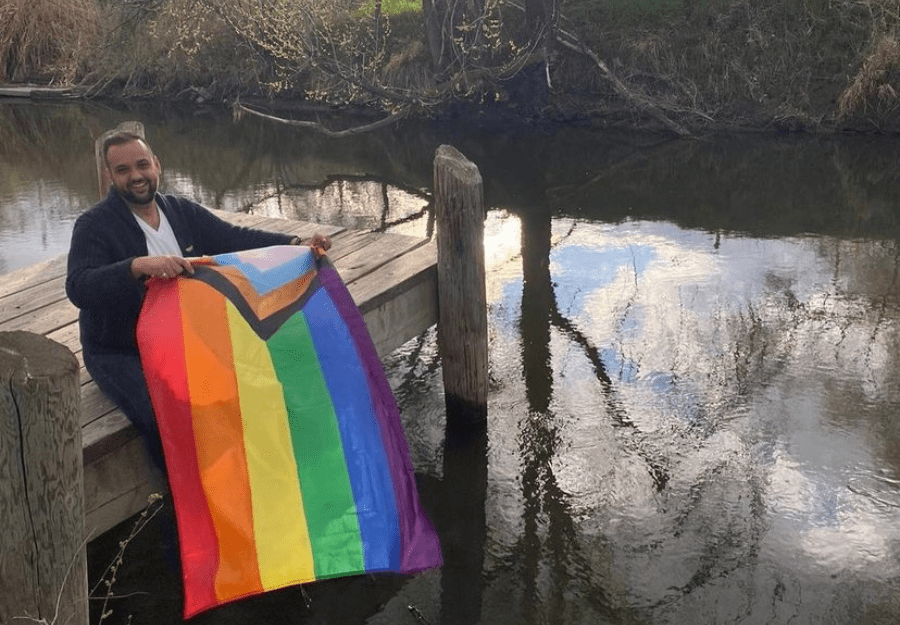
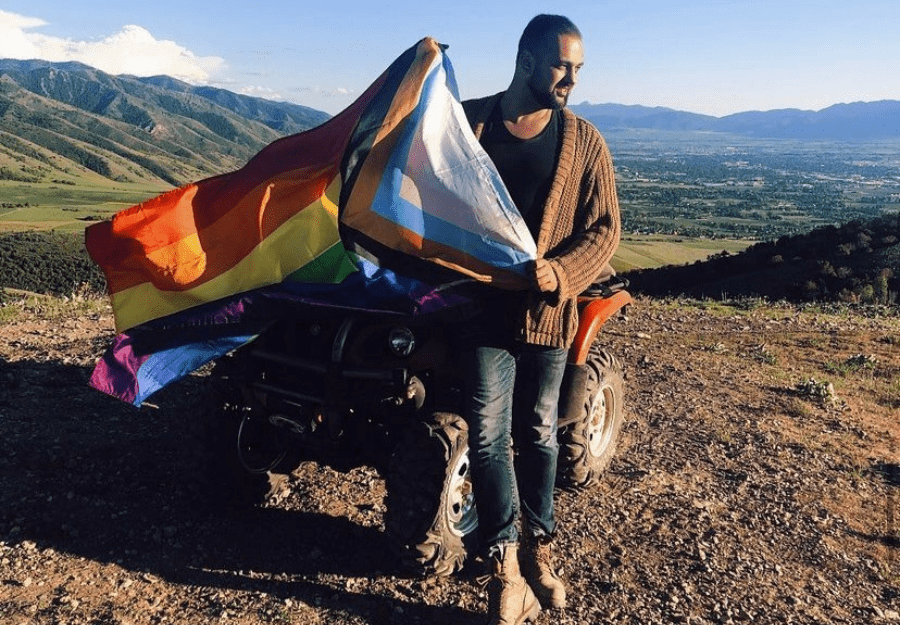
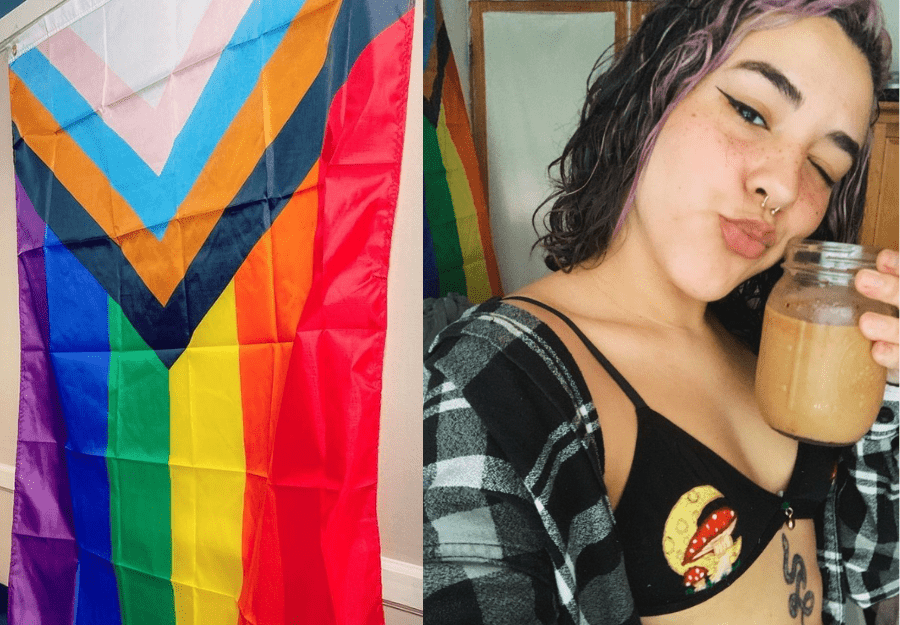
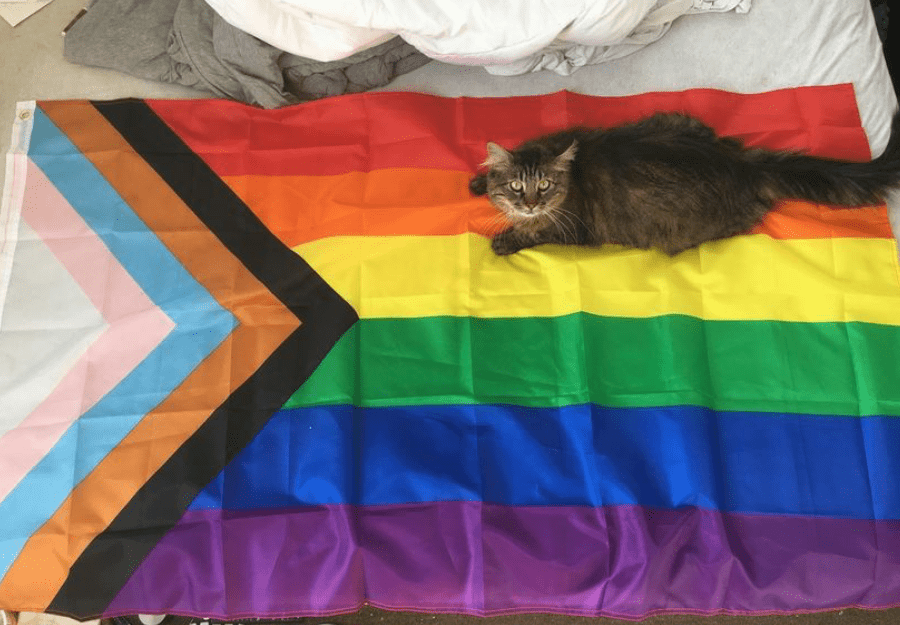
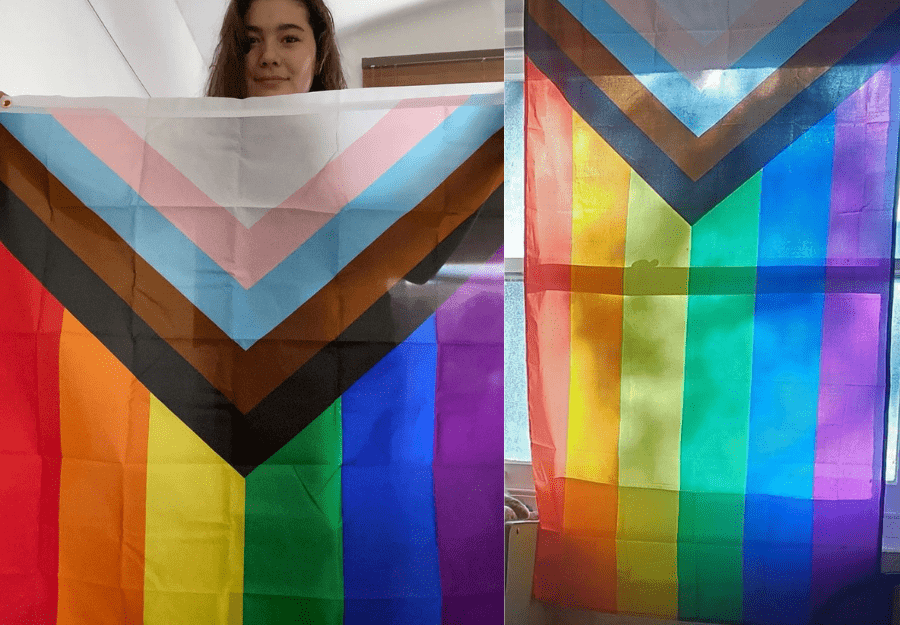
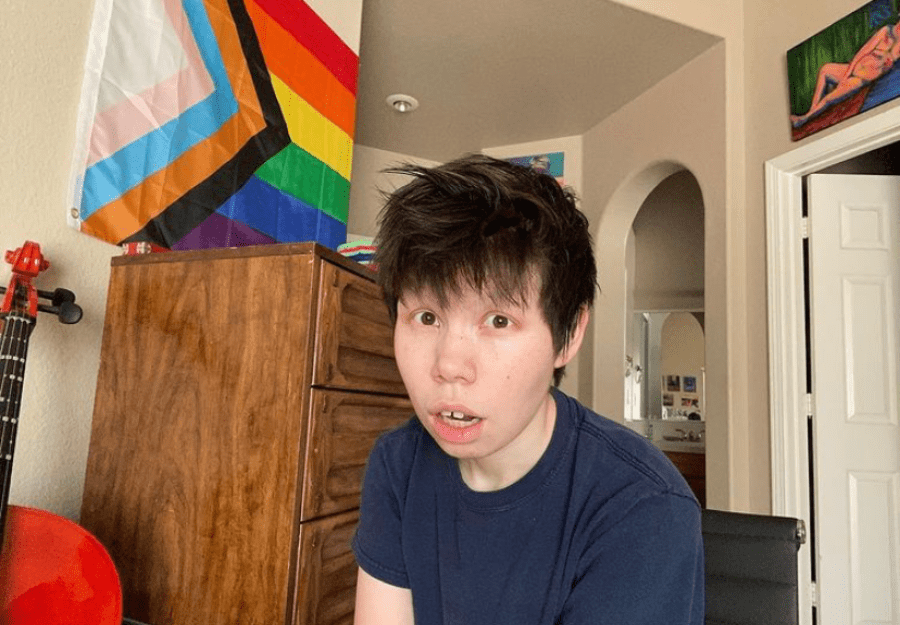
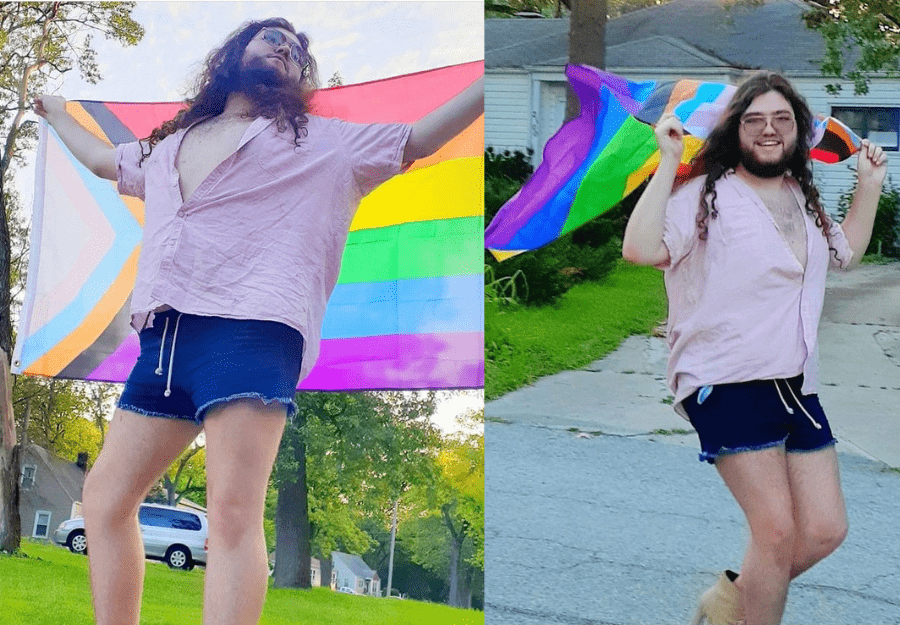
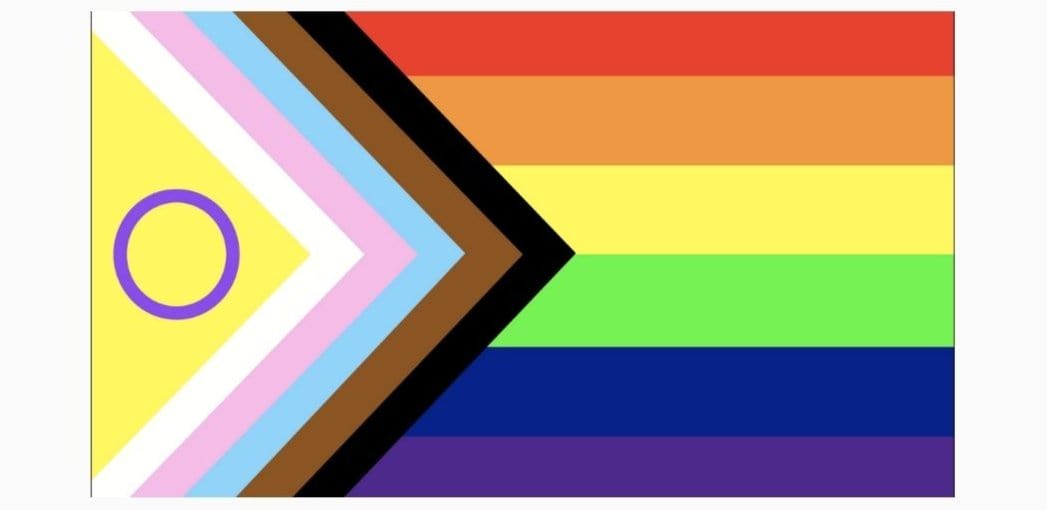
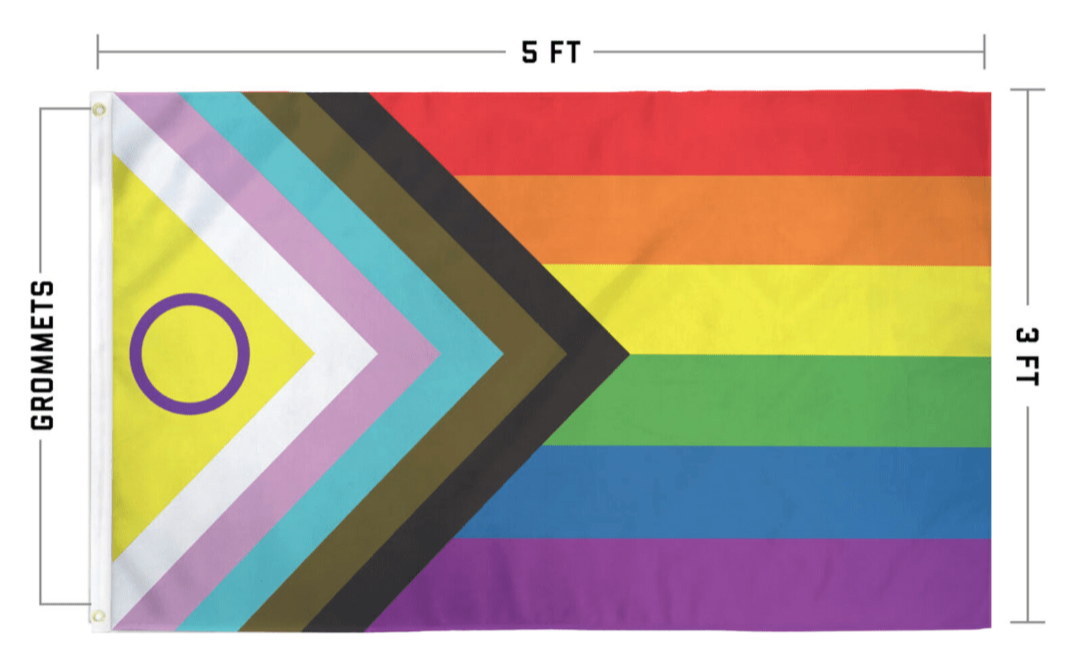
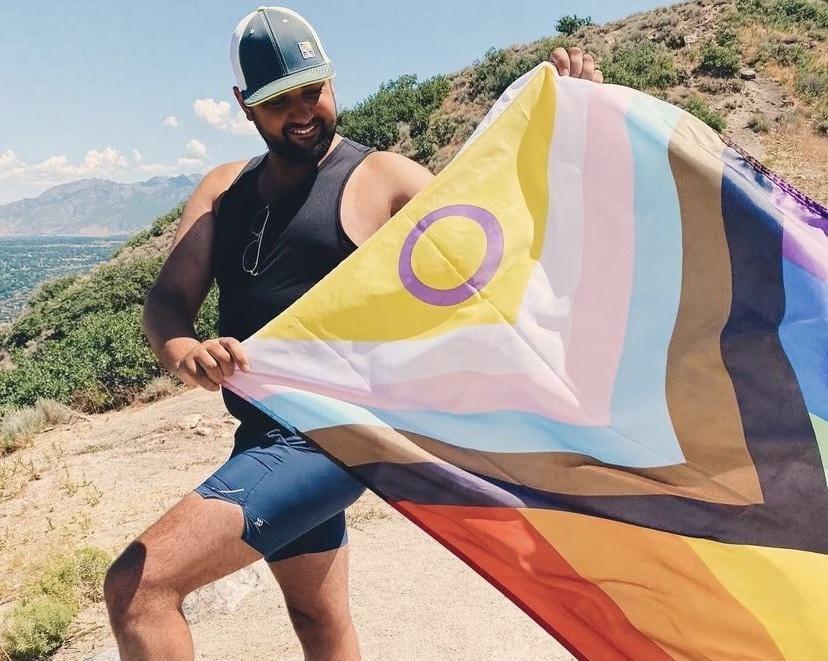
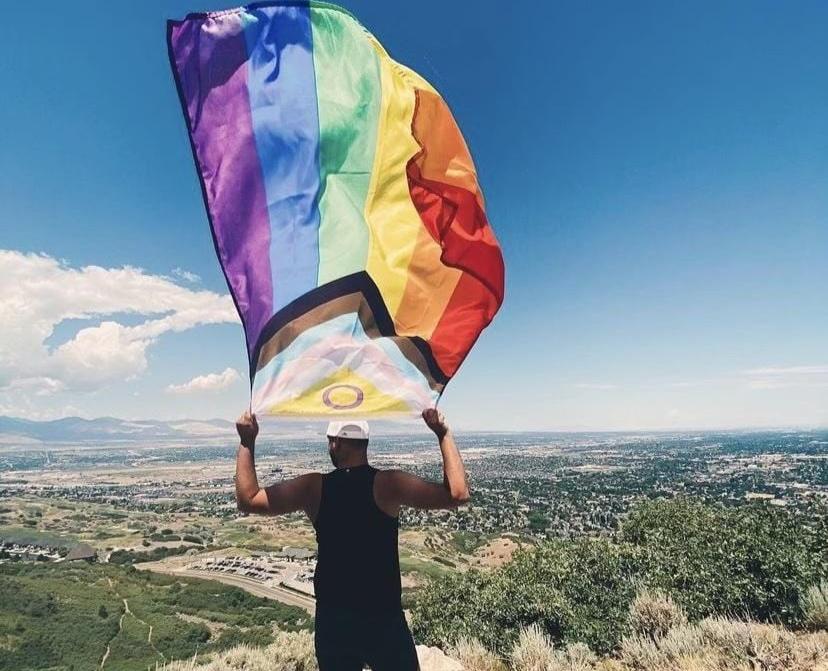
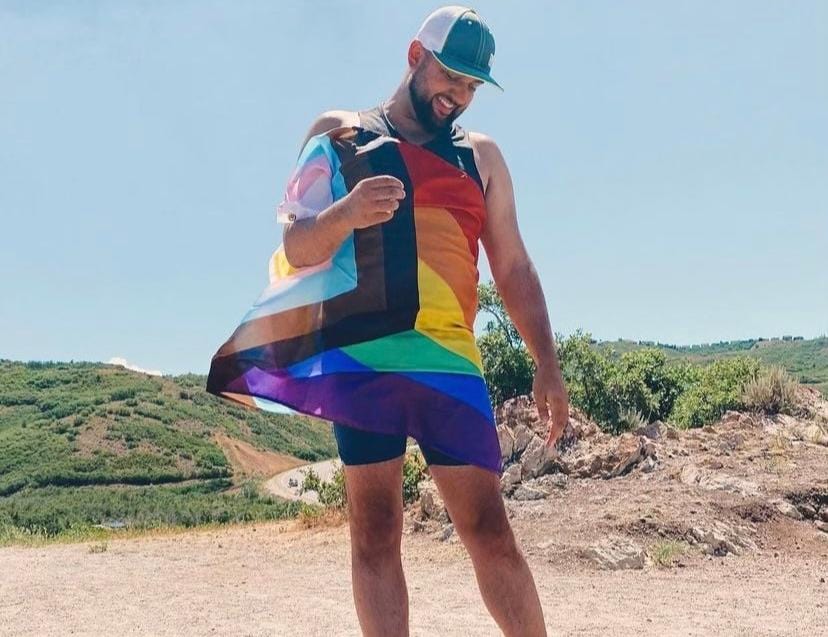
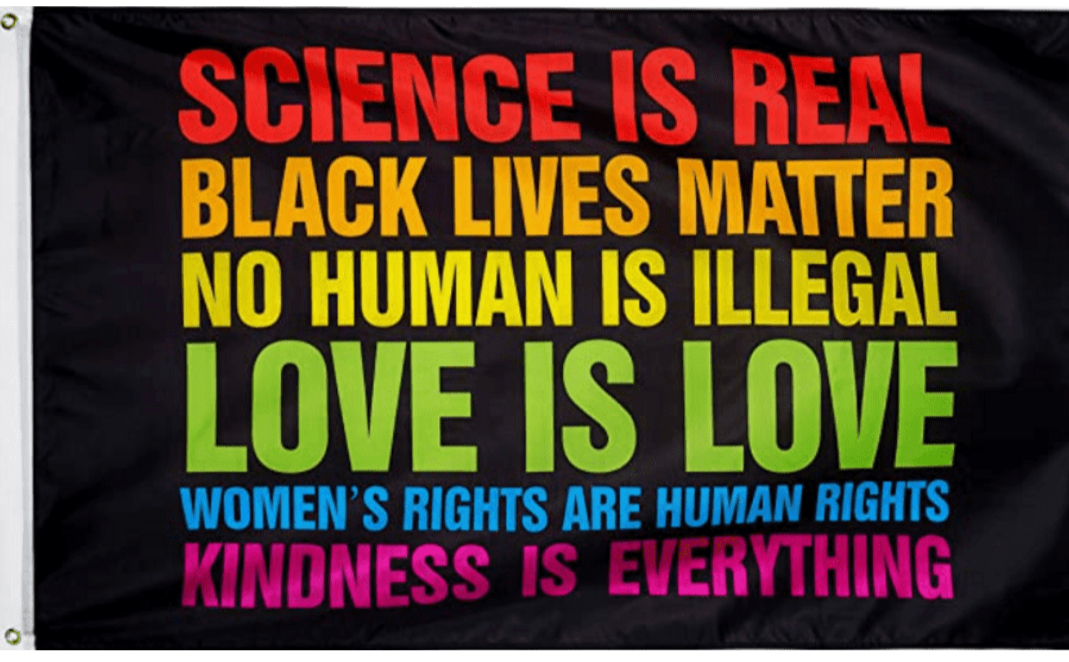
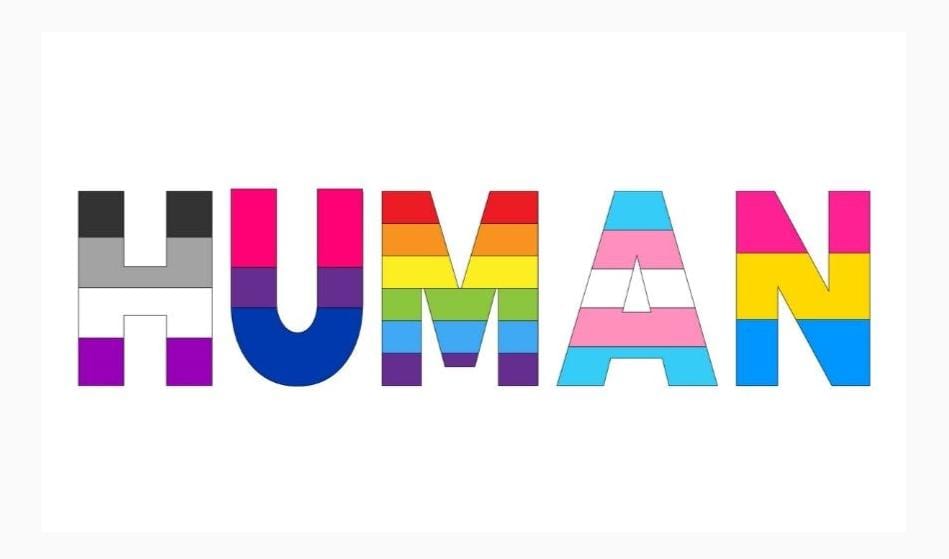
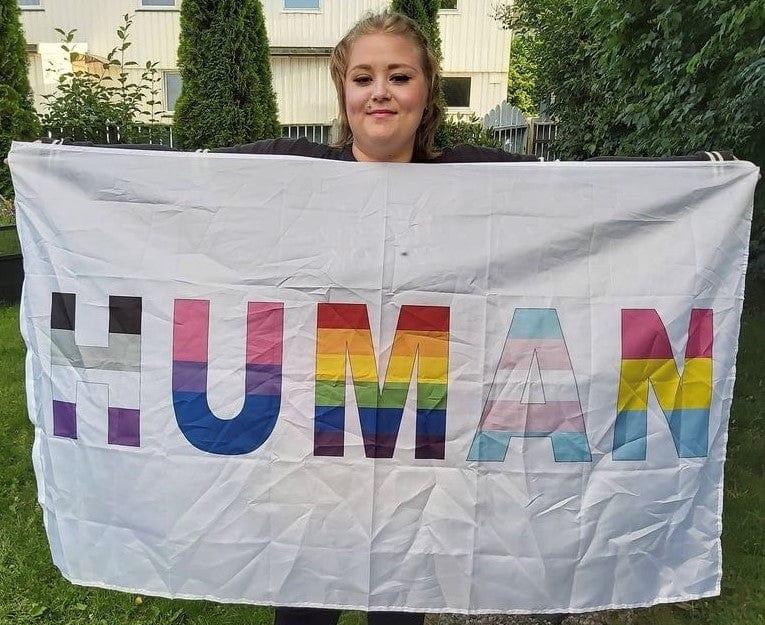
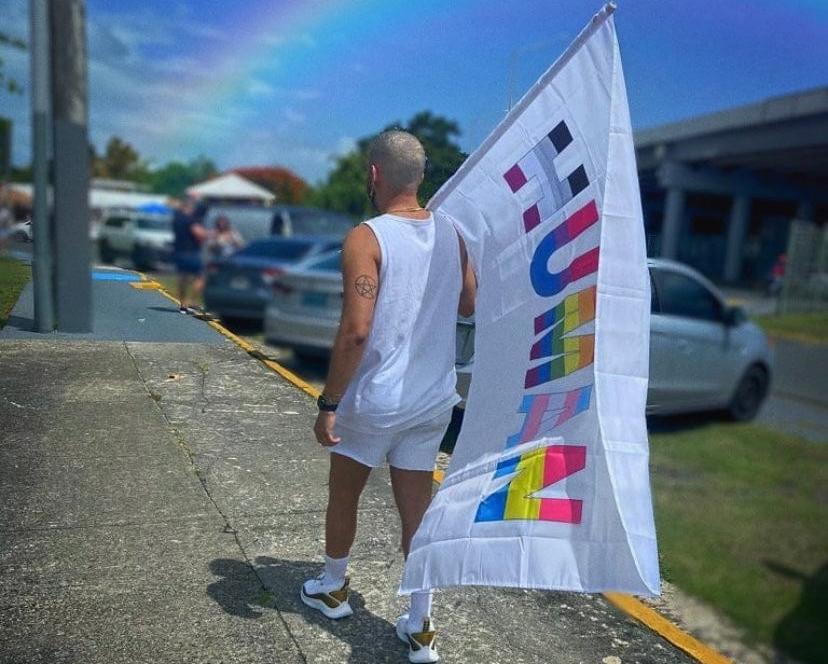
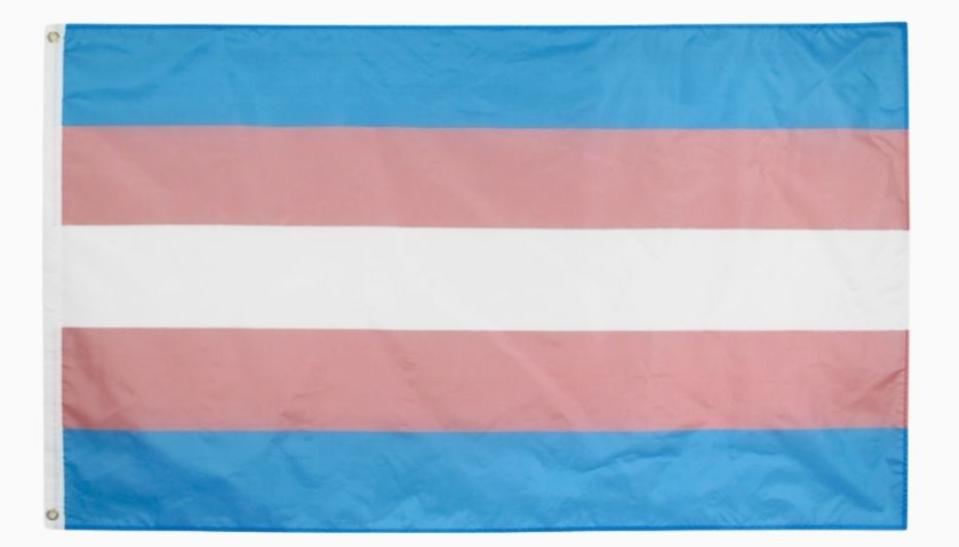
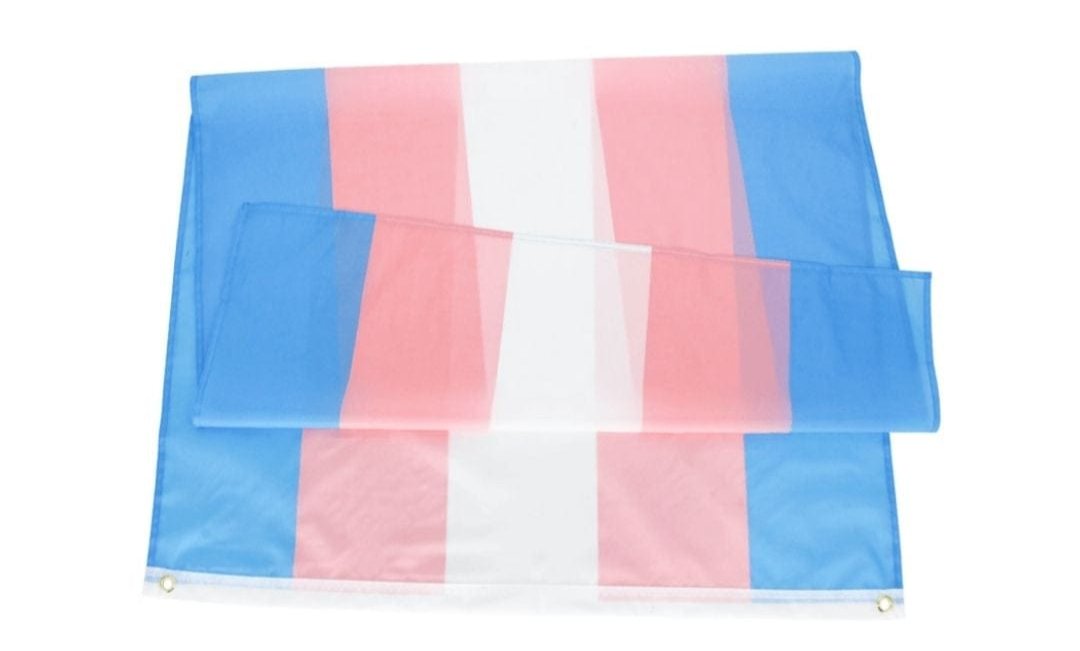
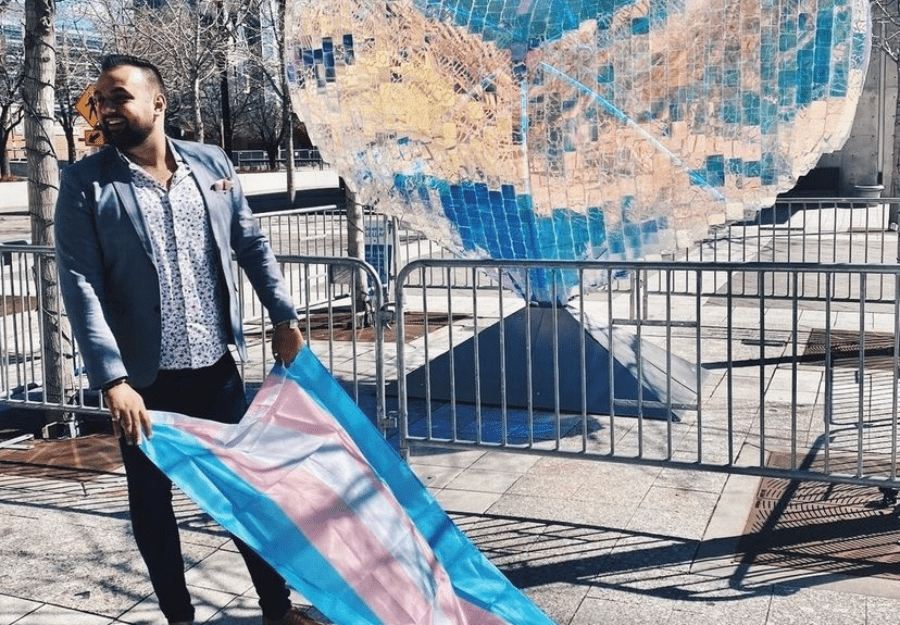
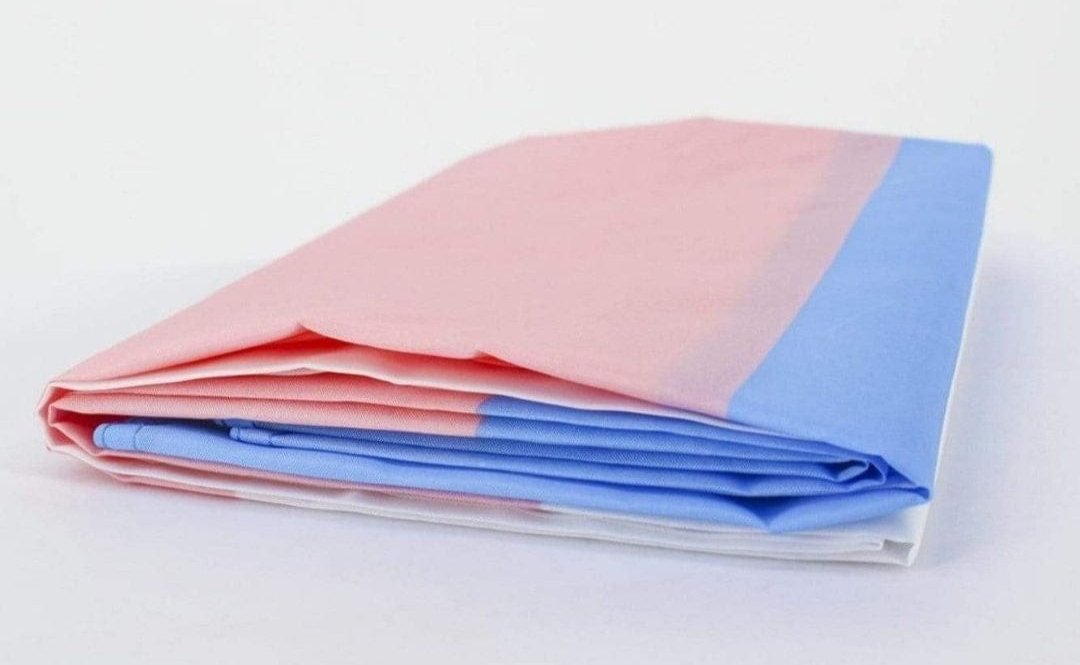
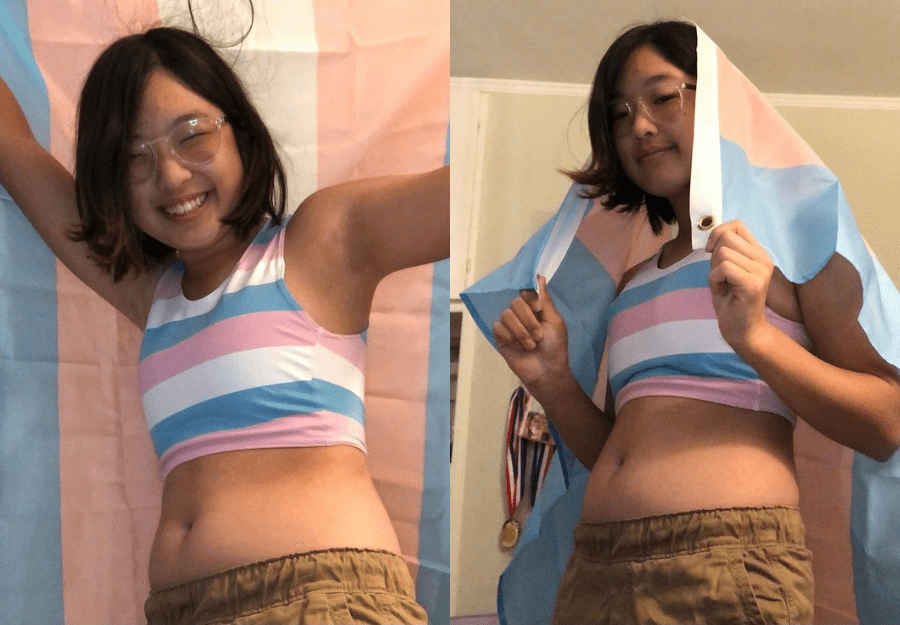
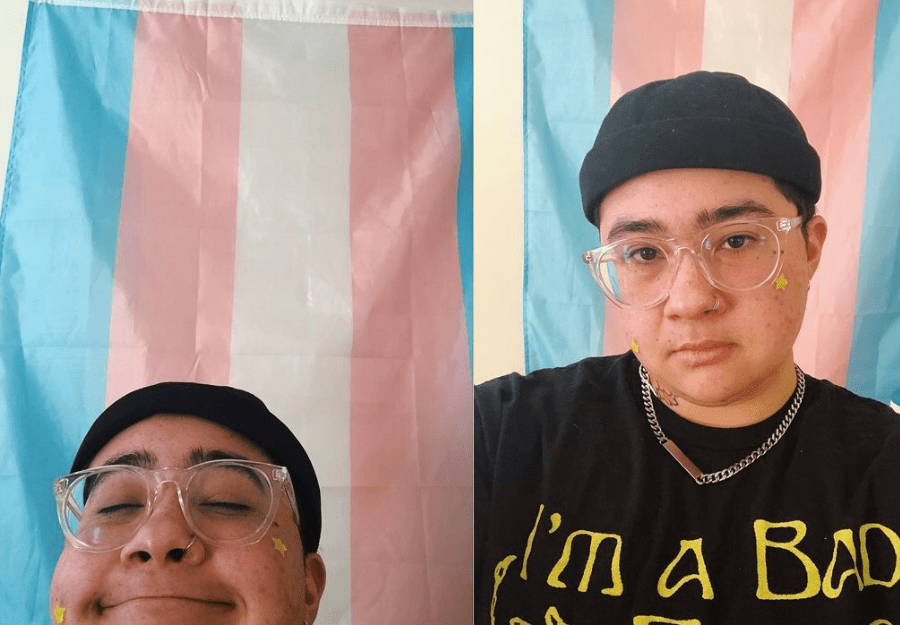
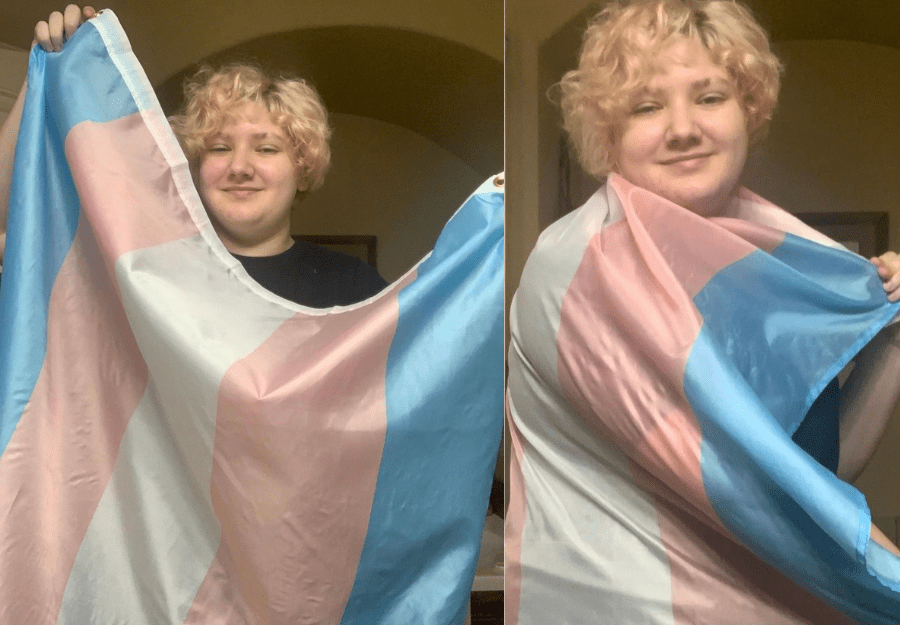
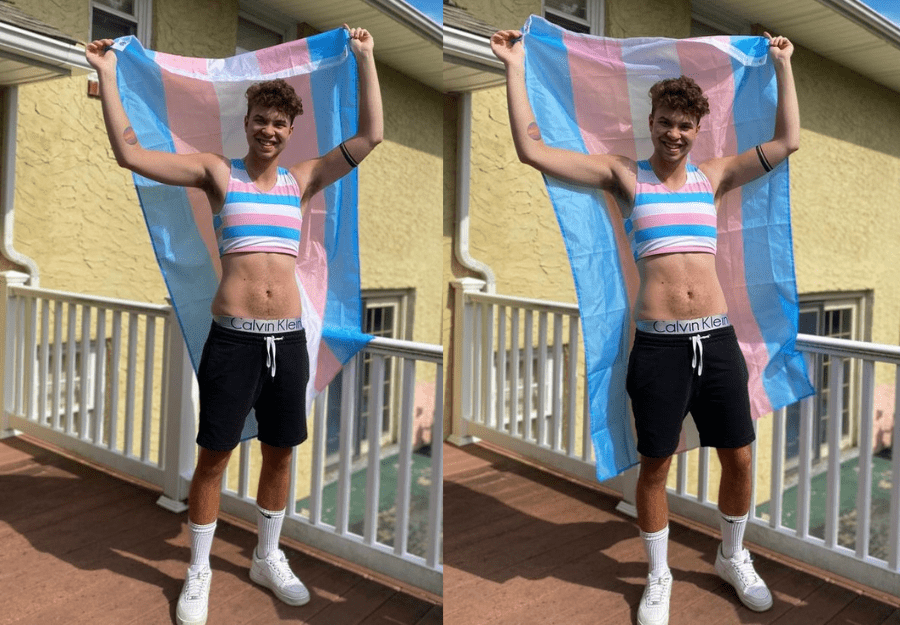
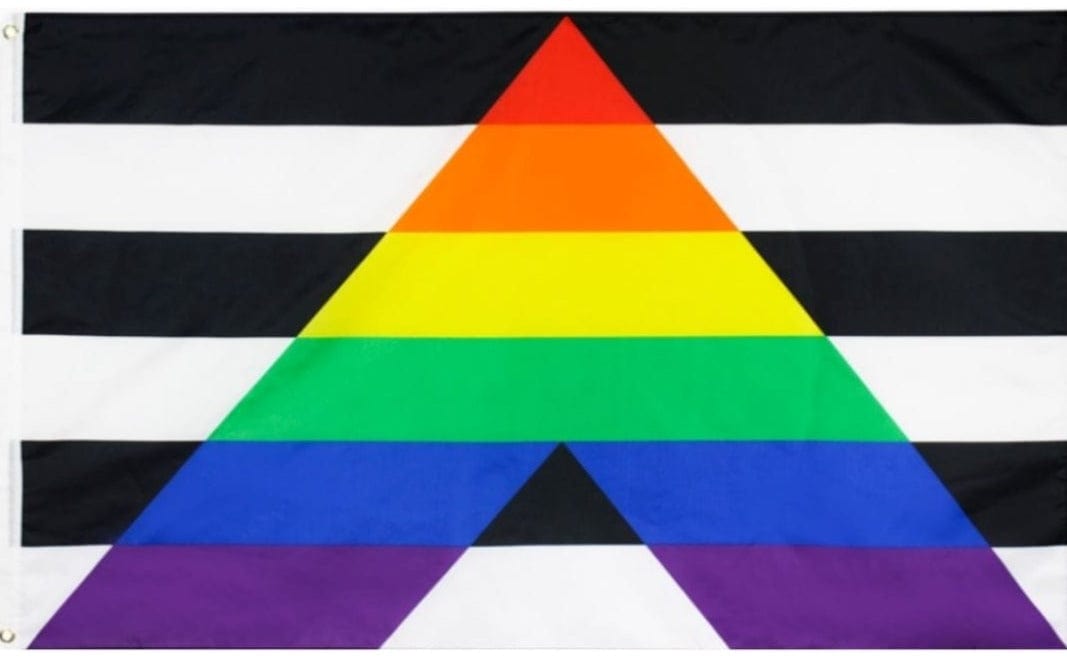
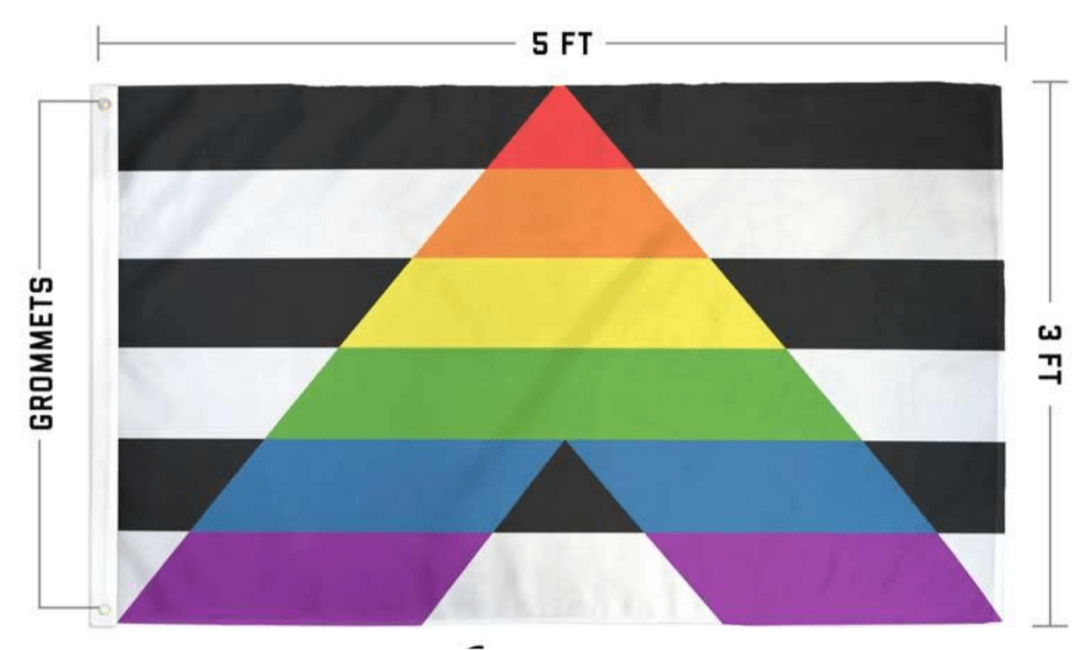
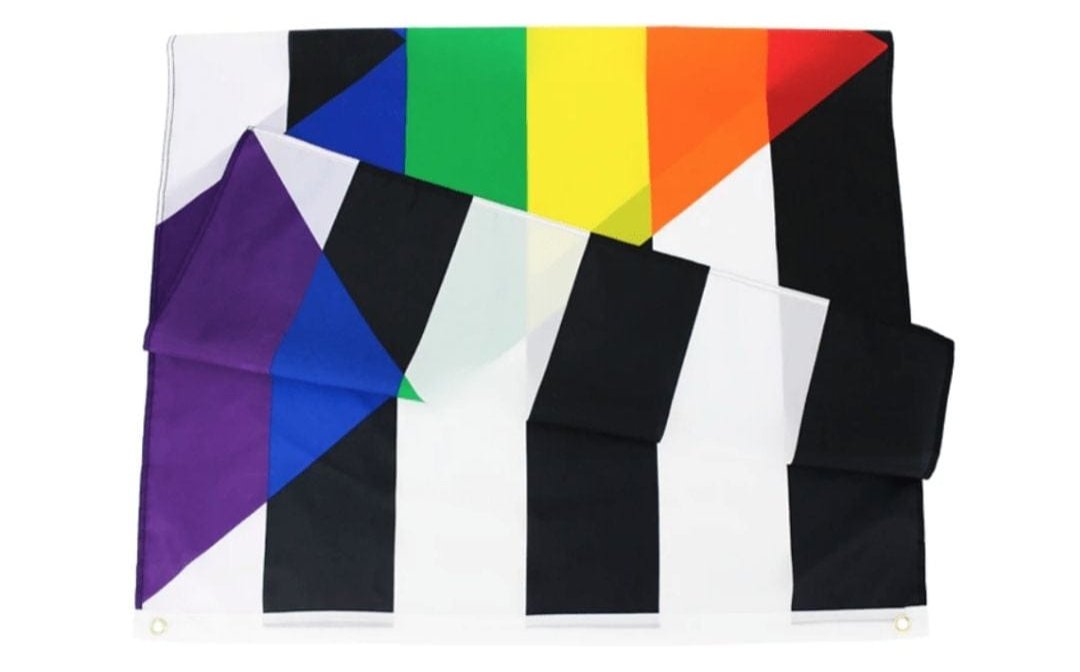
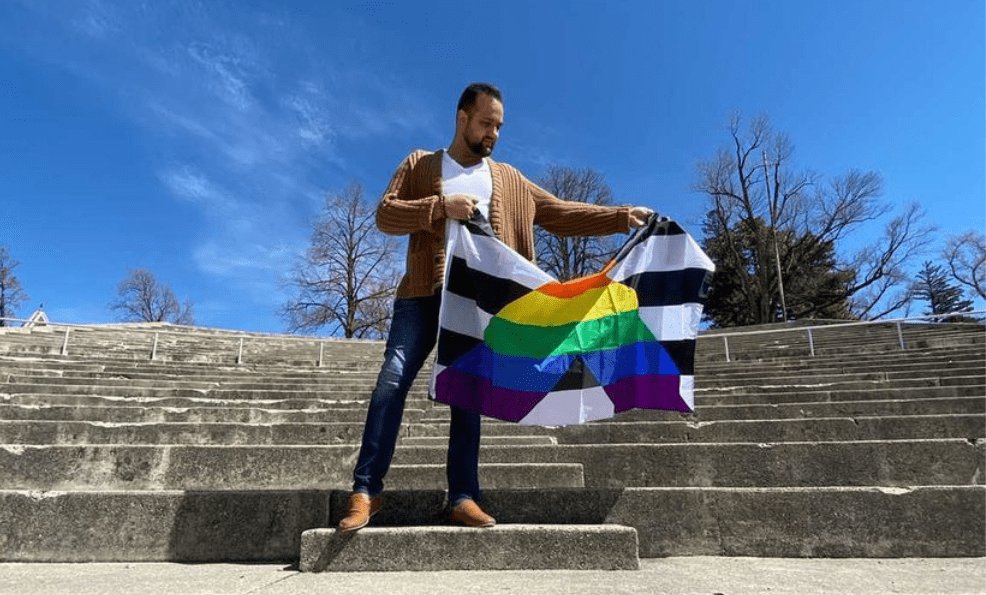
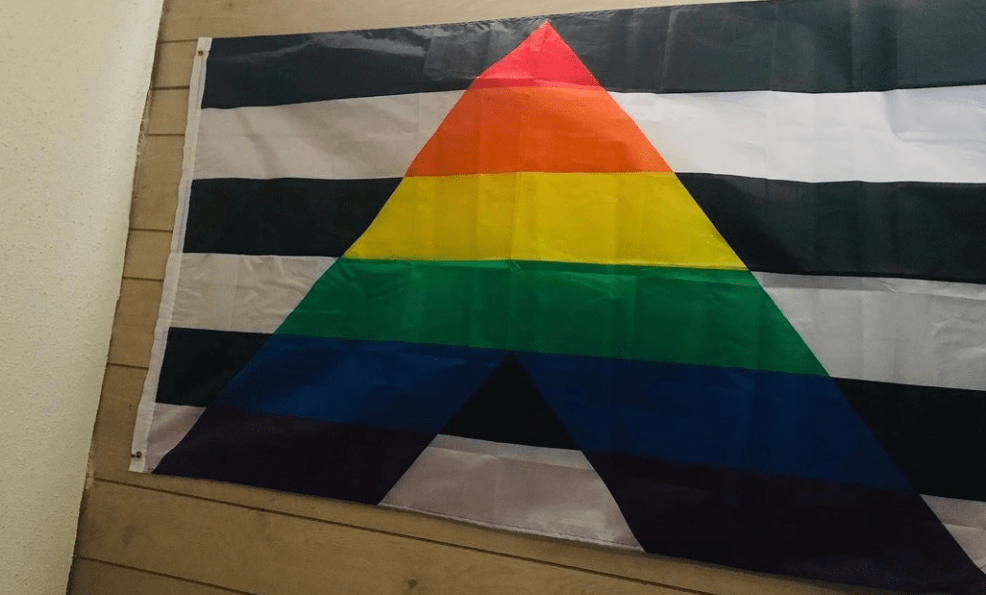
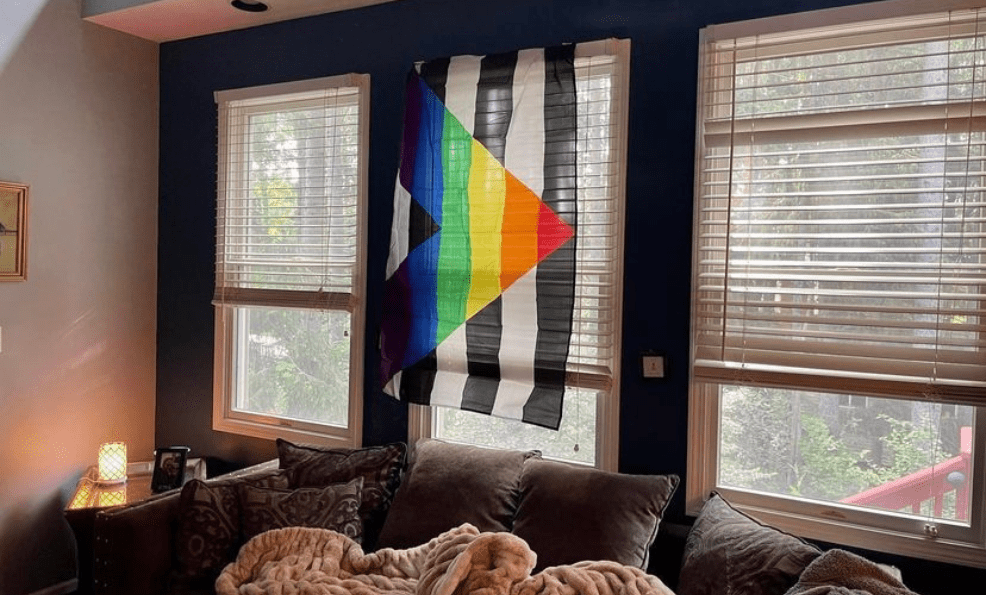
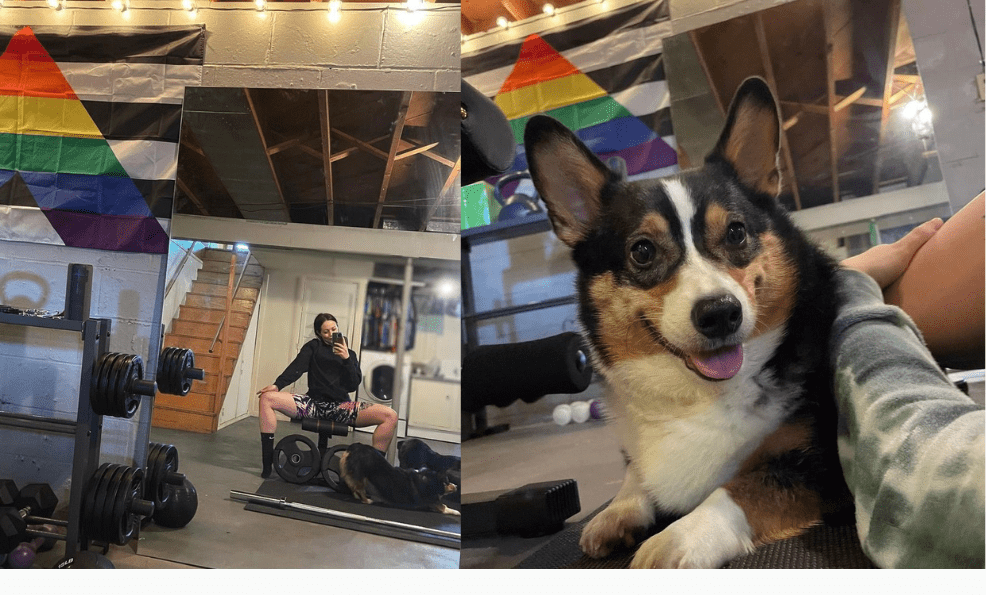
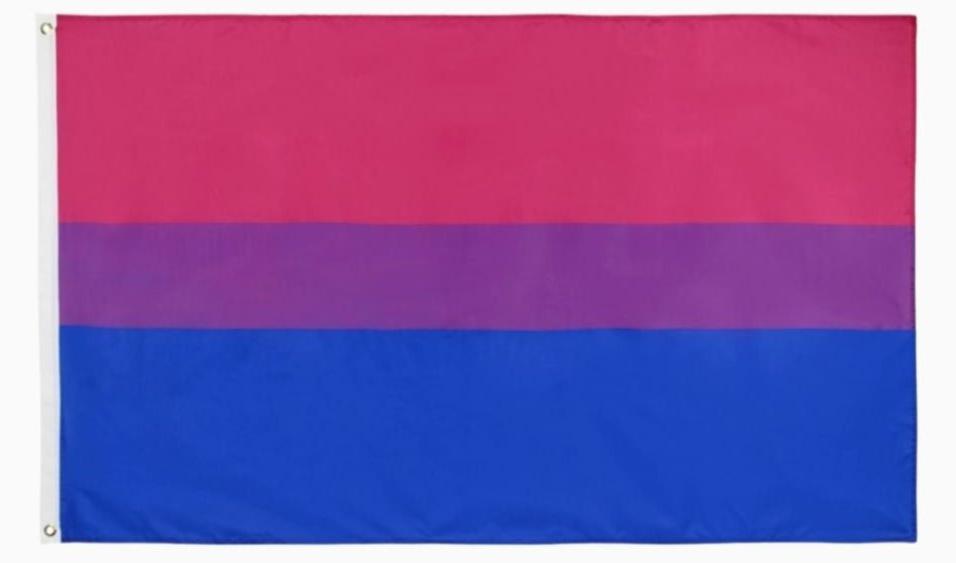
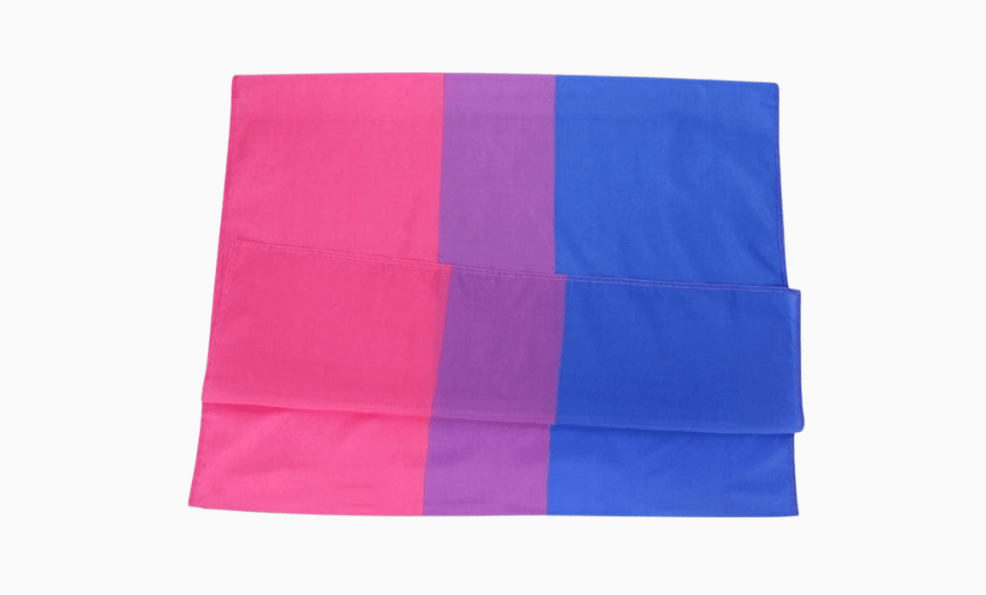
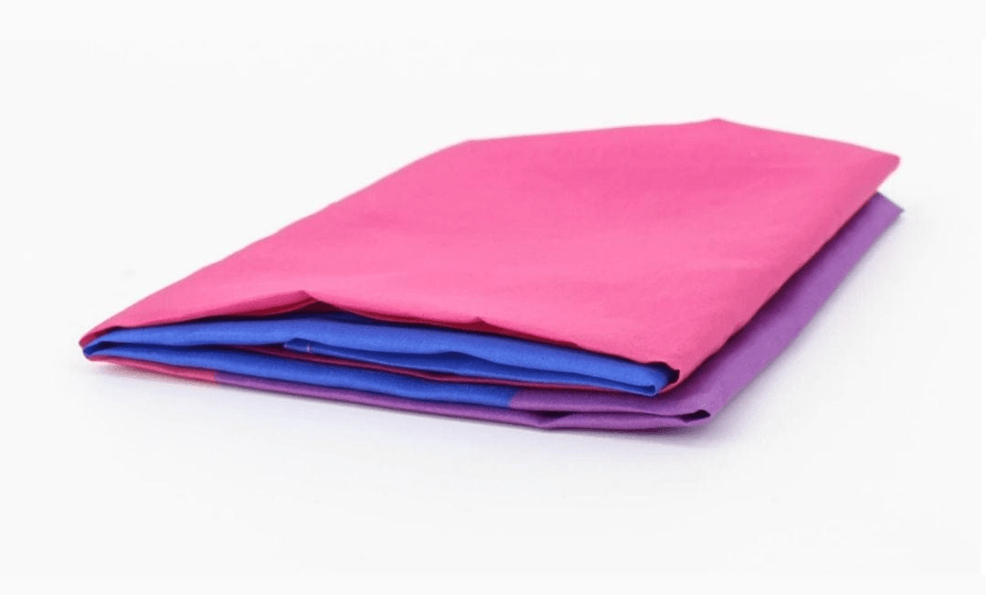
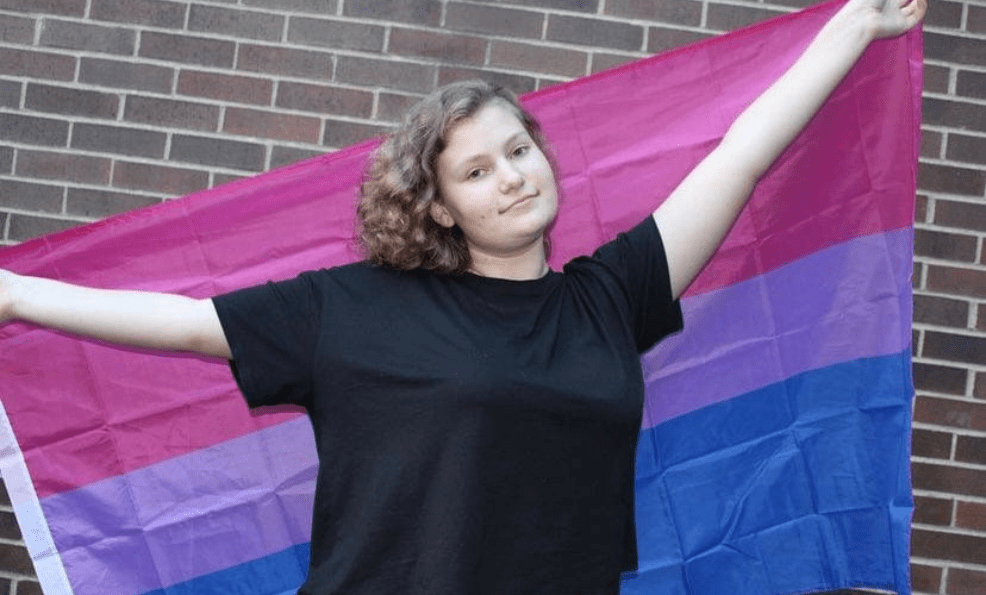
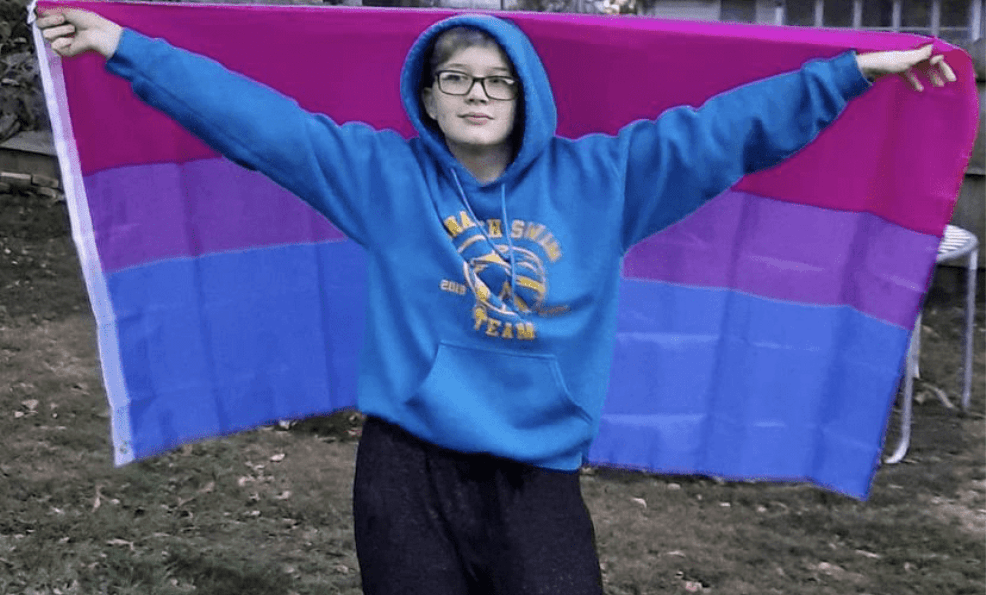
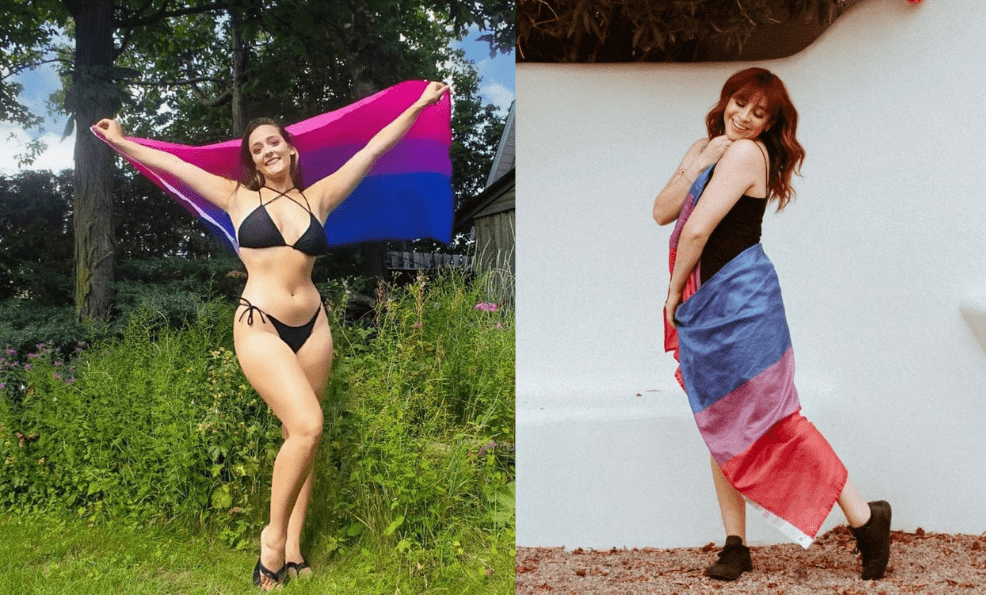
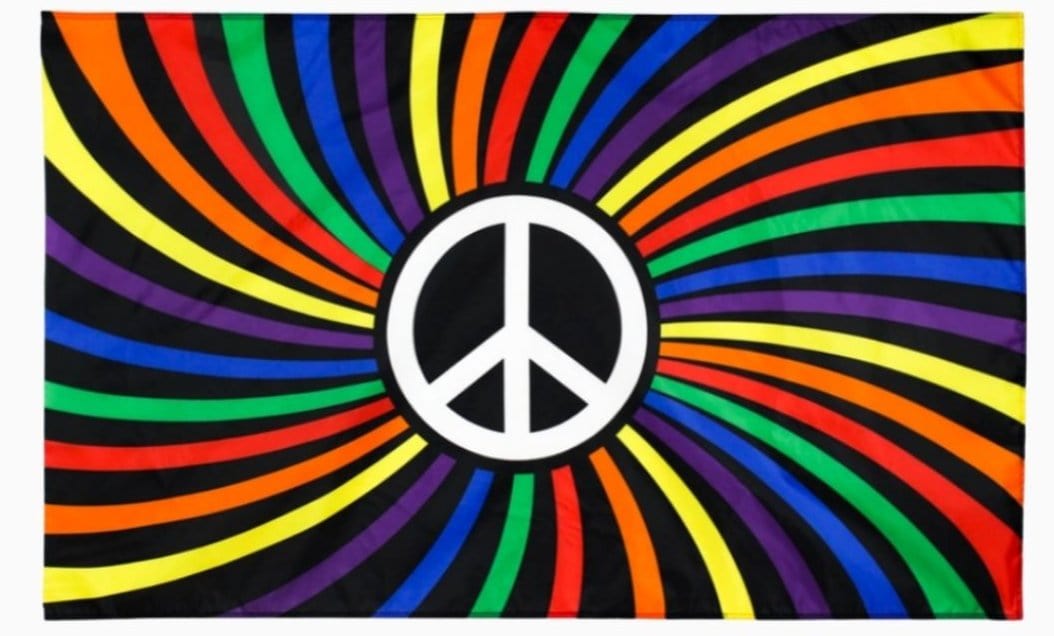
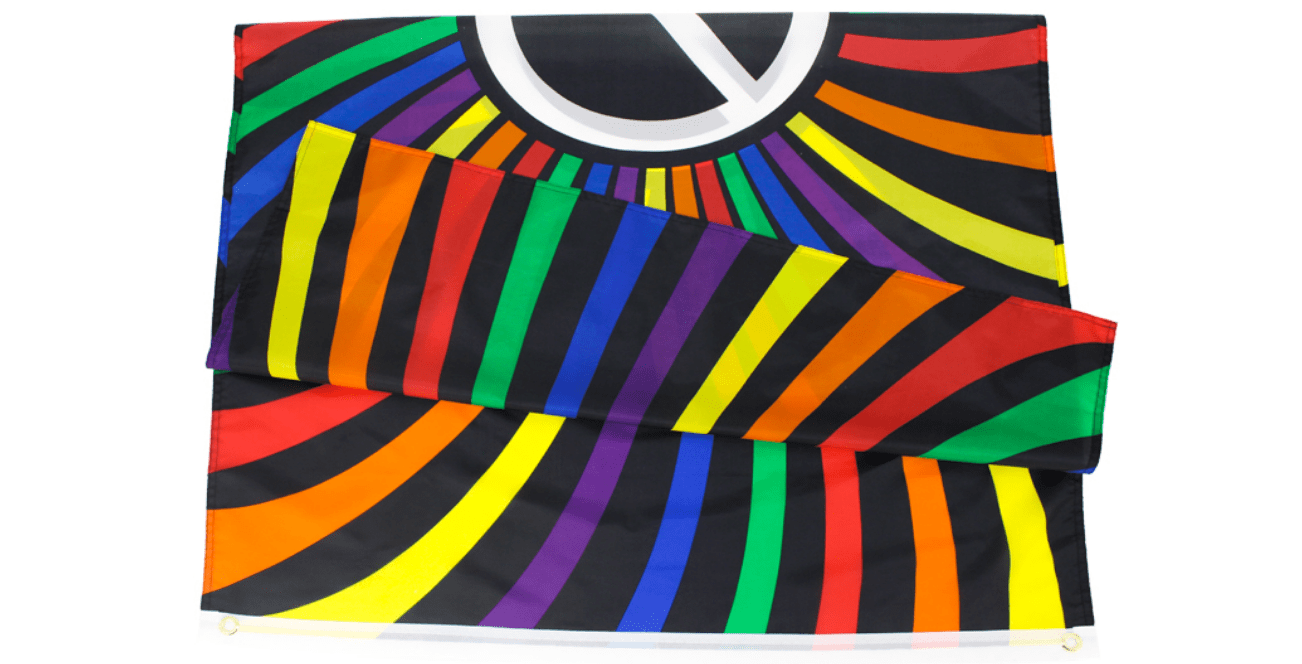
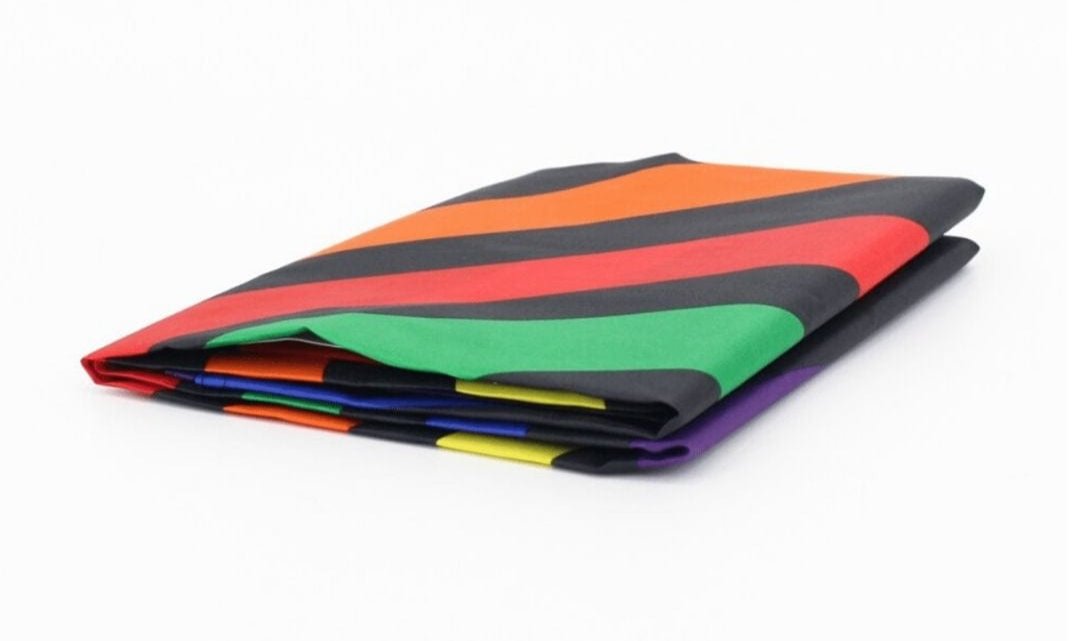
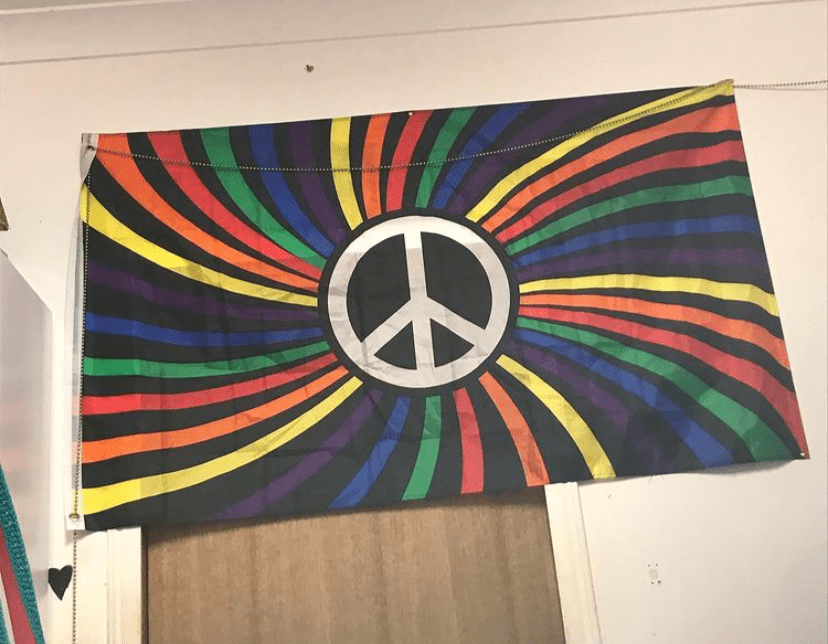
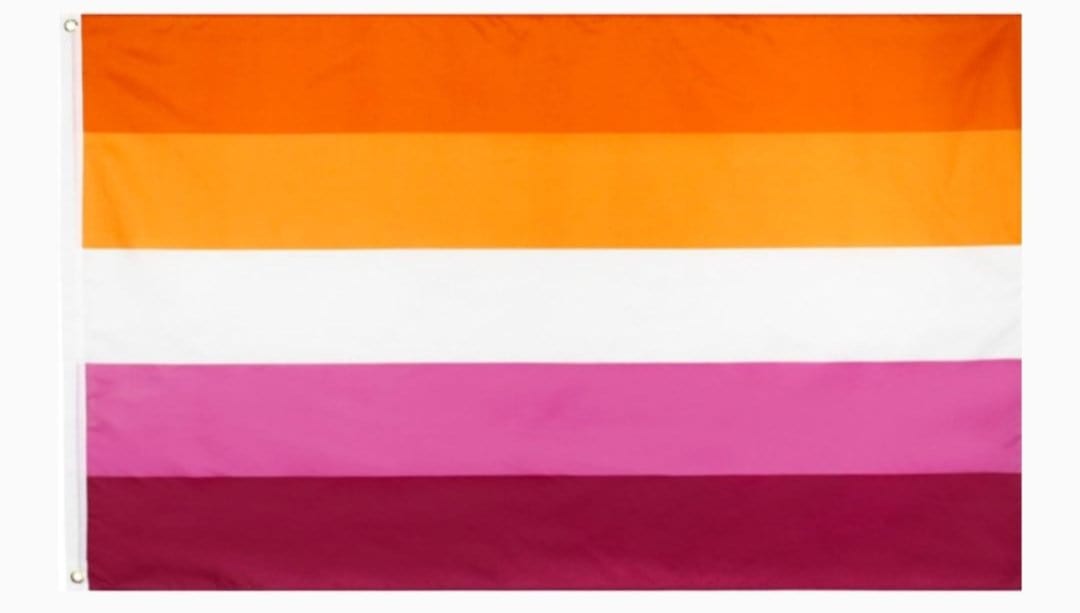
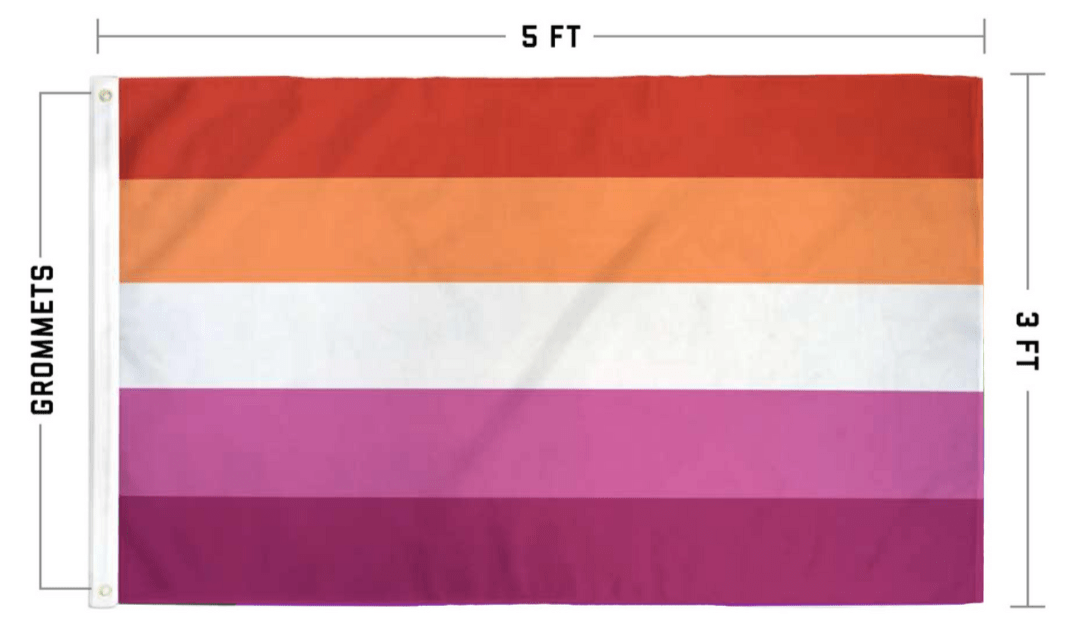
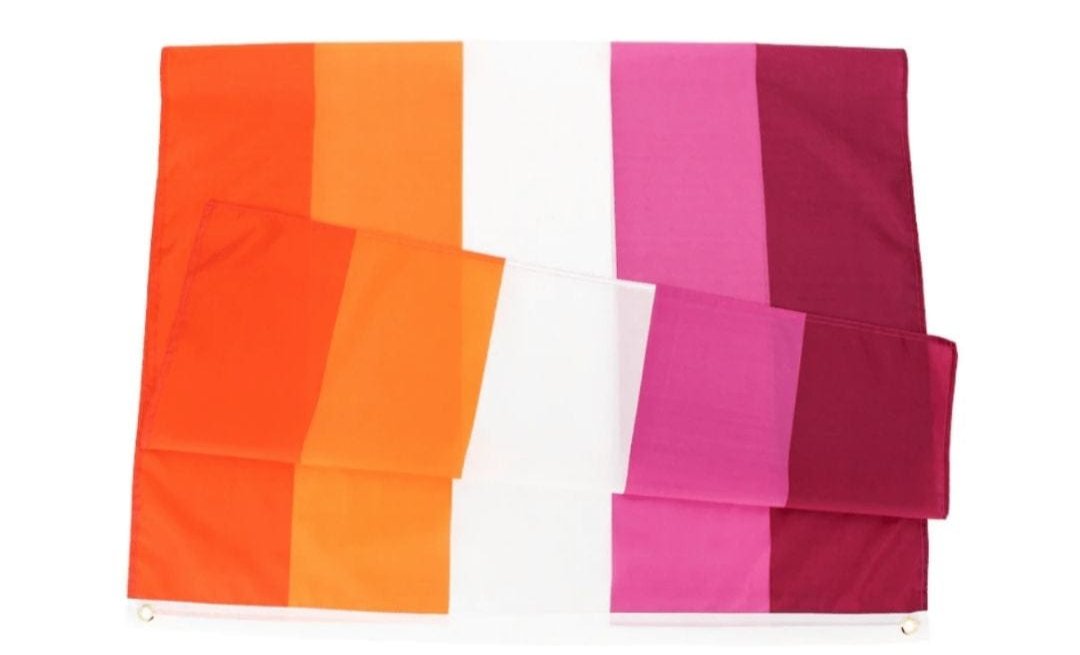
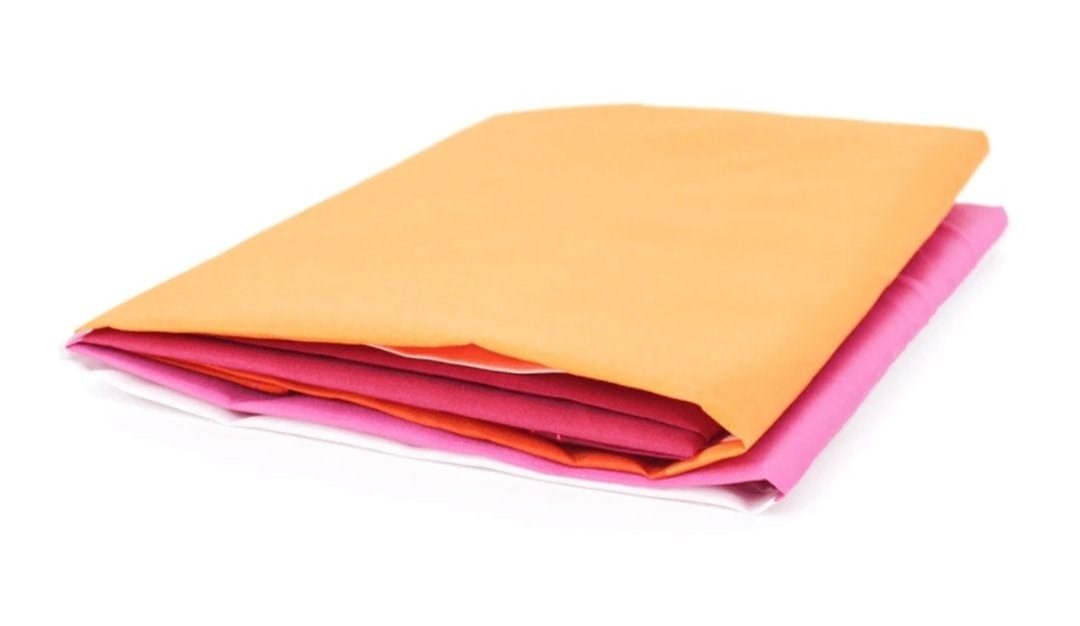
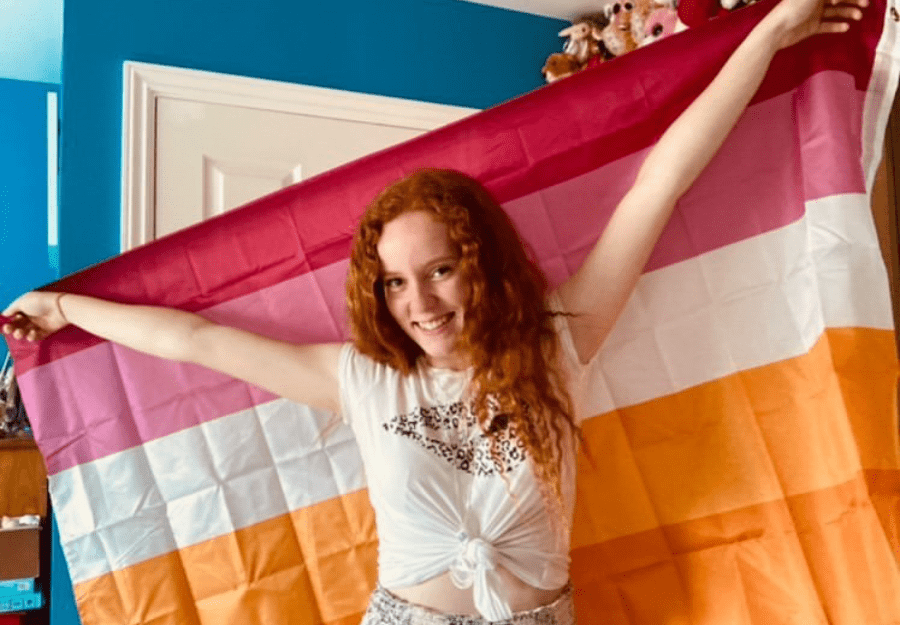
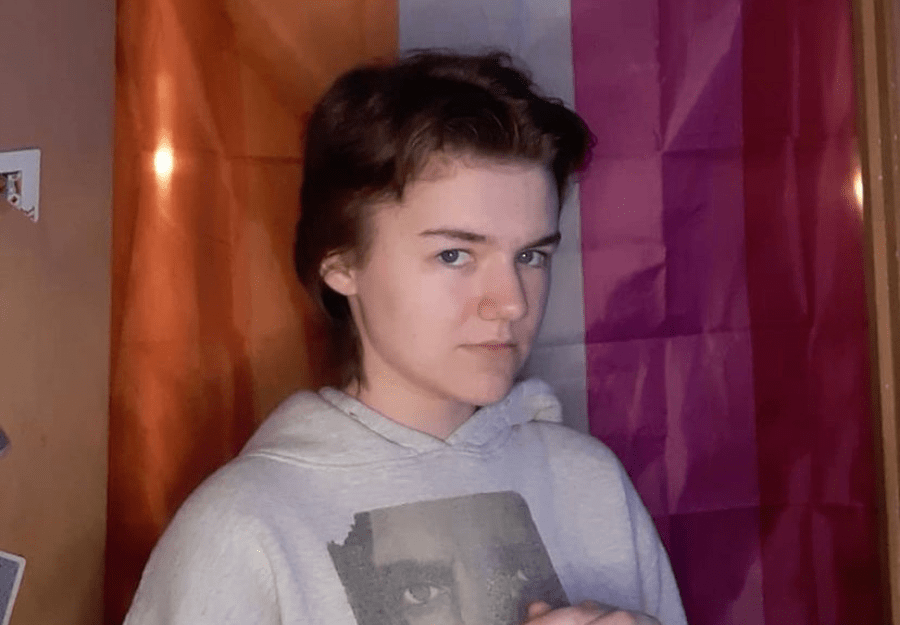
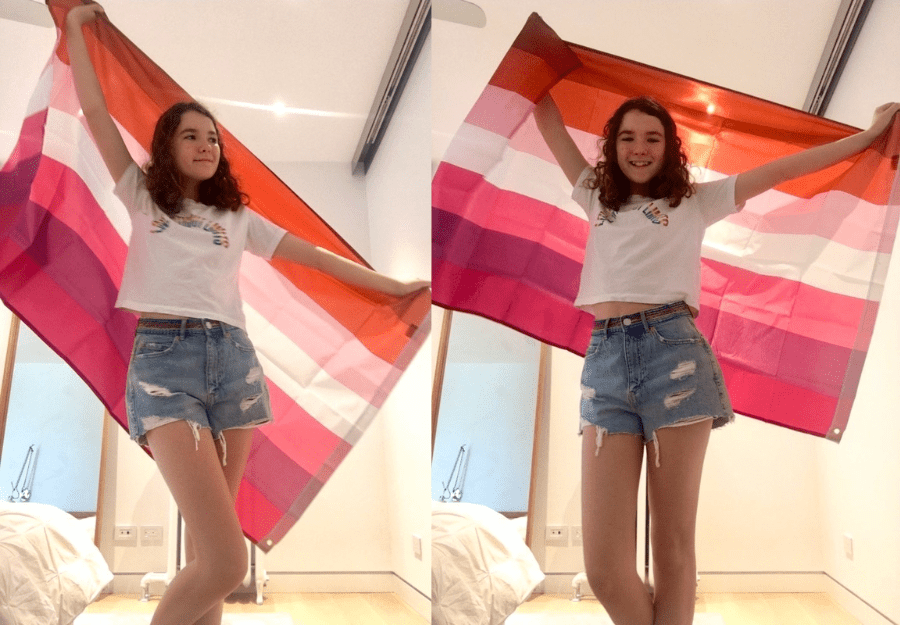
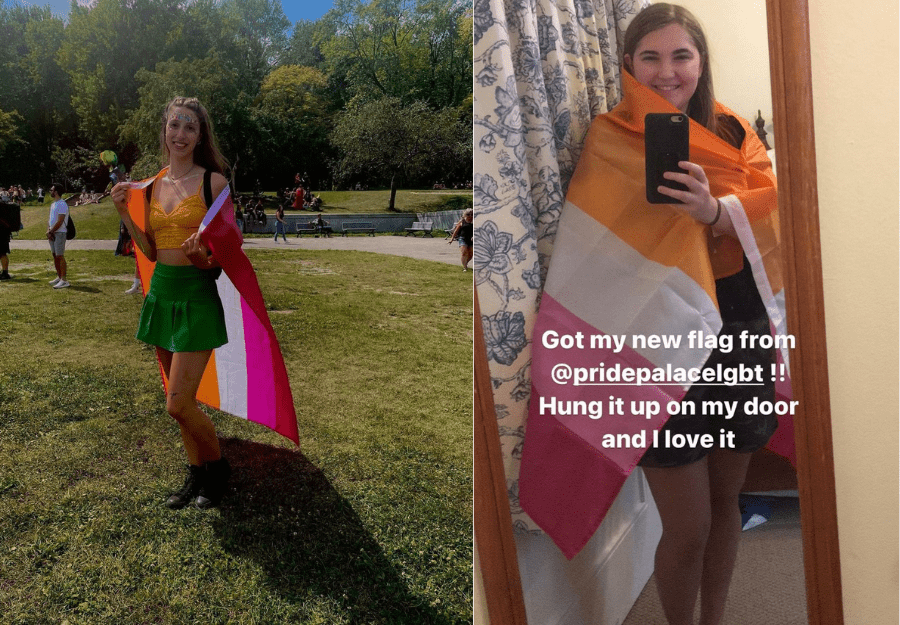
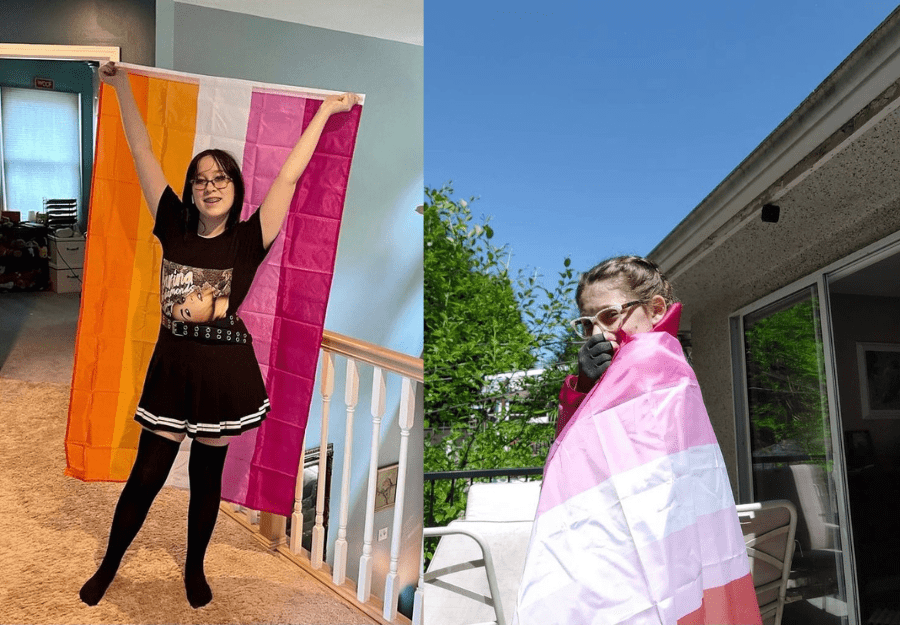
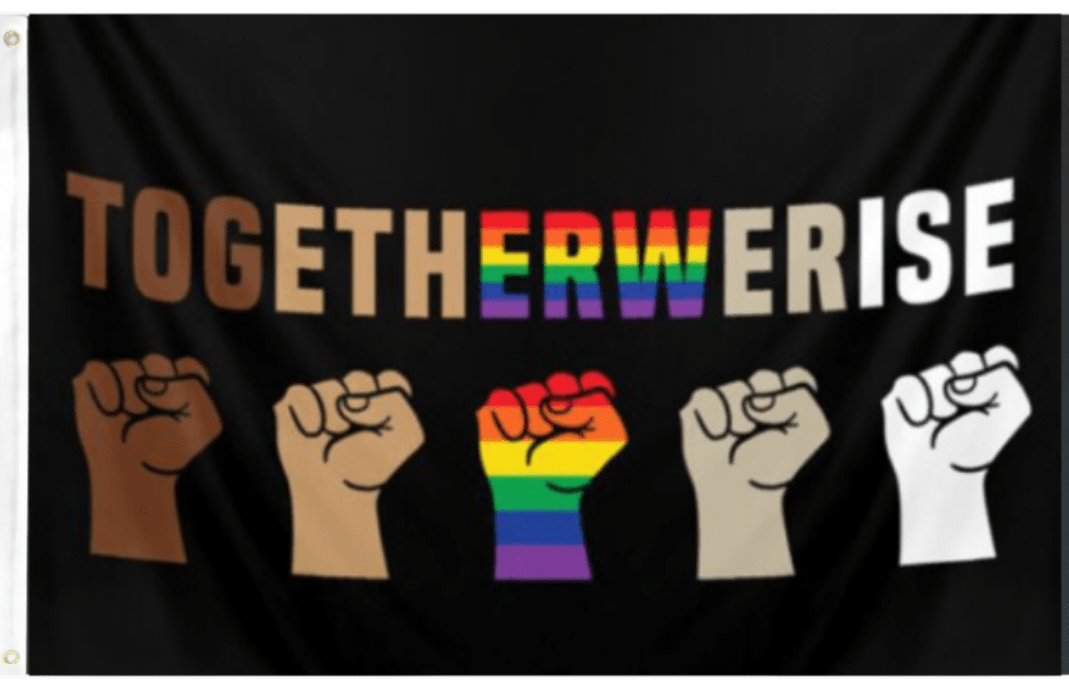
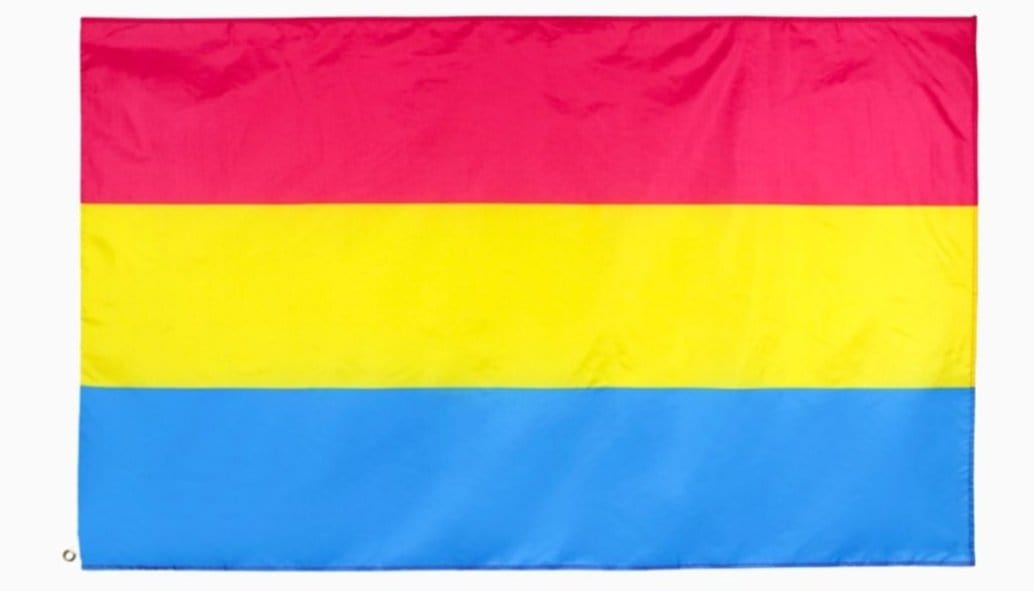
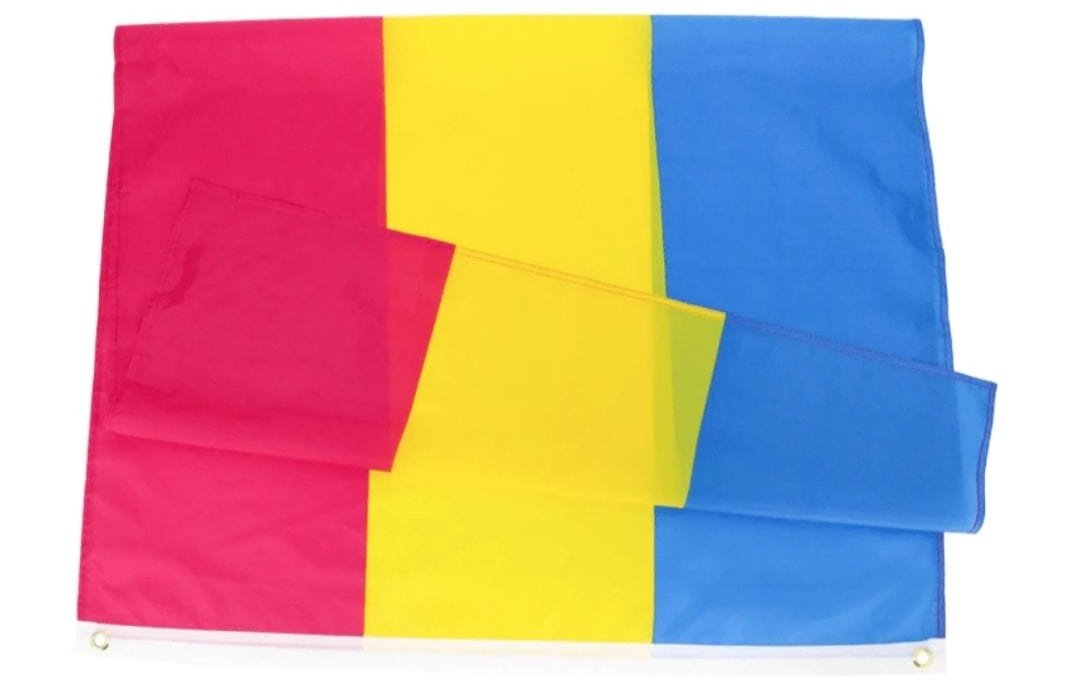
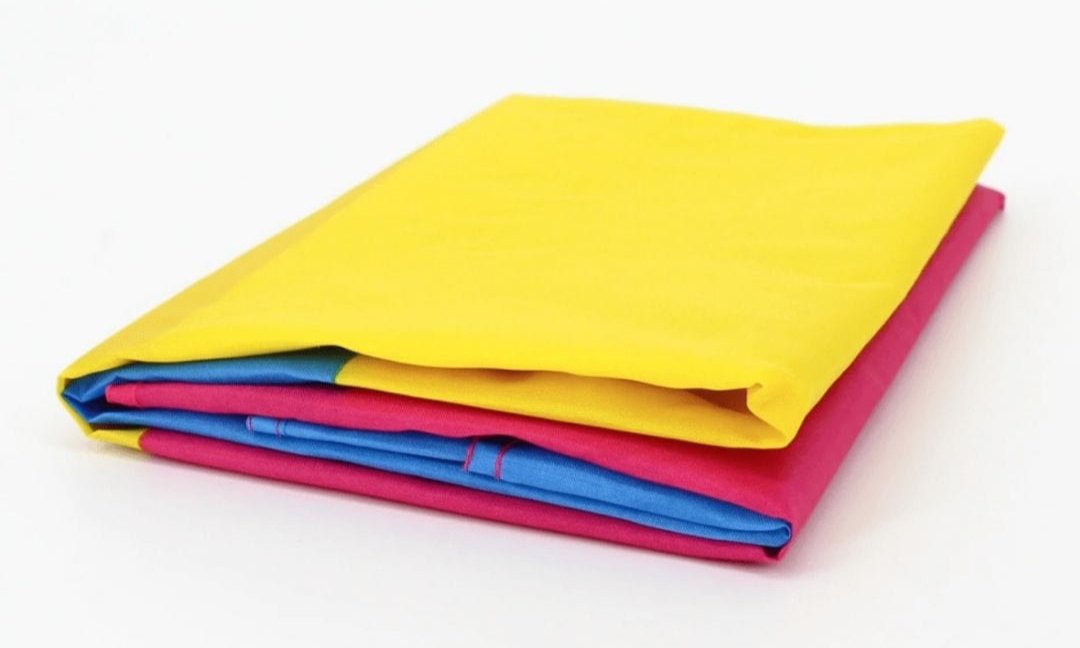
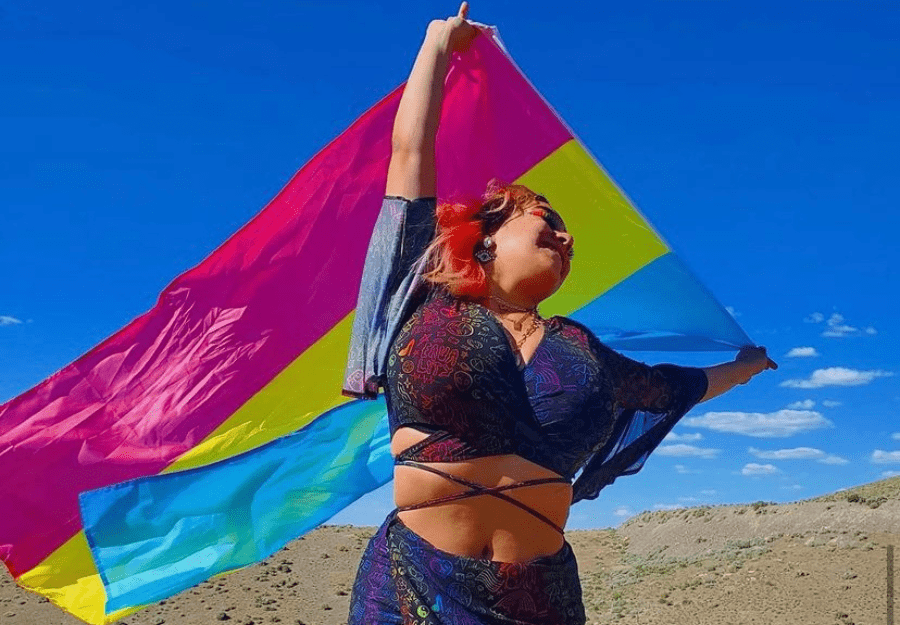
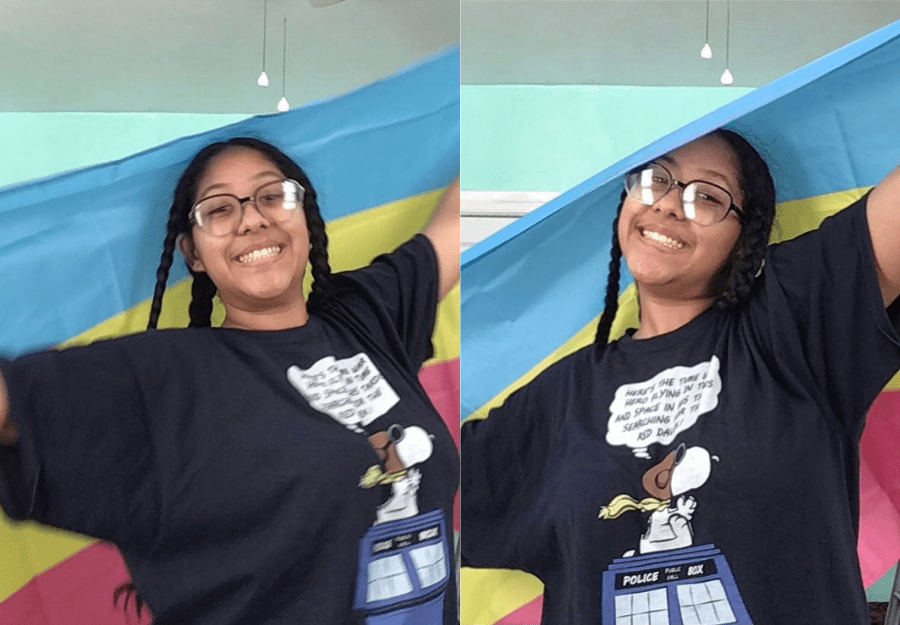
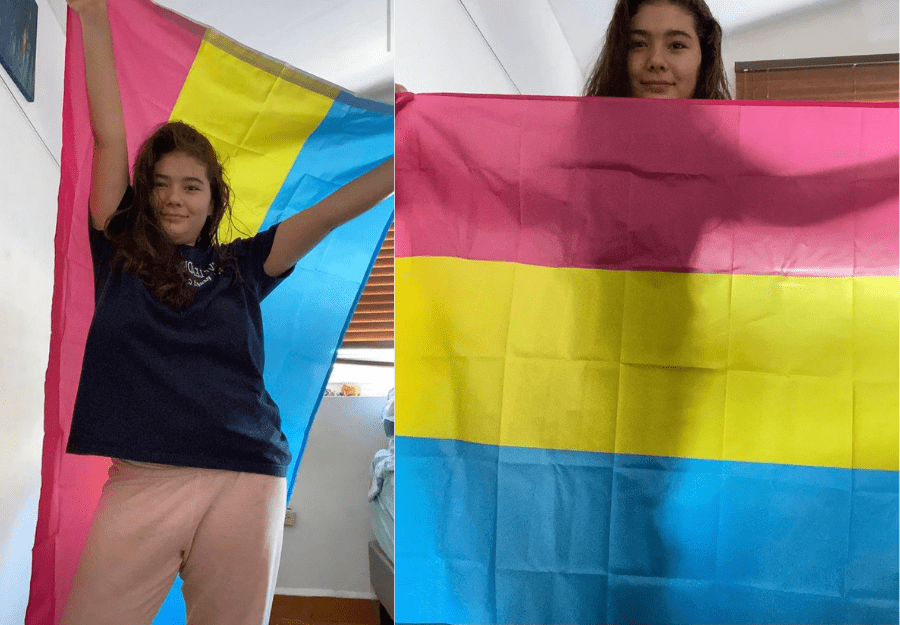
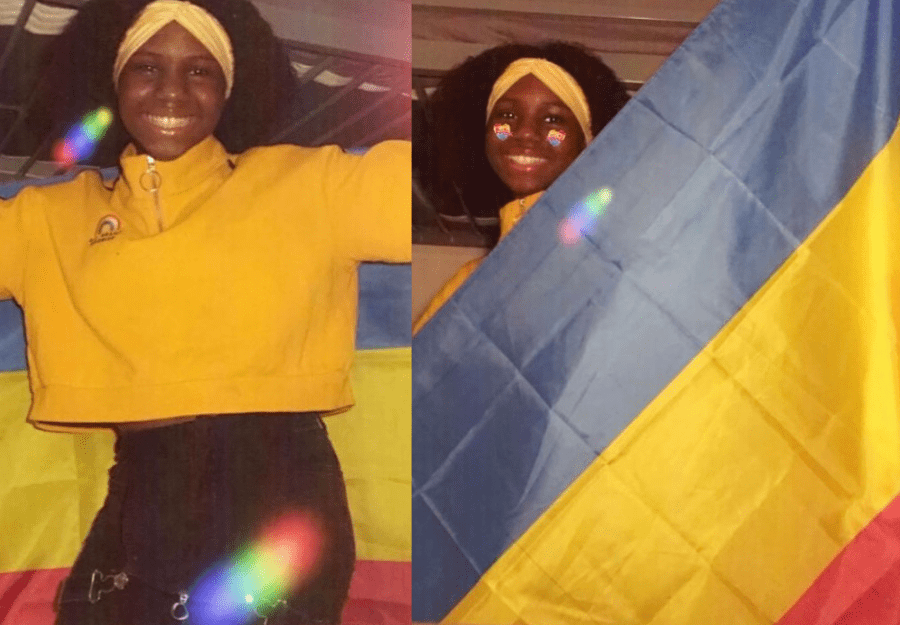
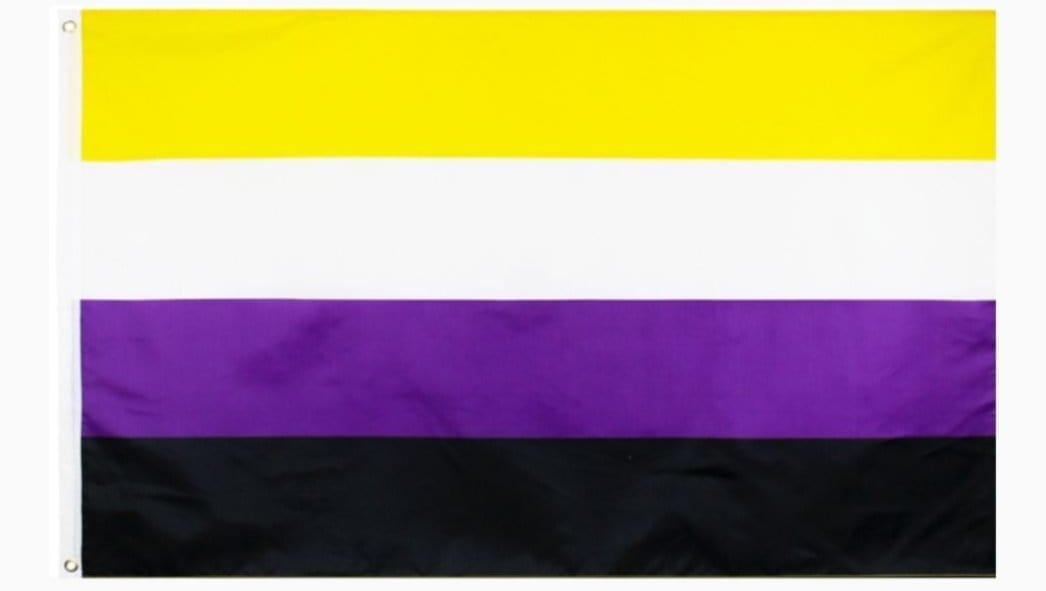
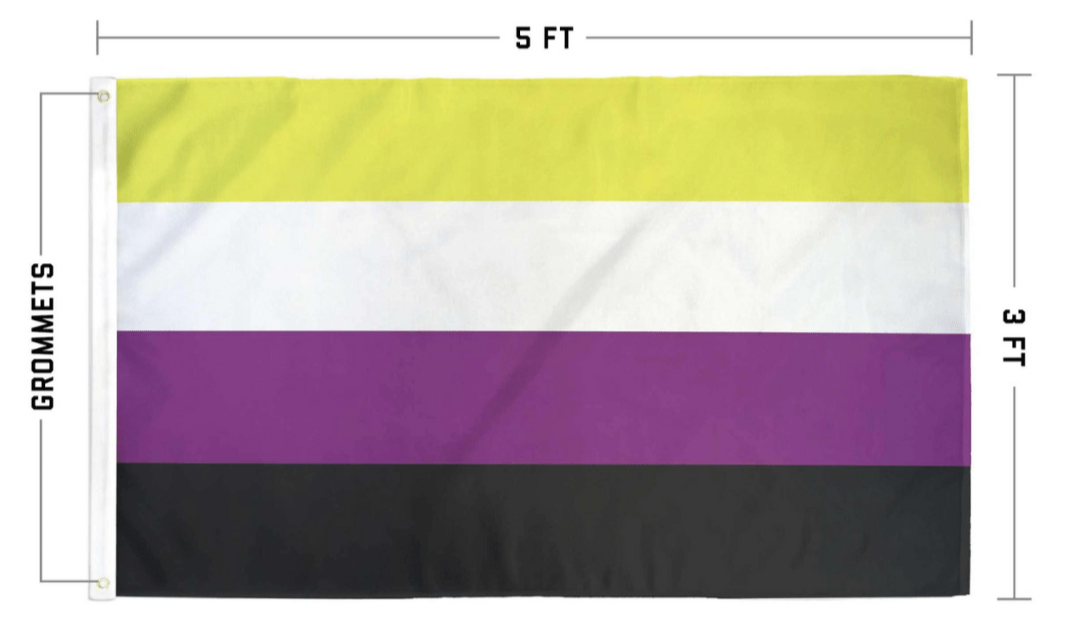
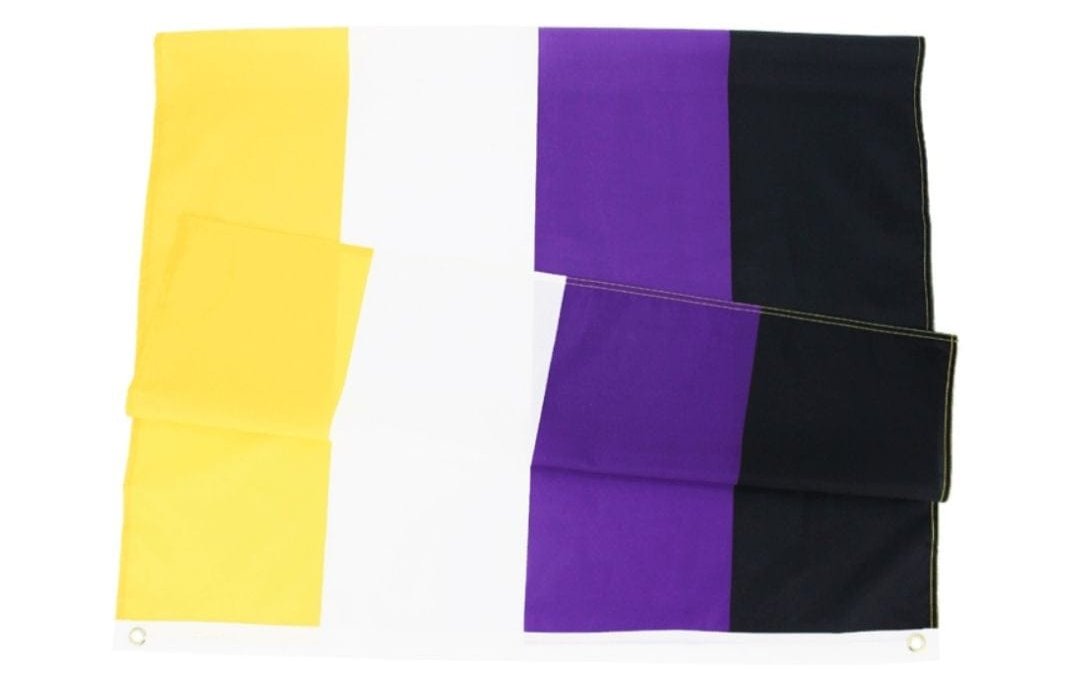
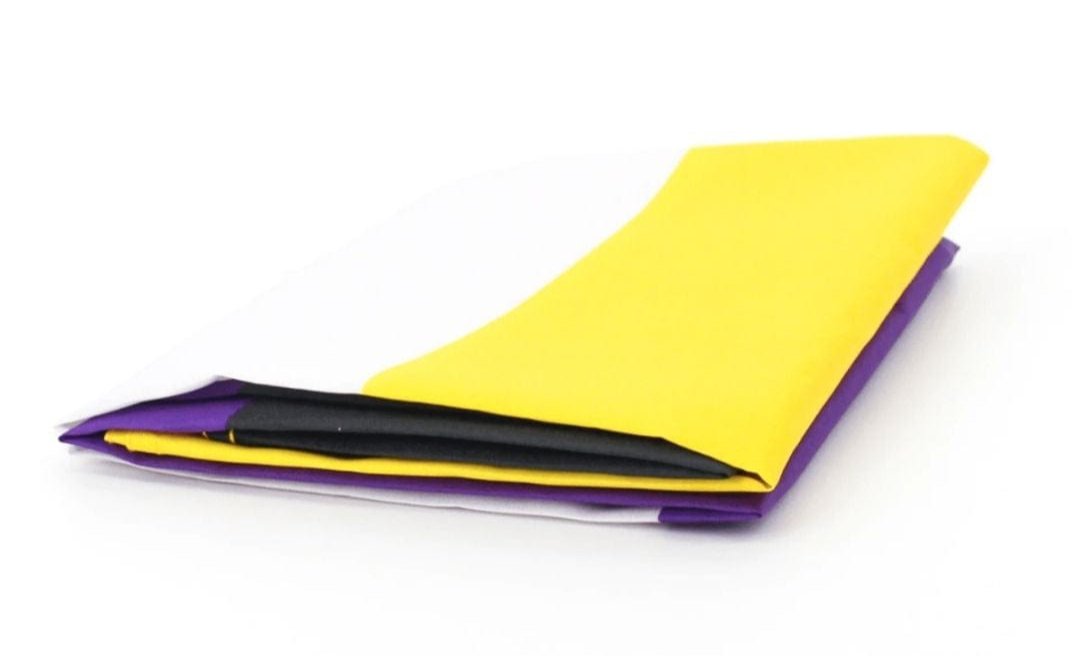
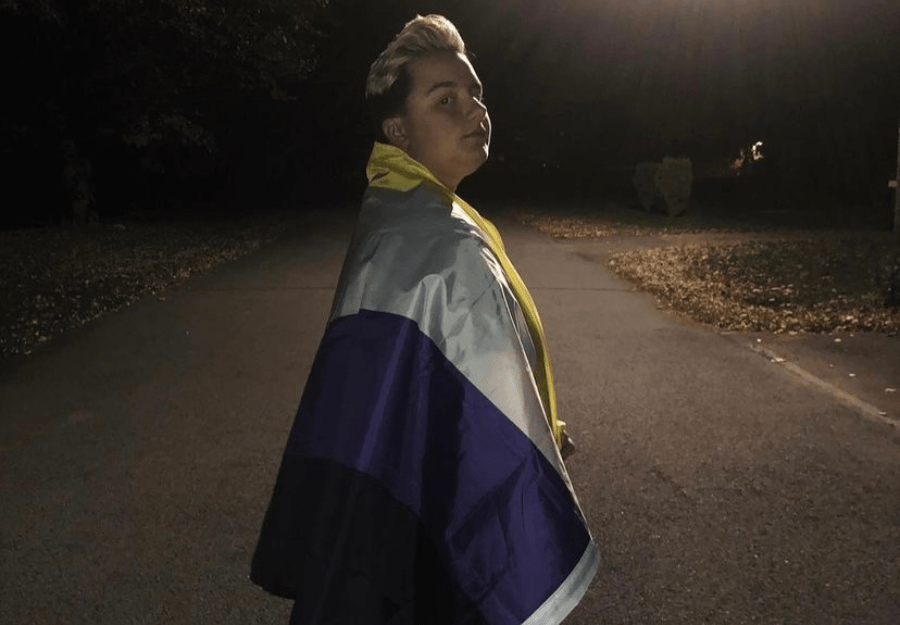
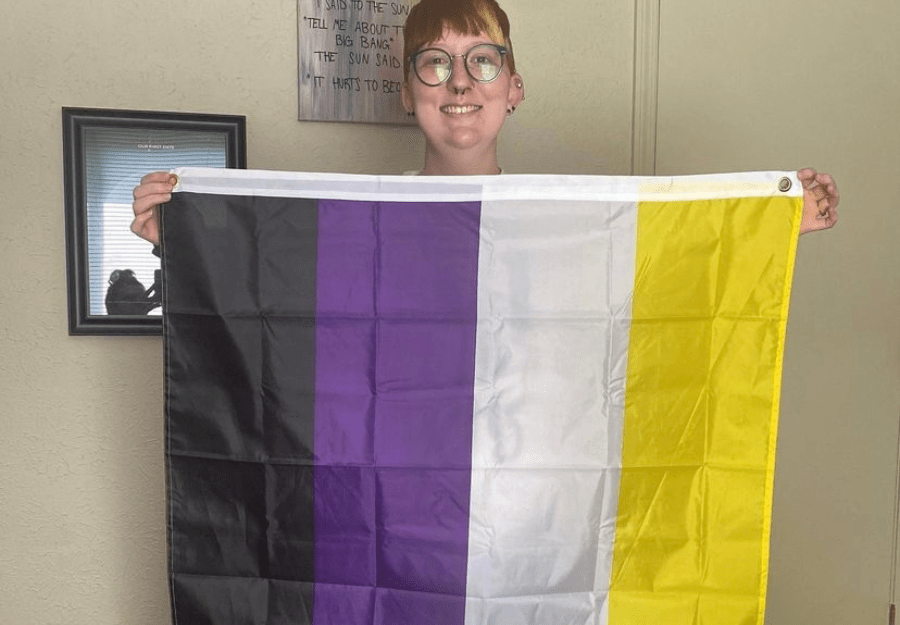
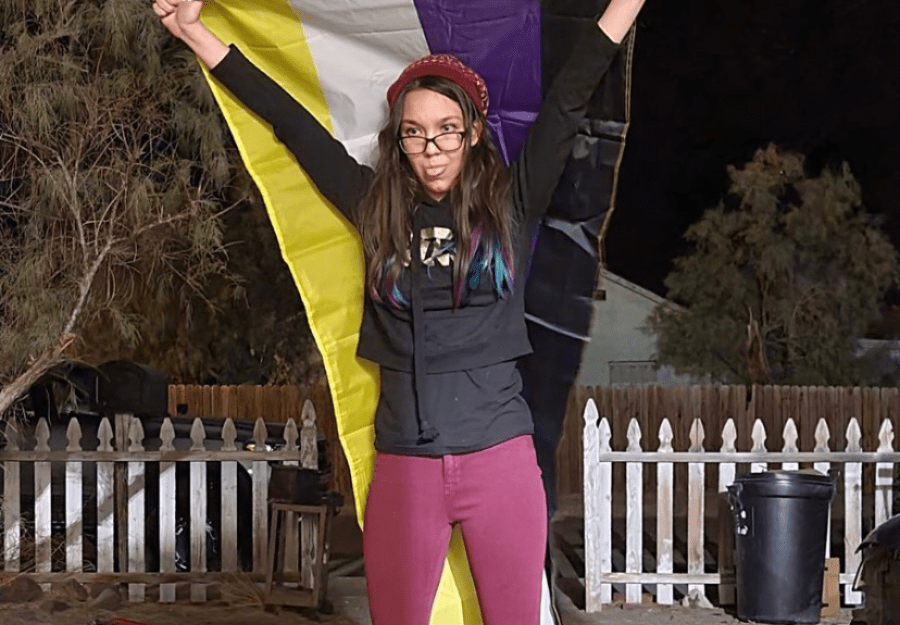
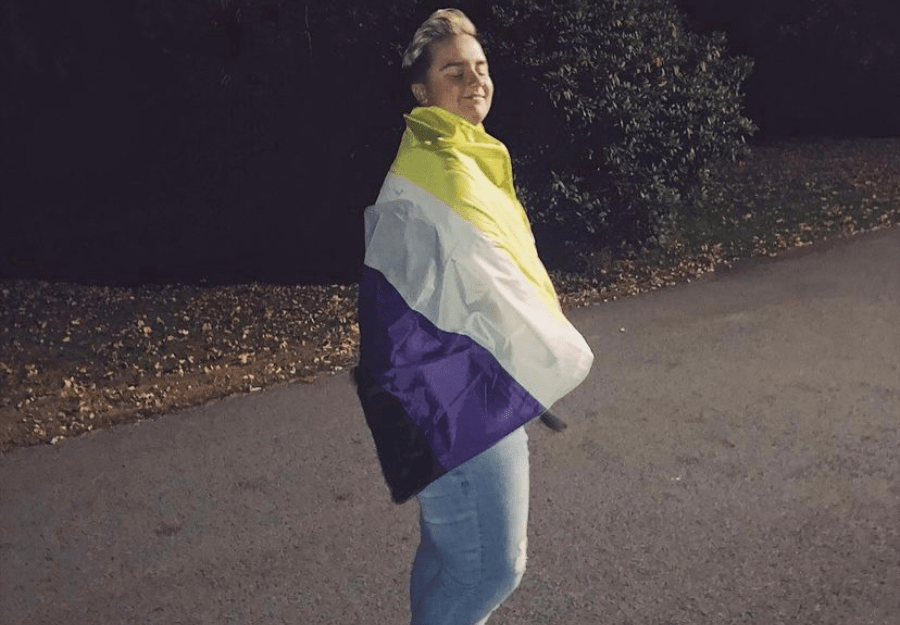
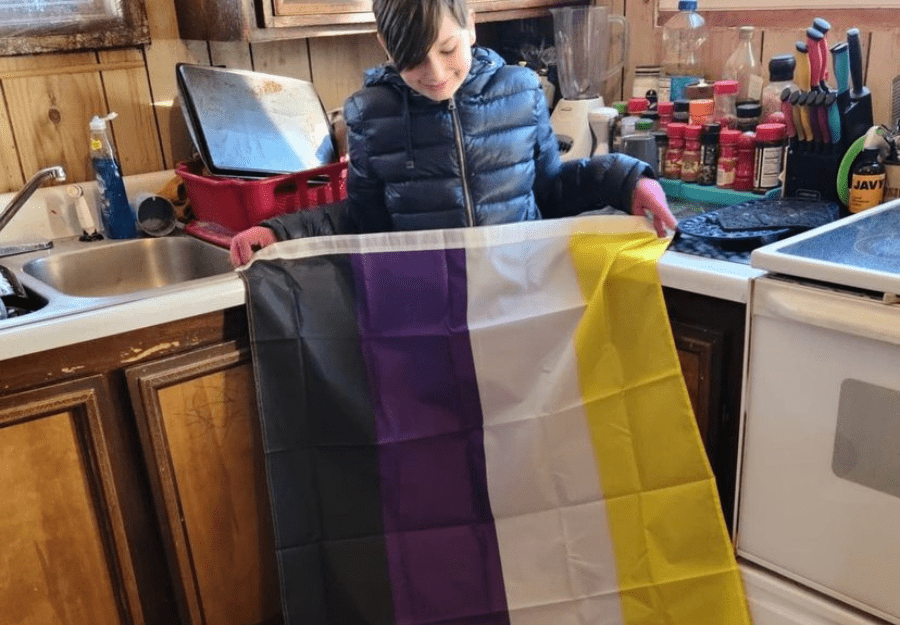
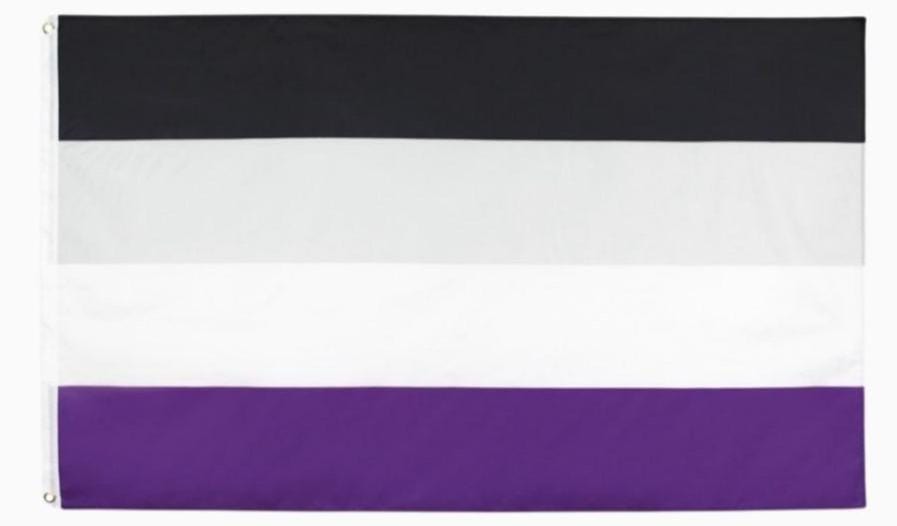
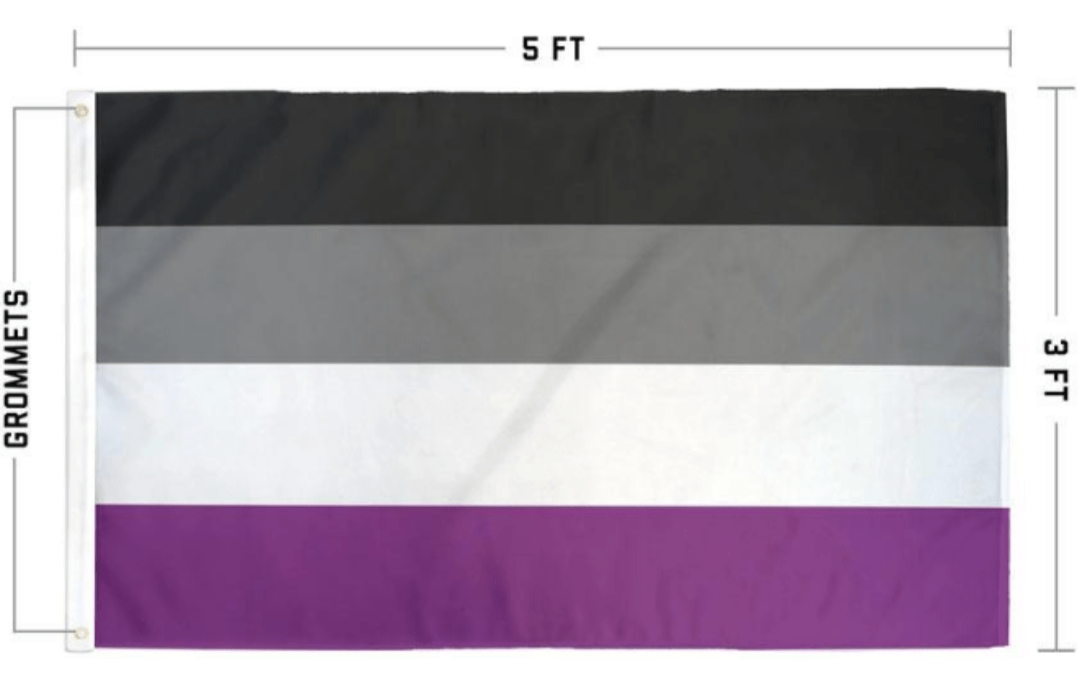
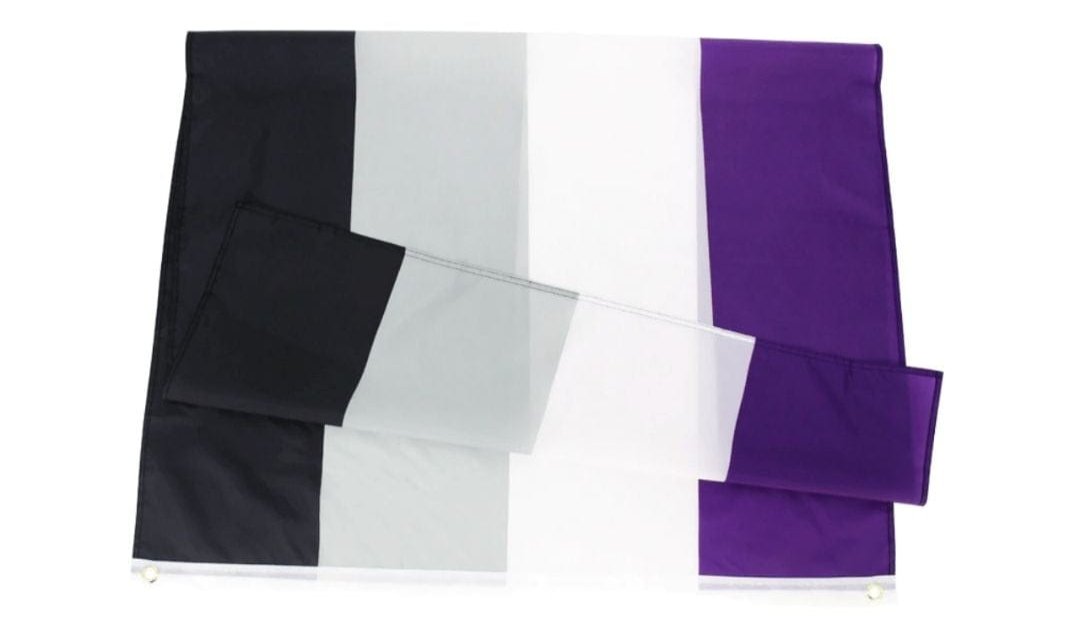
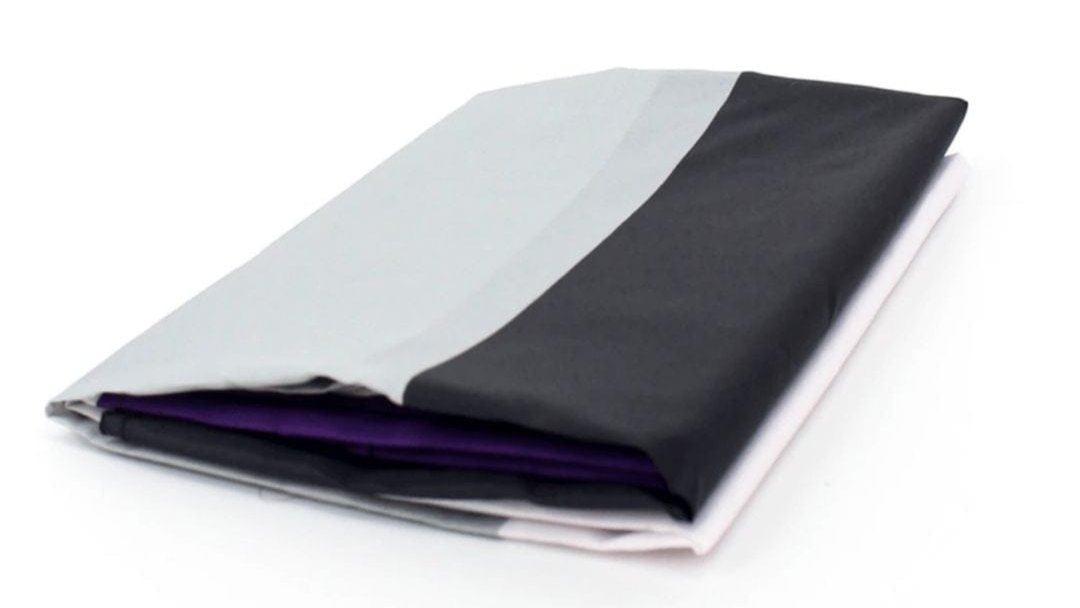

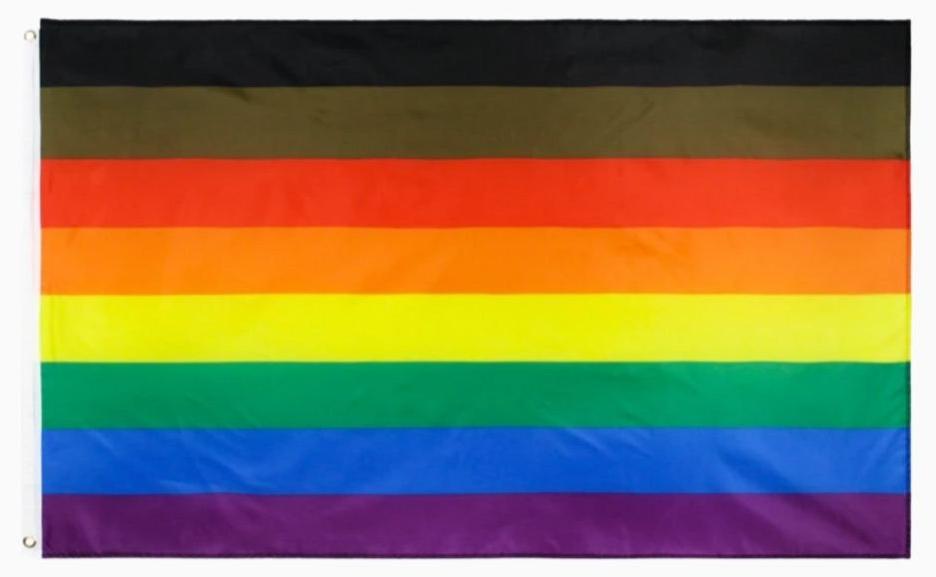
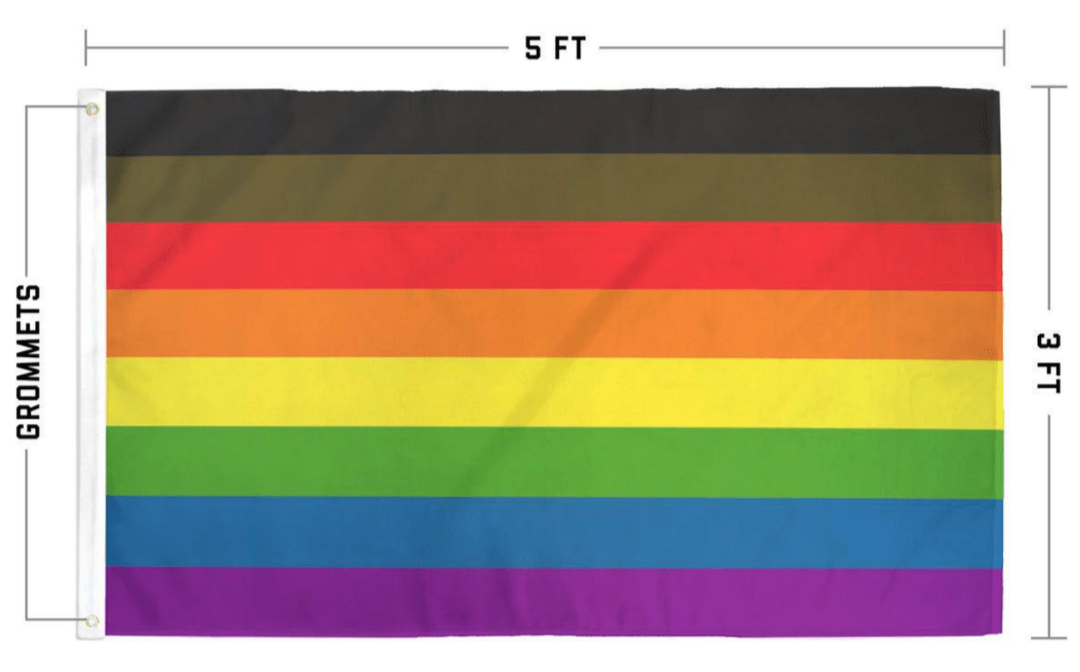
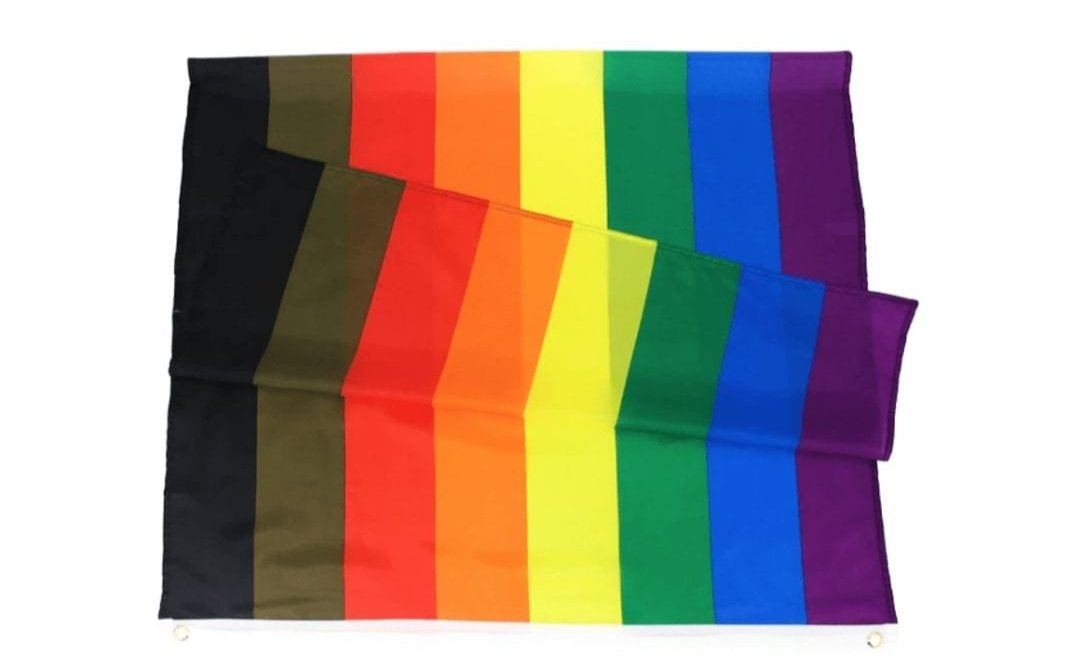
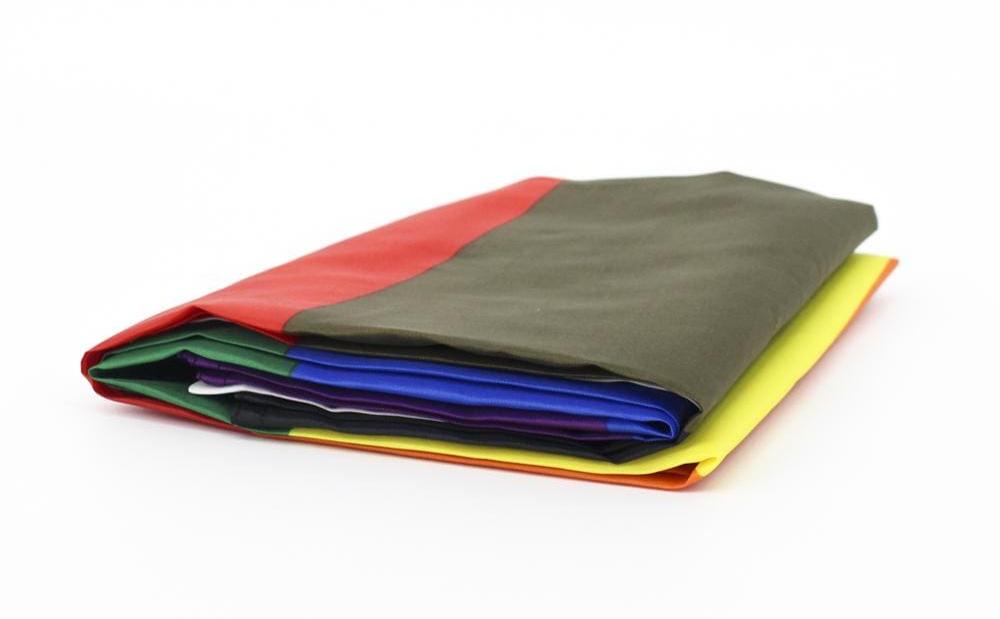
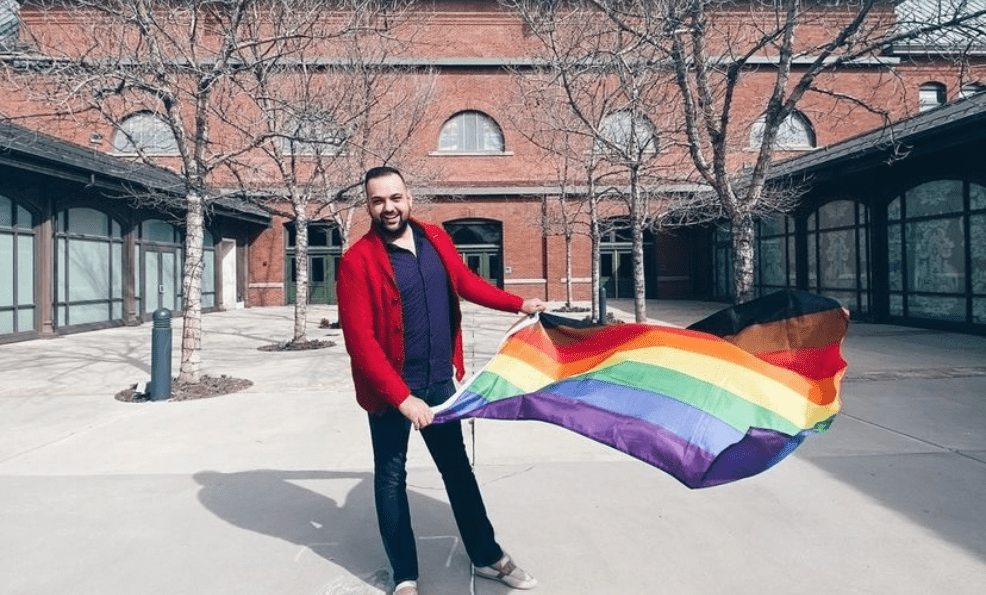
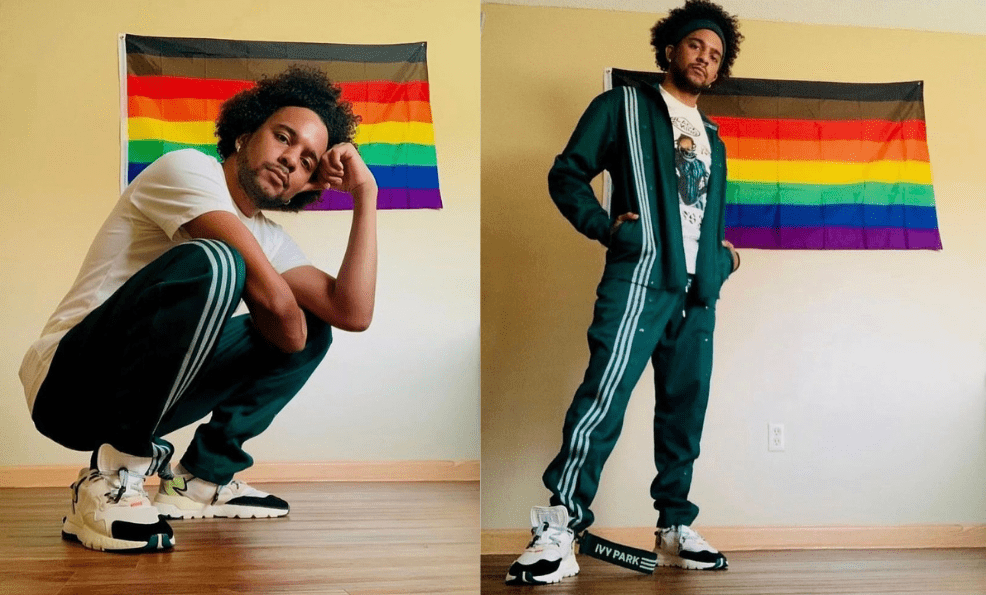
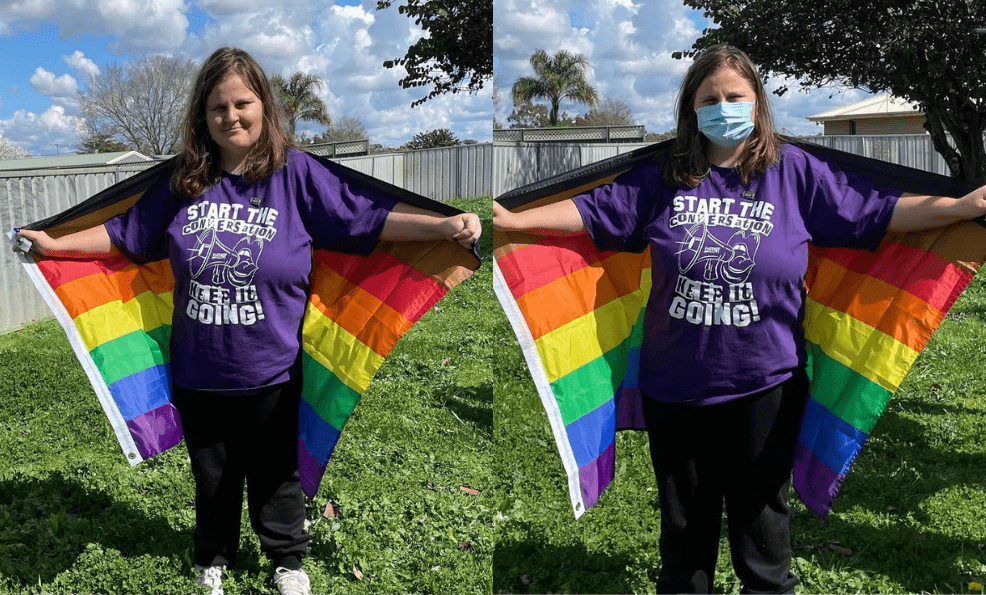
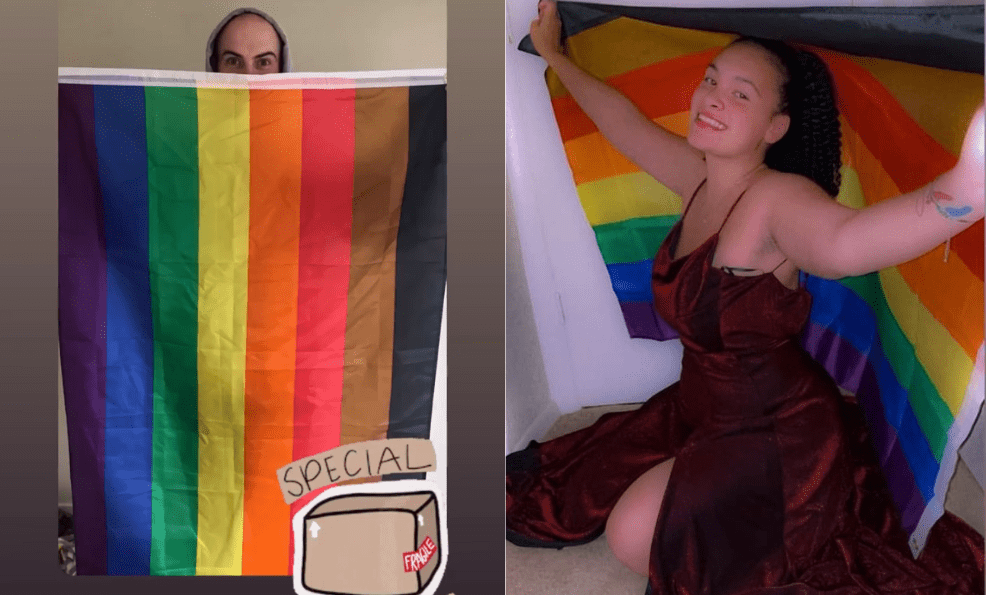
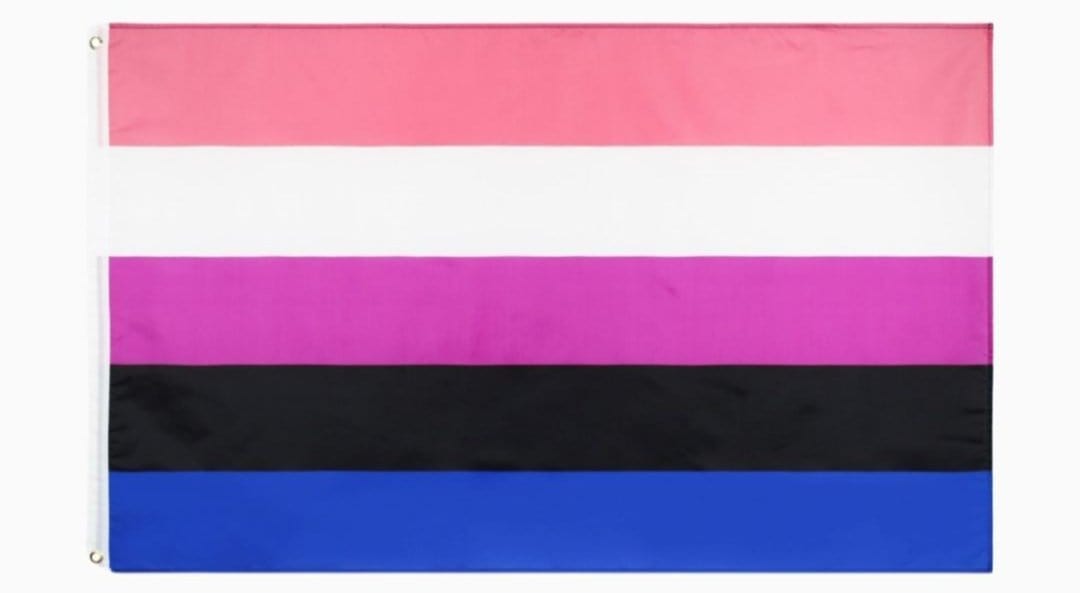
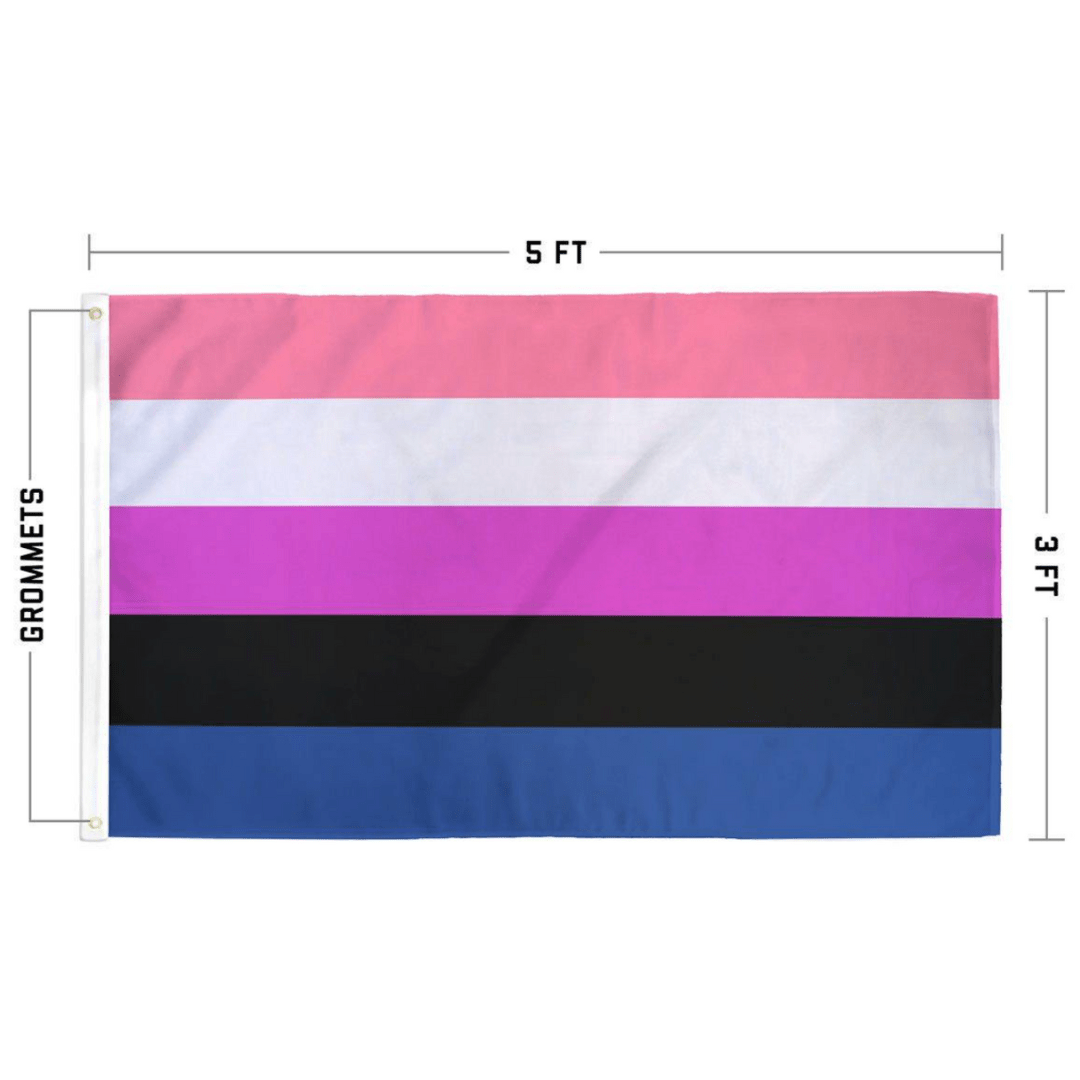
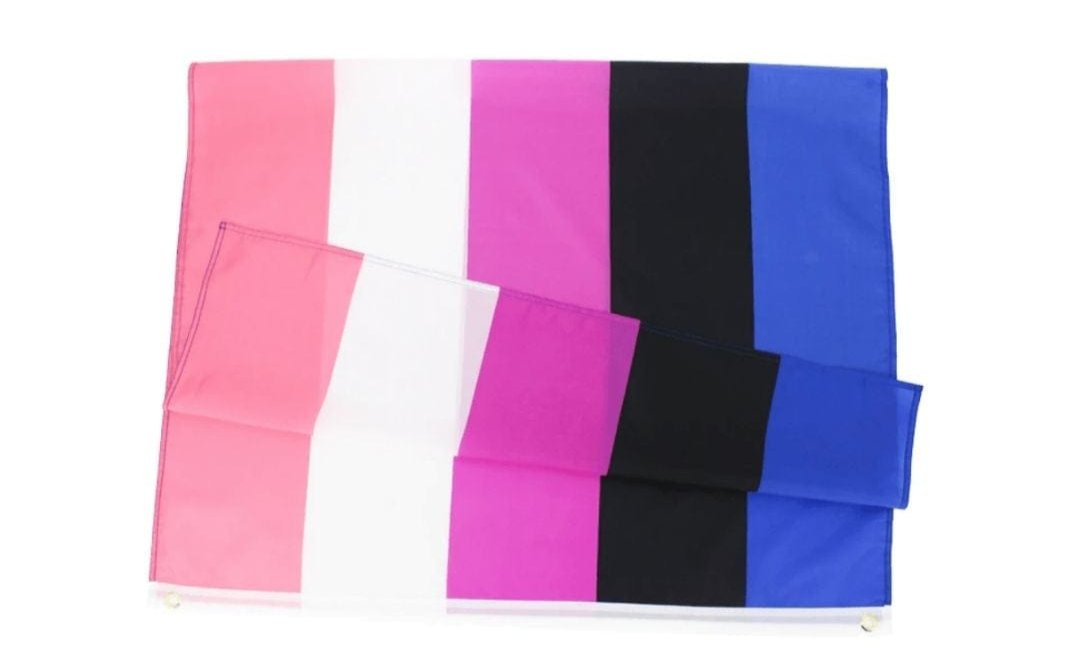
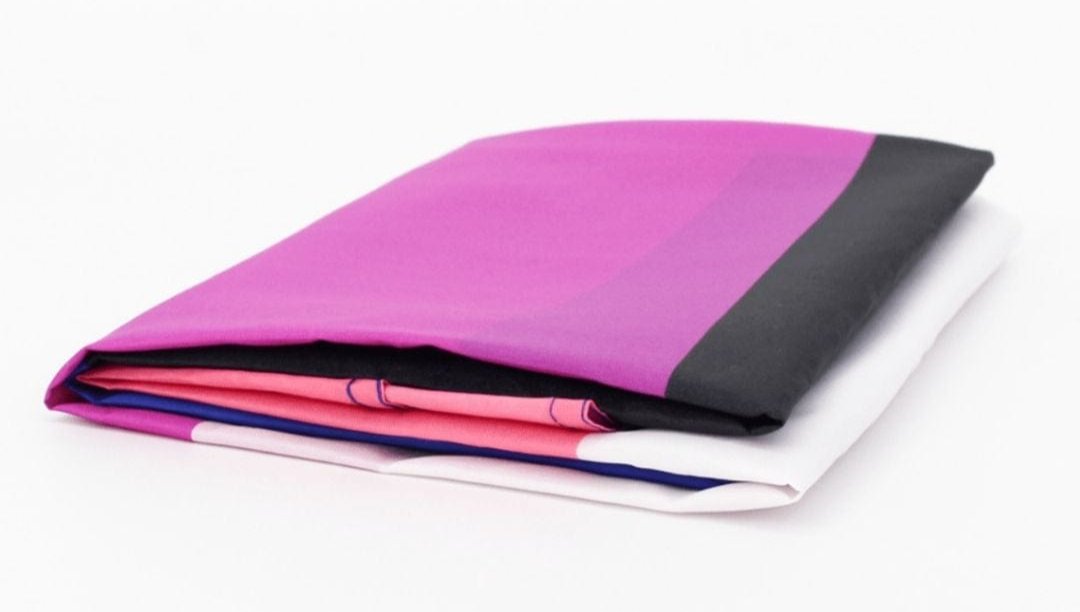
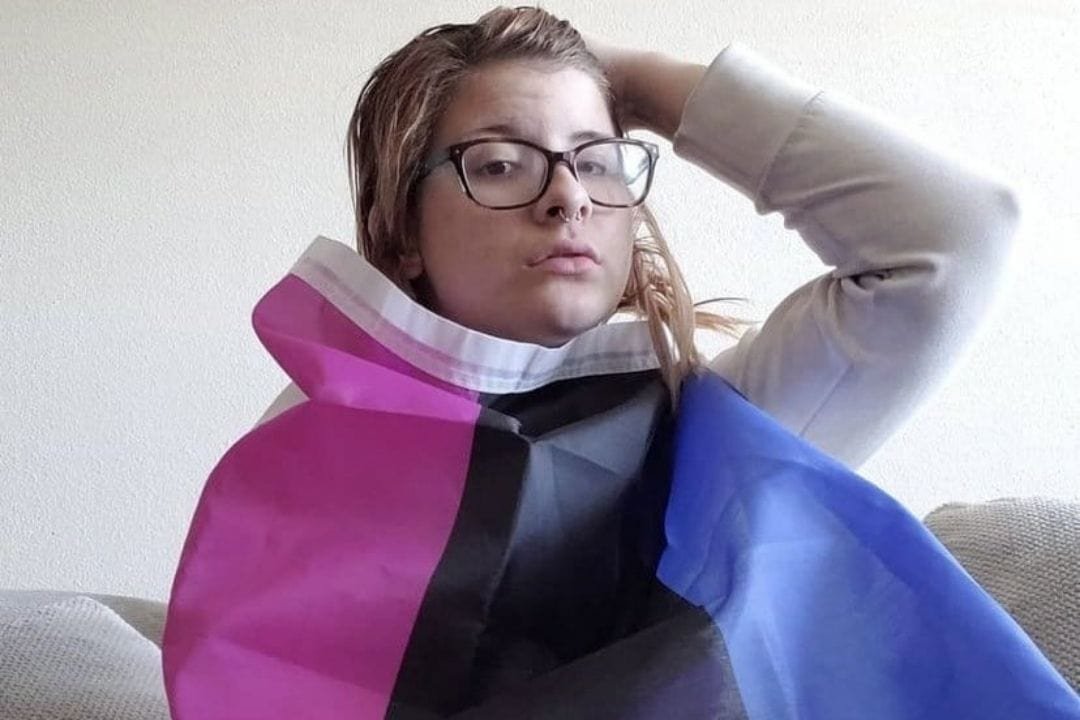
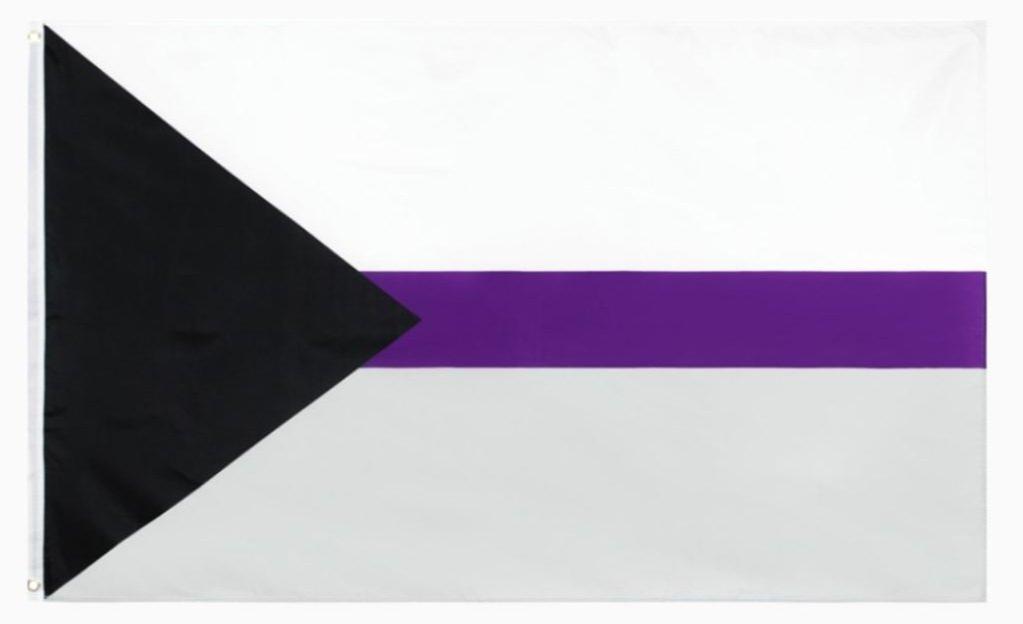
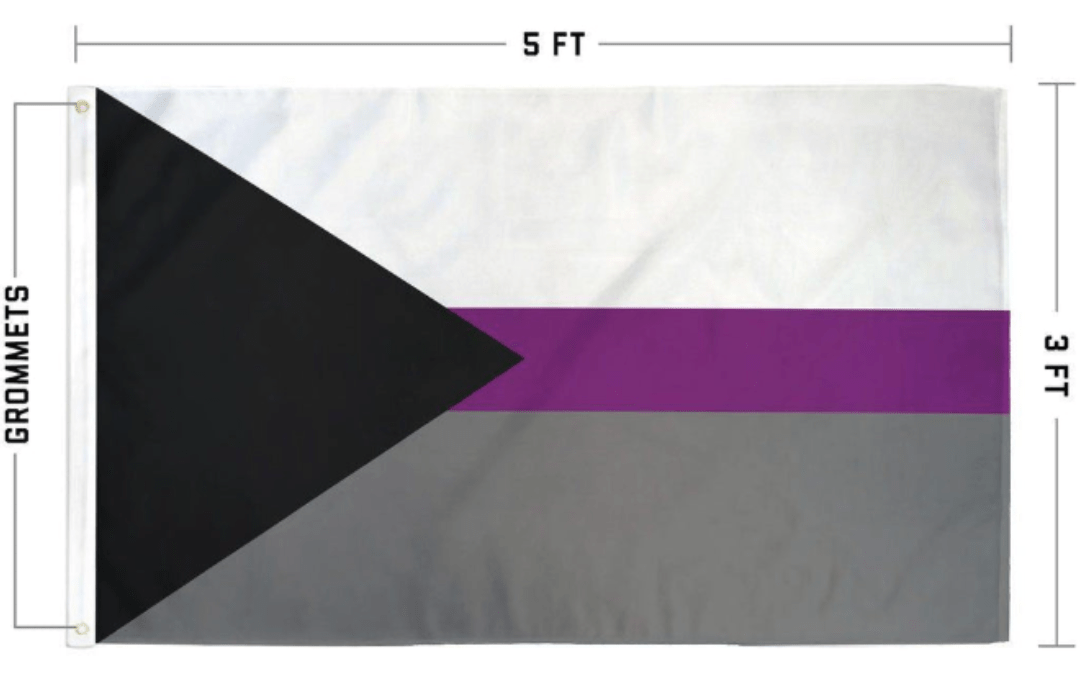
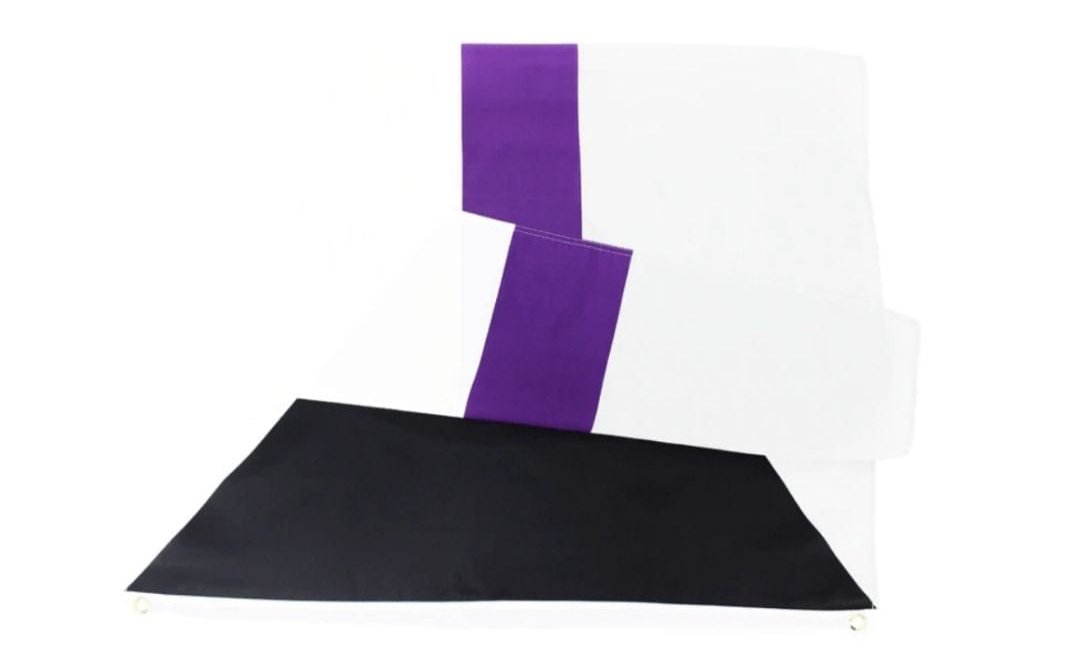
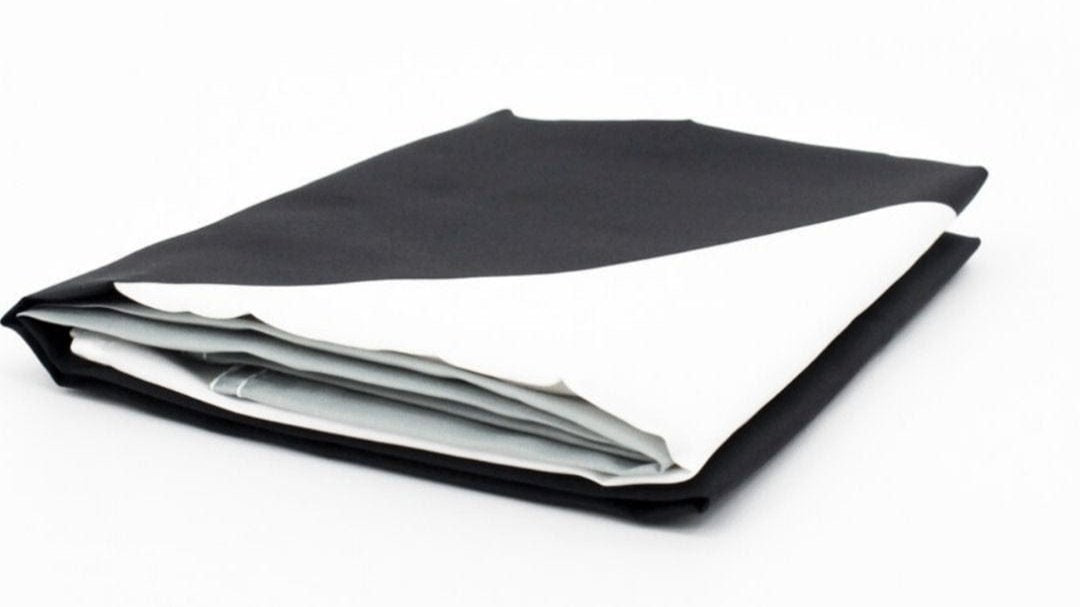
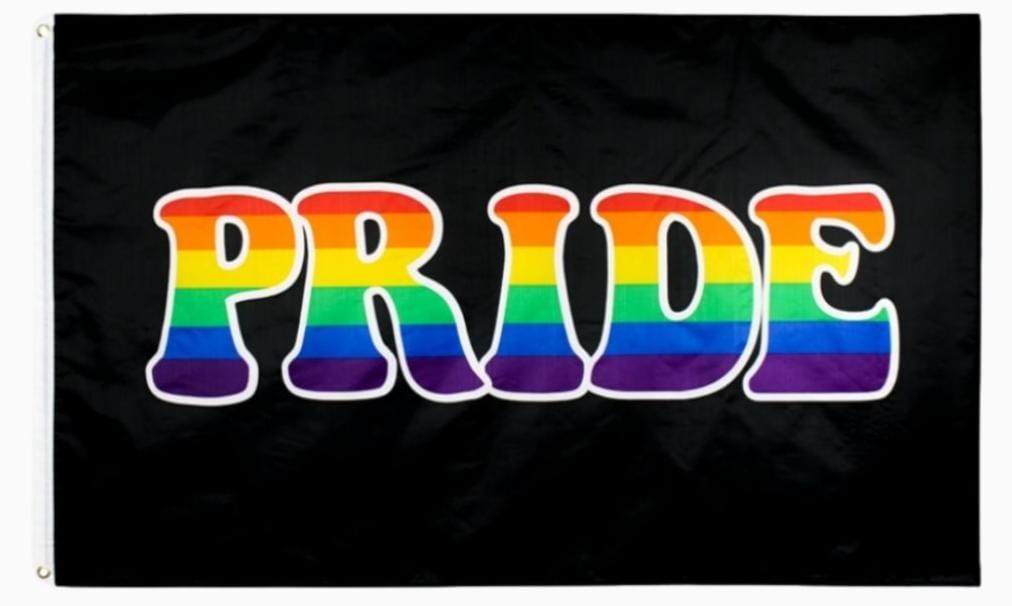
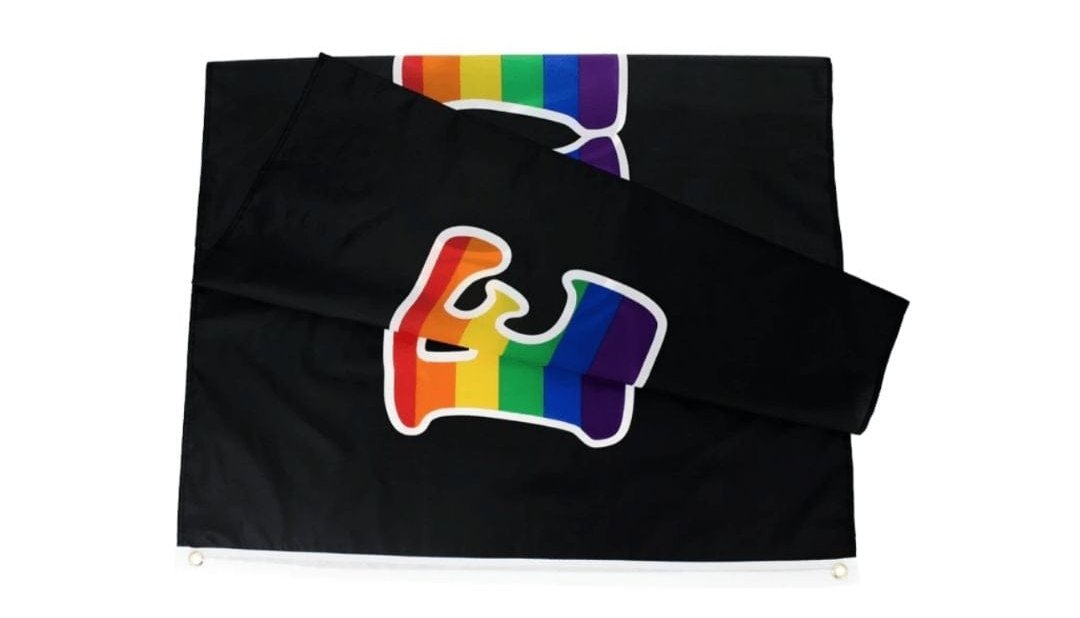
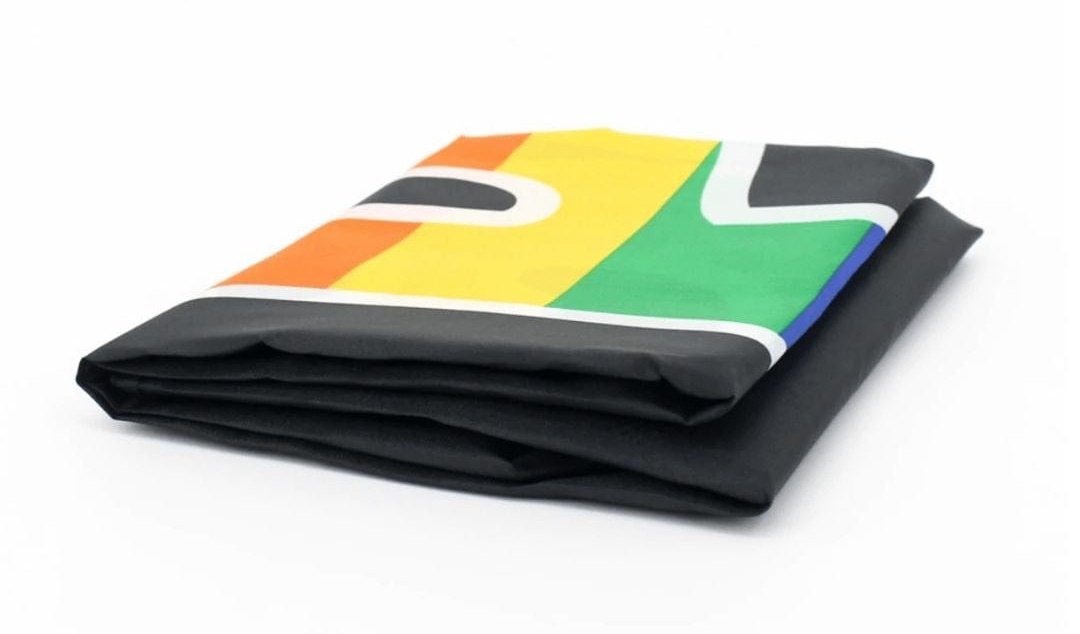
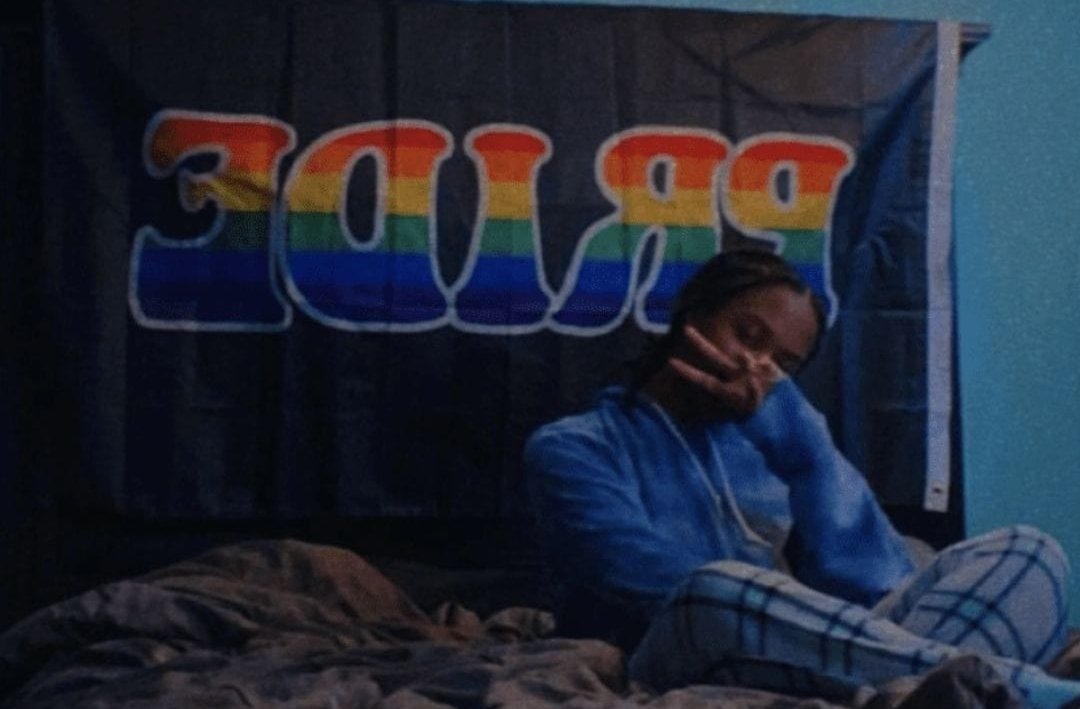
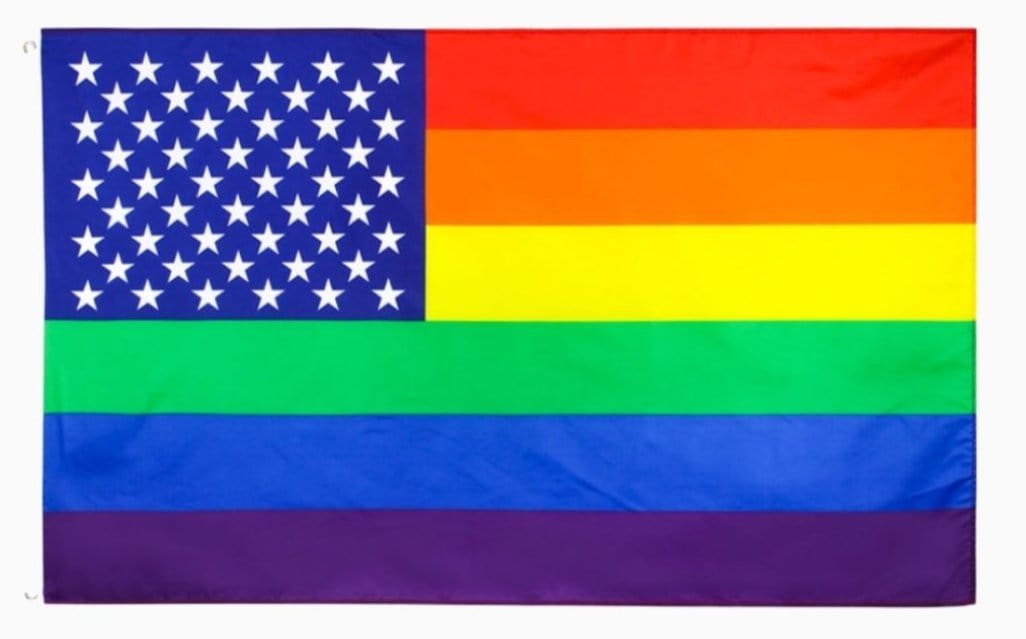
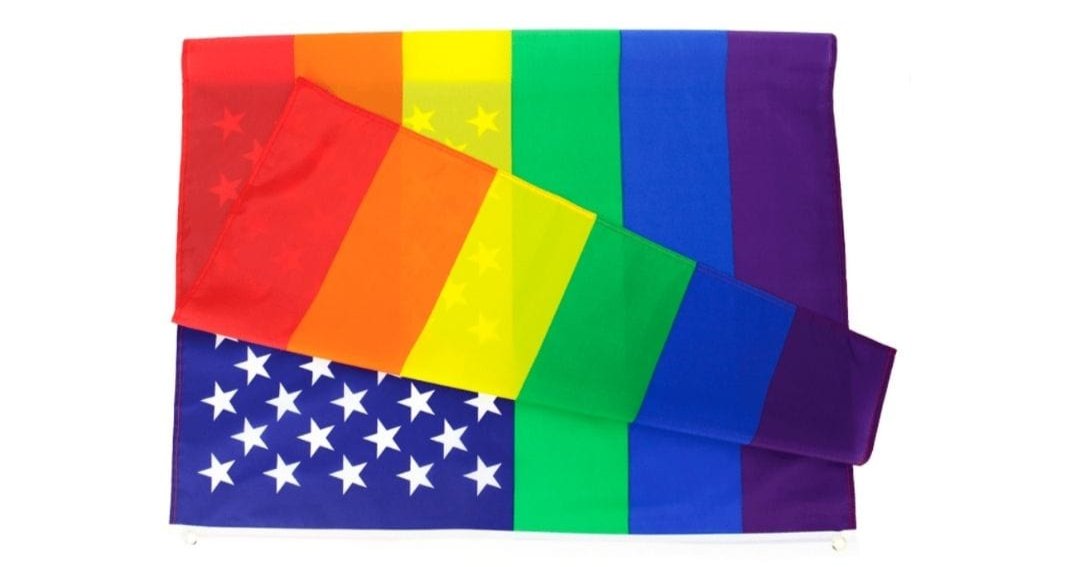
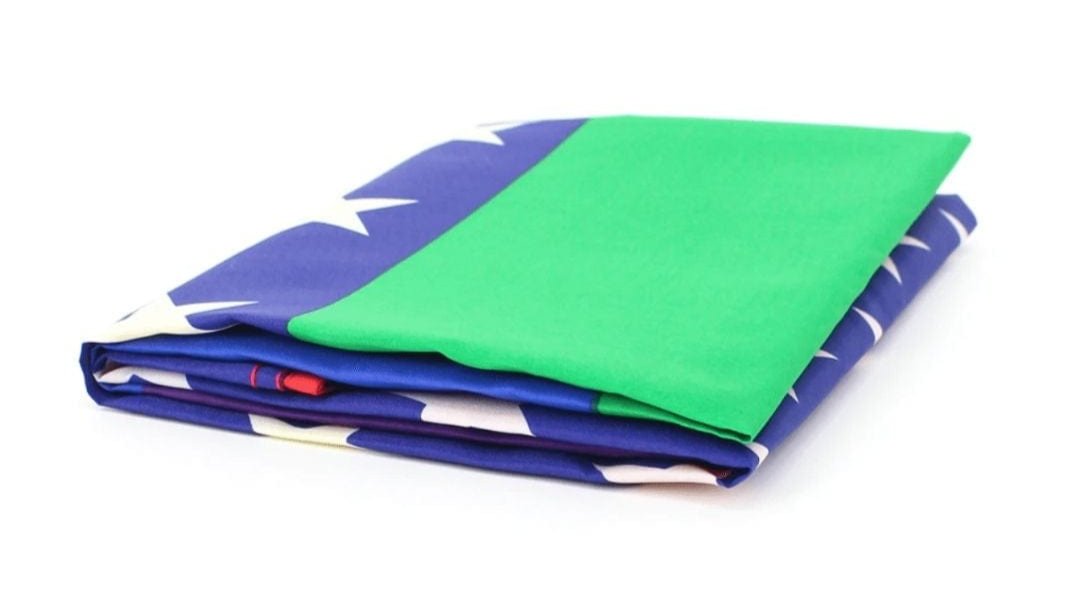
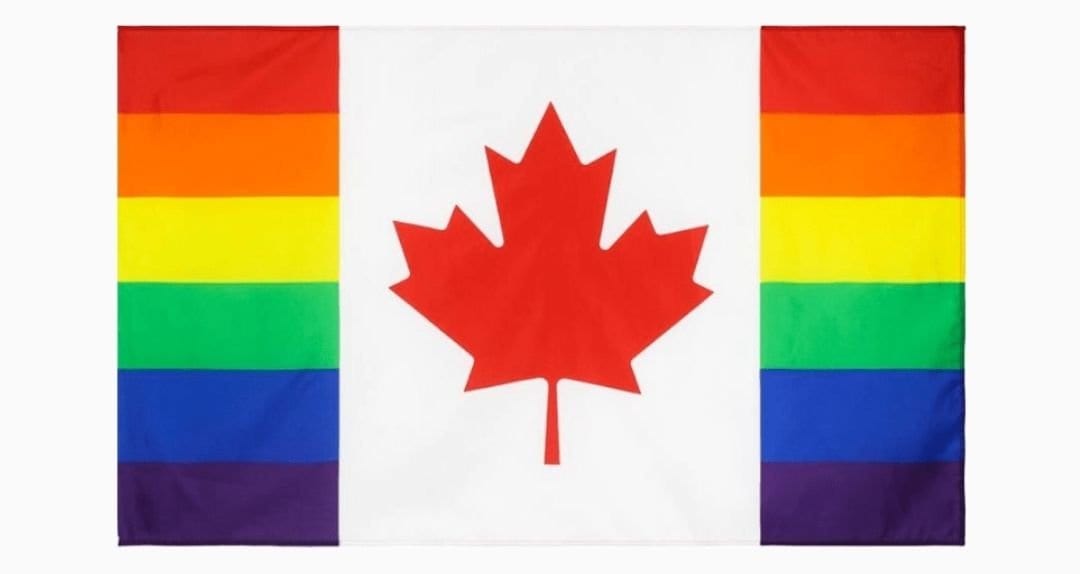
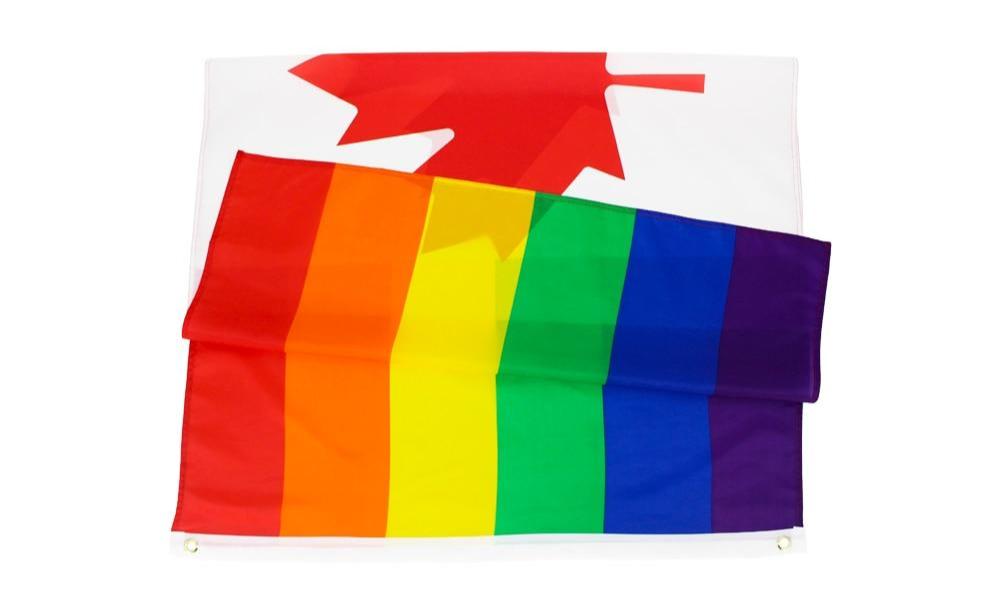
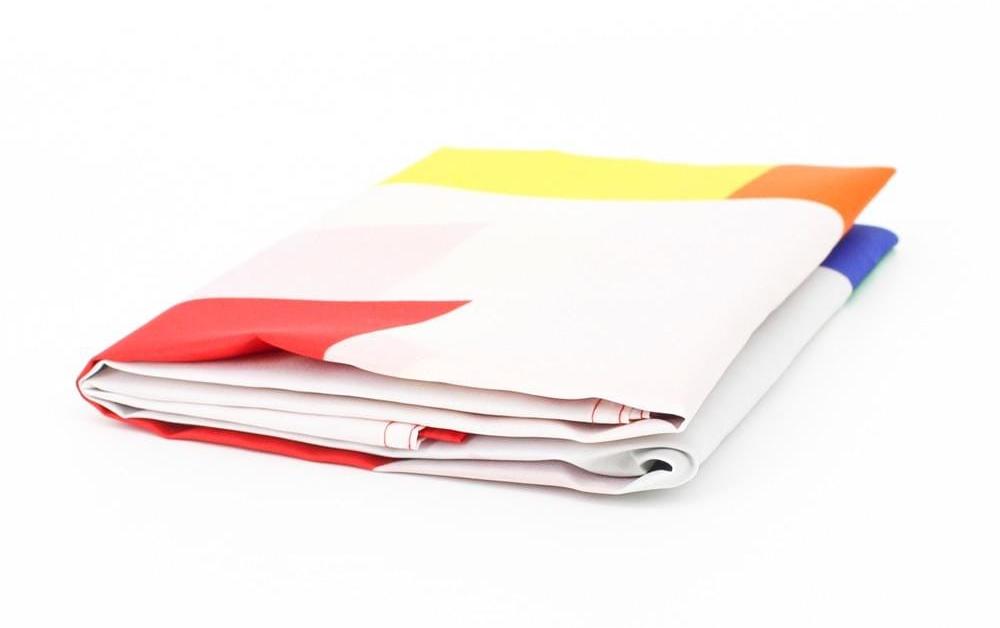
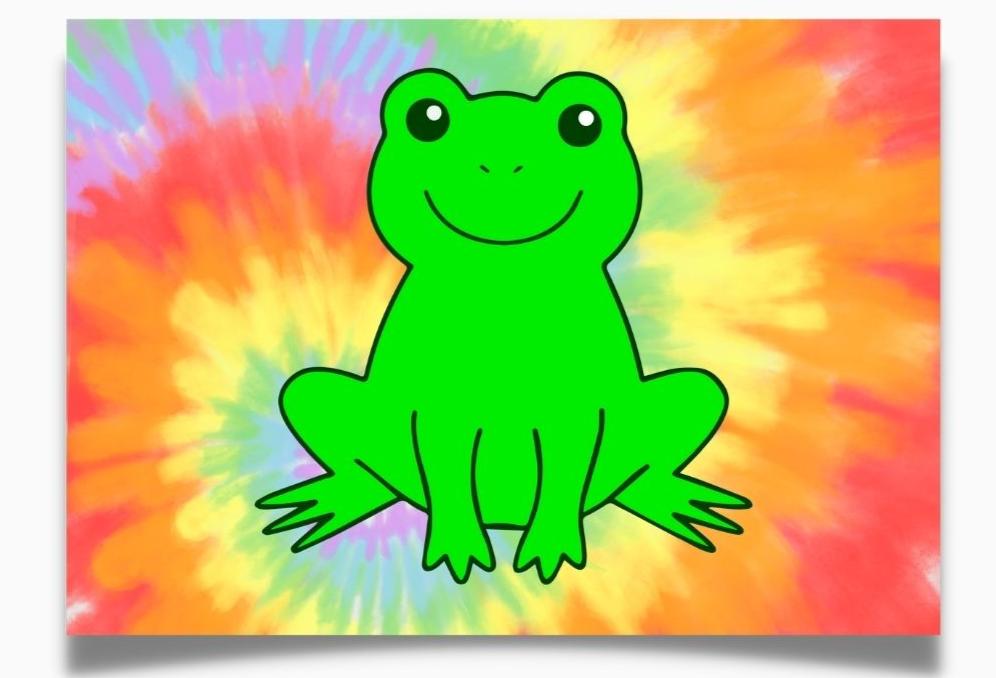
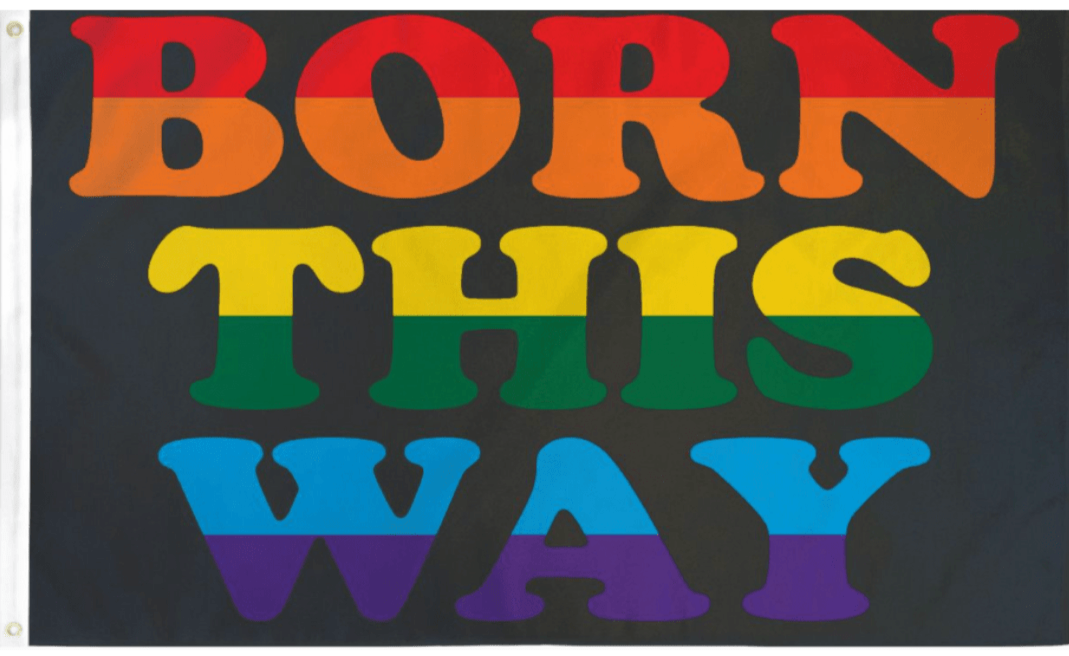
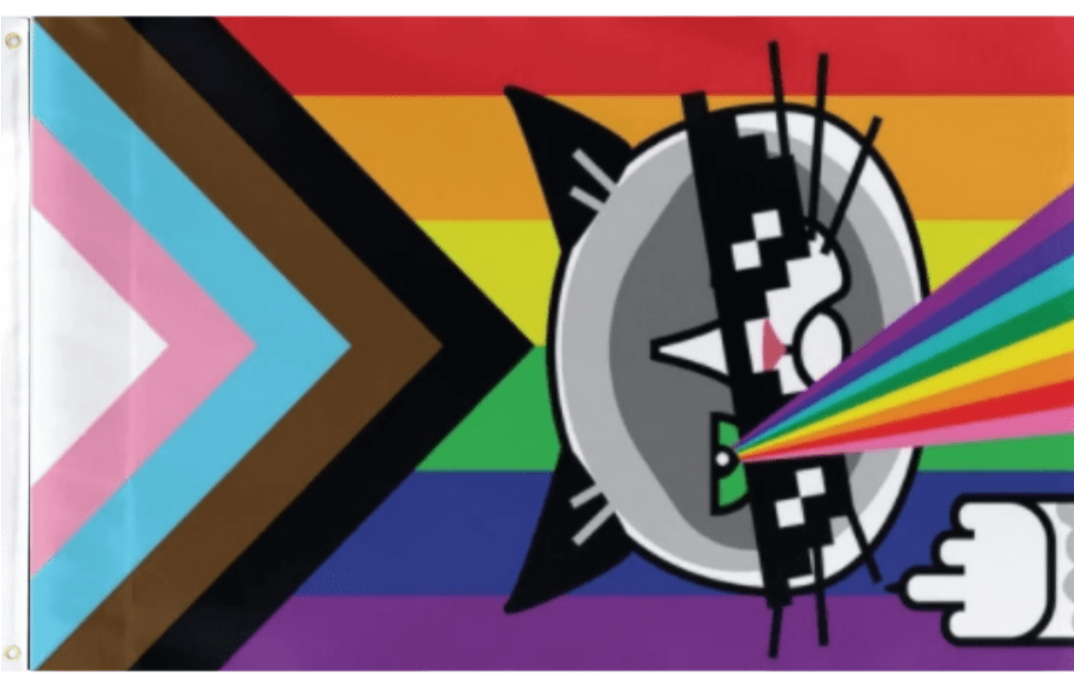
Comments
555
555
555
555
555
555
555
555
555
555
555
555
555
555
555
555
555
555
555
555
555
555
555
555
555
555
555
555
555
555
555
555
555
555
555
555
555
555
555
555
555
555
555
555
@@YlTcf
1
����%2527%2522
1’"
555’||DBMS_PIPE.RECEIVE_MESSAGE(CHR||CHR||CHR,15)||’
555*DBMS_PIPE.RECEIVE_MESSAGE(CHR||CHR||CHR,15)
H9VF0JWx’)) OR 354=(SELECT 354 FROM PG_SLEEP(15))—